A taskforce model is being_employed
to bring together scientists from many countries
A large taskforce of researchers from various sub-disciplines within the fields of affective research and neuroscience is now being assembled_to take up this challenge (the teams being assembled are shown below). This project is a 2-3 year initiative that should be completed in 2018. It will involve an initial workshop that will take place in Halifax, Nova Scotia, Canada (4th-5th August of 2016) where participants will explore and revise the initial framework and then engage in the production of a series of articles that will be prepared for a planned special issue in Elsevier's Neuroscience and Biobehavioural Reviews (Impact Factor 8.8). The task force will also produce a fully integrated capstone article that will pull these pieces together, with the goal of producing a landmark publication that will shape the future of the field.
Although this is an ambitious project, the distribution of work that occurs in this distributed model ensures that the project can sit easily alongside existing research that is being undertaken in most labs. Contributing authors are encouraged to engage junior researchers (e.g., PhD students and post-doctoral students) in the team reviews. The nature of these reviews will present great learning opportunities and contributing authorships for junior researchers who participate.
The twelve reviews are all focused on important areas that are described within a preliminary taxonomy. The goal of this project will be for each team to produce a detailed description of the domains that are encompassed by each of the elements of the framework, and then to test the framework against the existing peer-reviewed literature. The challenge for each of these teams will be to try to produce a compact synthesis of the literature while clarifying the nature of any important relationships that are described in the preliminary framework that is developed.
Acting
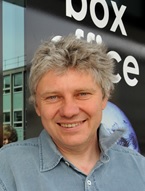
Justin H G Williams, MRCPsych, MD - Senior Lecturer in Child & Adolescent Psychiatry at the University of Aberdeen, Dr Williams commenced his scientific career studying ecology and evolutionary biology before returning to clinical practice to pursue training in psychiatry. He then specialized in Child Psychiatry and moved to Dundee where he collaborated with Andrew Whiten and David Perrett from the University of St. Andrews on the "mirror neuron" theory of autism, which has driven much of his research agenda thereafter. In 2000 he took up the post of Senior Lecturer in Child & Adolescent Psychiatry at the University of Aberdeen, where his focus remains the neural basis for social learning, particularly in relation to imitation and autism. Recently, he has begun to investigate the imitation of emotional expressions and the relationship of this ability to empathy. Dr Williams also serves as Consultant in Child and Adolescent Psychiatry at Royal Aberdeen Children's Hospital.

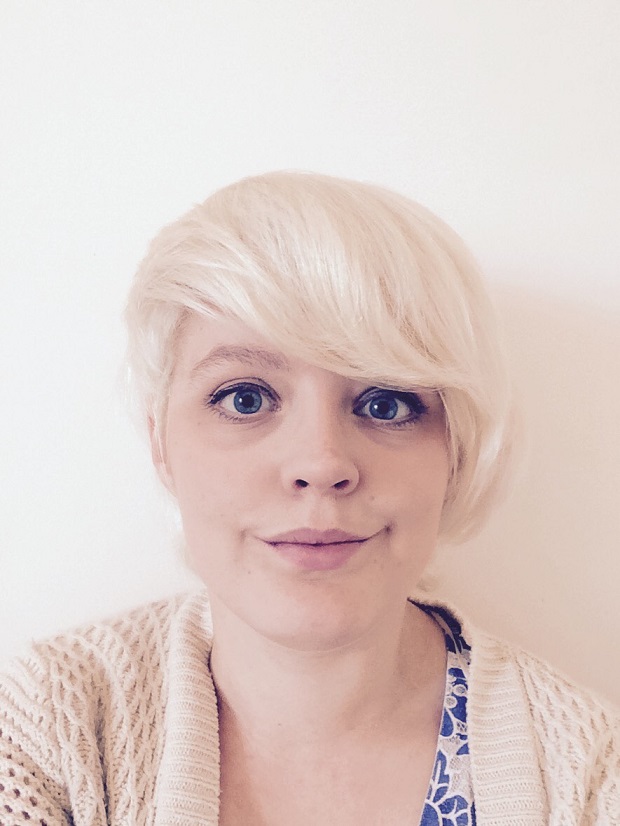
Charlotte Huggins, BSc., MSc. - PhD candidate in mental health at the University of Aberdeen, examining how emotional granularity relates to imitation and empathy. Interested in relationships between motor cognition and emotion, and how this may relate to autism.

Barbra Zupan, PhD - Associate Professor of Speech and Hearing Sciences in the Department of Applied Linguistics at Brock University, St. Catharines Ontario, Canada. Dr. Zupan's research is primarily focused on the perception and integration of facial and vocal emotion expressions of emotion, in typically developing children and adults, and also in adults with traumatic brain injury. In current research, she is also exploring sex differences in emotion recognition and empathy.
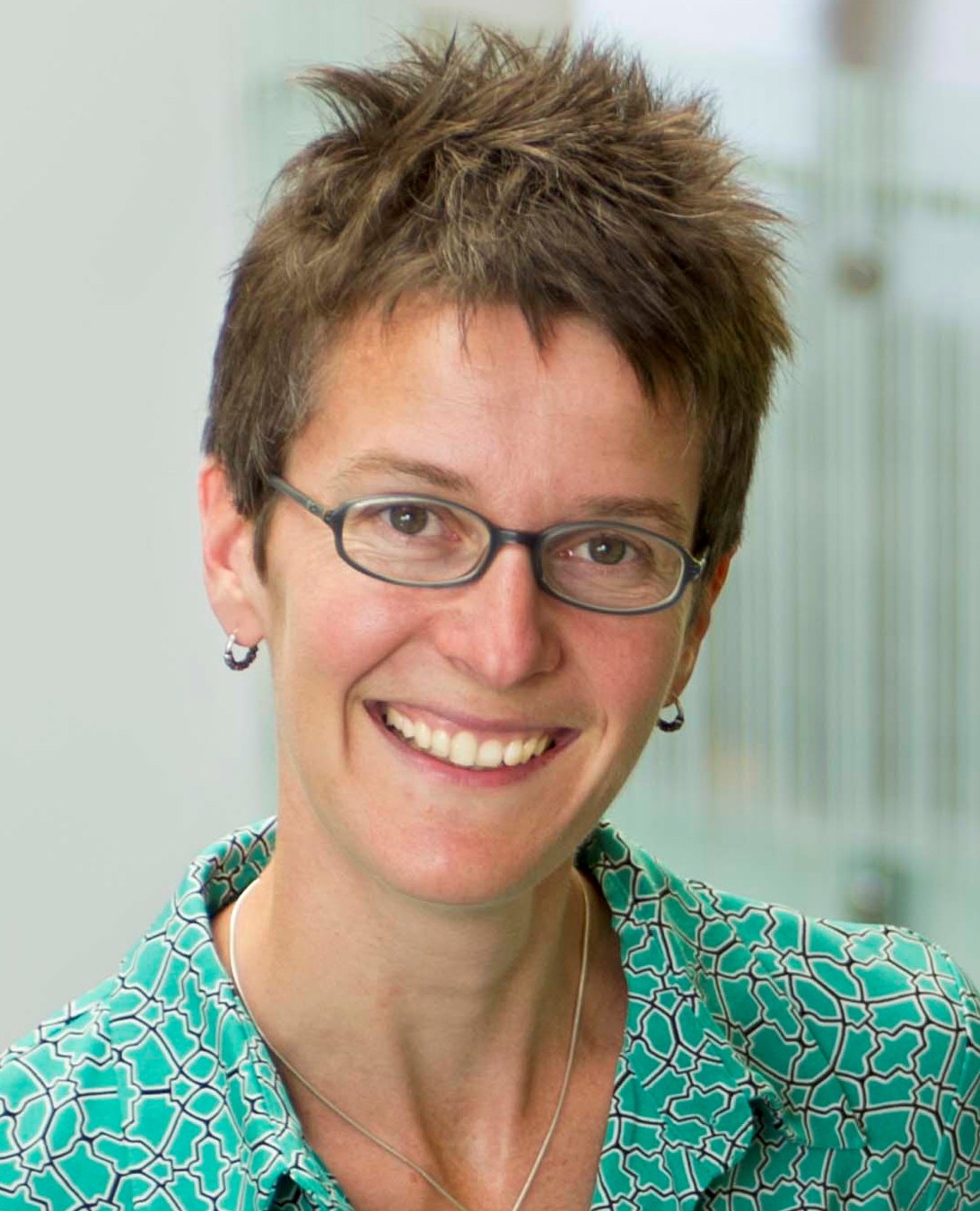
Catherine Nicole Marie Ortner, PhD - Assistant Professor in the Department of Psychology at Thompson Rivers University. Dr Ortner is interested in the predictors and consequences of emotion regulation. In particular, she examines the cognitive costs of different emotion regulation strategies, such as reappraisal and suppression. In current research she is also exploring how beliefs, motivations and individual differences predict regulatory choices and subsequent well-being, with the aim to ultimately facilitate adaptive emotion regulation choices, both in the laboratory and in every day life.

Chiang-shan Ray Li, MD, PhD - Associate Professor of Psychiatry and Neuroscience at Yale University School of Medicine. His research focuses on systems neuroscience and combines experimental psychology, computational modeling and brain imaging to understand the neural bases of cognition and emotion and how these neural processes are compromised in neuropsychiatric illnesses. His current research is funded by the NIDA, NIAAA, and NSF.

Donatella Marazziti, MD, PhD - adjunct professor of psychiatry in the Department of Clinical and Experimental Medicine, Section of Psychiatry, University of Pisa. Dr. Marazziti's main focus is on the role of serotonin and dopamine system in the pathophysiology of different neuropsychiatric conditions, through the wide us of peripheral markers in blood cells, or in situ hybridization in the human brain. Another main interest is the neurobiology of emotions, in particular love, romantic attachment and jealousy. She is well-known all over the world for the parallelism between early phase of romantic love and obsessive-compulsive disorder, both characterized by a decreased number of the platelet serotonin transporter. Dr. Marazzti is in the editorial board of different international journals. She won several international and national prizes for her studies and achievements. She is recipient of different research grants, one from the Italian Government to investigate non pharmacological addictions specifically Internet addiction.She has authored more than 550 papers (260 in the Pubmed) with the cover of Molecular Brain Research, CNS Spectrums, Brain Research and Physiology and Behaviors. She has written 8 books, and two bets-seekers, one on love and one no jealousy.
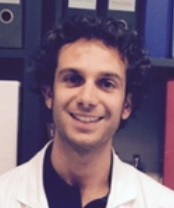
Federico Mucci, MD - Resident in the Department of Clinical and Experimental Medicine, Section of Psychiatry, University of Pisa. Federico is completing his training with research focus on neurobiology of love, non phar, ecological addictions and ADHD in adulthood
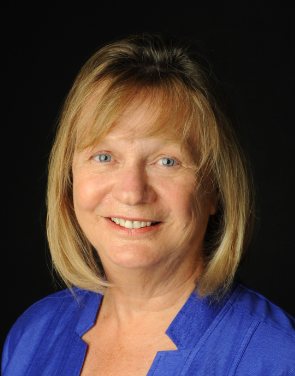
Joanne M Dickson, PhD - Recently taken up an Associate Professor of Psychology at Edith Cowan University in Australia, after several years as the Director of Research on a doctoral clinical psychology programme at the University of Liverpool, where she now holds an Honorary Research Fellow in the Department of Psychological Sciences. Dr Dickson's main research interests are in the area of personal goal motivation, affect and goal appraisal processes and how these processes underpin adult and adolescent mental health (e.g., well-being, anxiety, depression, addiction). Her research has examined a range of explicit and implicit goal regulation processes in relation to mental health. This research interest extends to the developmental aspect of motivation, affect, and goal regulation in adolescence and adulthood.
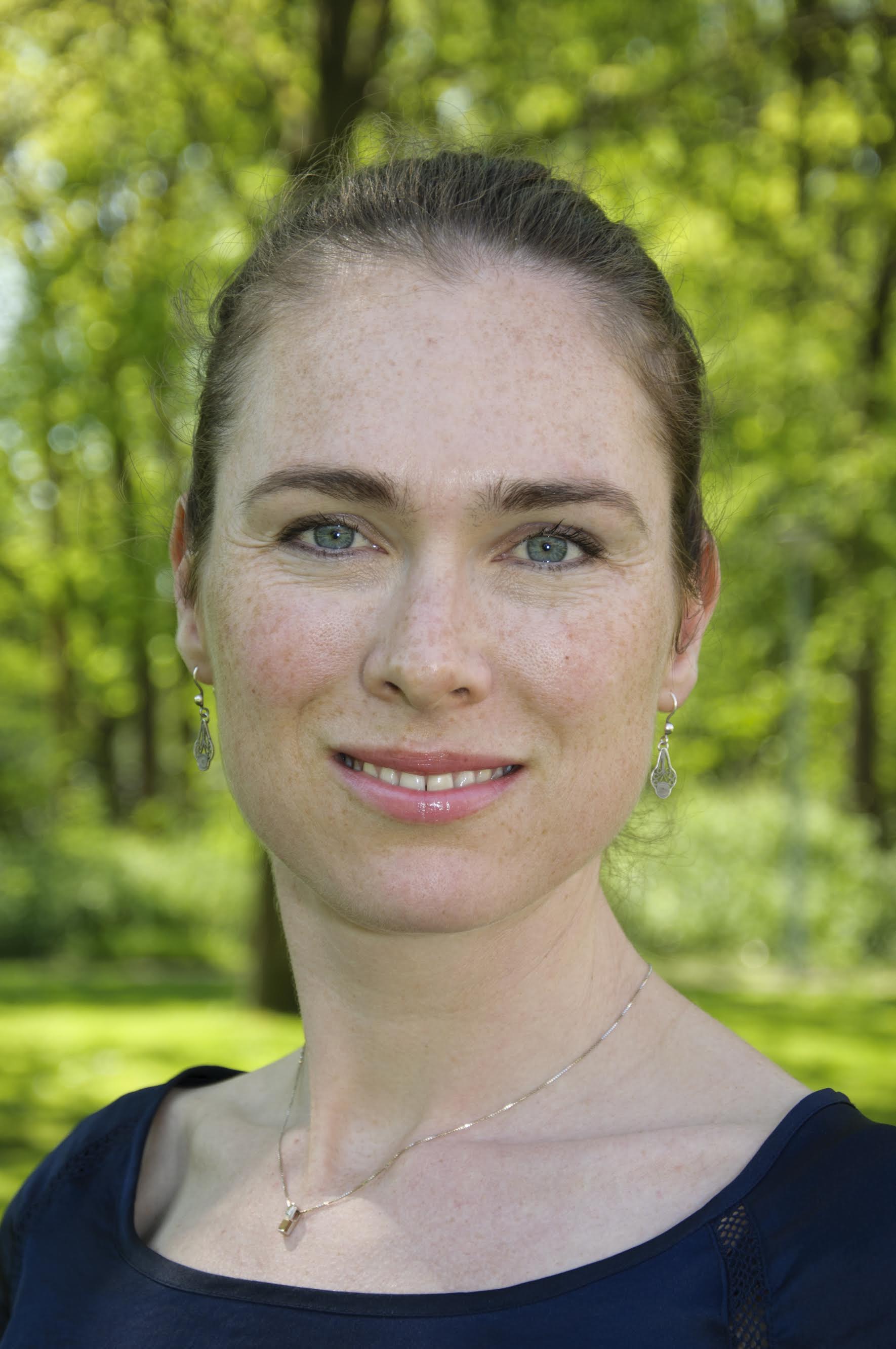
Mariska Kret, PhD - Assistant professor at the Cognitive Psychology Unit, Leiden University (The Netherlands). Dr Kret's research interests are interdisciplinary drawing mostly on affective neuroscience and comparative psychology. In her VENI-project, she investigates emotion processing, pupil-mimicry, their neurophysiological underpinnings and impliations for social decision making in humans as well as in great apes.

Friederike Behrens, MSc - PhD student at the Cognitive Psychology Unit, Leiden University (the Netherlands). Her research interests are in the physiological underpinnings of social cognition. In her PhD project she investigates how physiological responses such as changes in pupil size facilitate emotion processing and how mimicking these social signals affects the interpretation of other's intentions and influences one's own cooperative behavior.
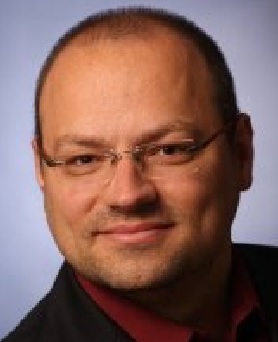
Martin Krippl, PhD - Lecturer at the Otto-von-Guericke University Magdeburg. Dr. Krippl is emotion and motivation researcher with a strong focus on facial expression, but also with expertise in psychophysiological and neuronal correlates of emotions and facial movements. His team conducts mainly emotion recognition as well as emotion production experiments including the application of the Facial Action Coding System, psychophysiology and fMRI. Dr. Krippl has also experience in several fields of applications of emotion research, including "Theory of Mind" in forensic psychiatry (especially on psychopathy) and facial emotion expression in human-computer-interaction. His work in motivation research focuses on the measurement of motives in general and in a sport psychological context.

Romina Palermo, PhD - Associate Professor in the School of Psychology at the University of Western Australia, leading the Person and Emotion Perception Laboratory. She is also an Associate Investigator of the Australian Research Council Centre of Excellence in Cognition and its Disorders, an Associate Investigator of the Social Potential in Autism Unit at the Friedrich Schiller University Jena, Germany, and an Honorary Associate of the Department of Cognitive Science at Macquarie University, Australia. Her research aims to understand the perceptual, cognitive, and neural mechanisms underlying person perception. This involves studying how typically developing children and adults perceive, understand and interact with faces, bodies and voices displaying various emotions. Her lab also investigates in what ways these emotion processes break-down in children and adults with atypical development (e.g., congenital/developmental prosopagnosia; autism), psychopathology (social anxiety; callous-unemotional traits), or brain injury (e.g., amygdala/orbitofrontal cortex lesions).

Megan Willis, PhD - Senior Lecturer at the Australian Catholic University, Dr Willis's research interests are in the domain of social cognition and emotion recognition. She has a particular interest in understanding the cognitive, physiological and neural mechanisms that underpin the capacity to not only recognise emotion in others, but to also regulate our social behaviour in response to the emotions of others.

Tamsyn Van Rheenen, PhD - Australian National Health and Medical Research Council (NHMRC) Research Fellow working in the area of cognitive neuropsychiatry. Her current research interests include the use of neuropsychological and neuroimaging techniques to study the brain and behaviour in bipolar disorder and schizophrenia. She has a particular focus on understanding overlaps and differences in neurocognitive and social cognitive processes in these disorders, in the hopes of providing insight into what constitutes shared endophenotypes for psychosis. Dr Van Rheenen is based at the Melbourne Neuropsychiatry Centre at the University of Melbourne, Australia, and holds honorary positions at the Brain and Psychological Sciences Research Centre at Swinburne University and the Monash Alfred Psychiatry Research Centre, Monash University / The Alfred Hospital, Melbourne Australia.
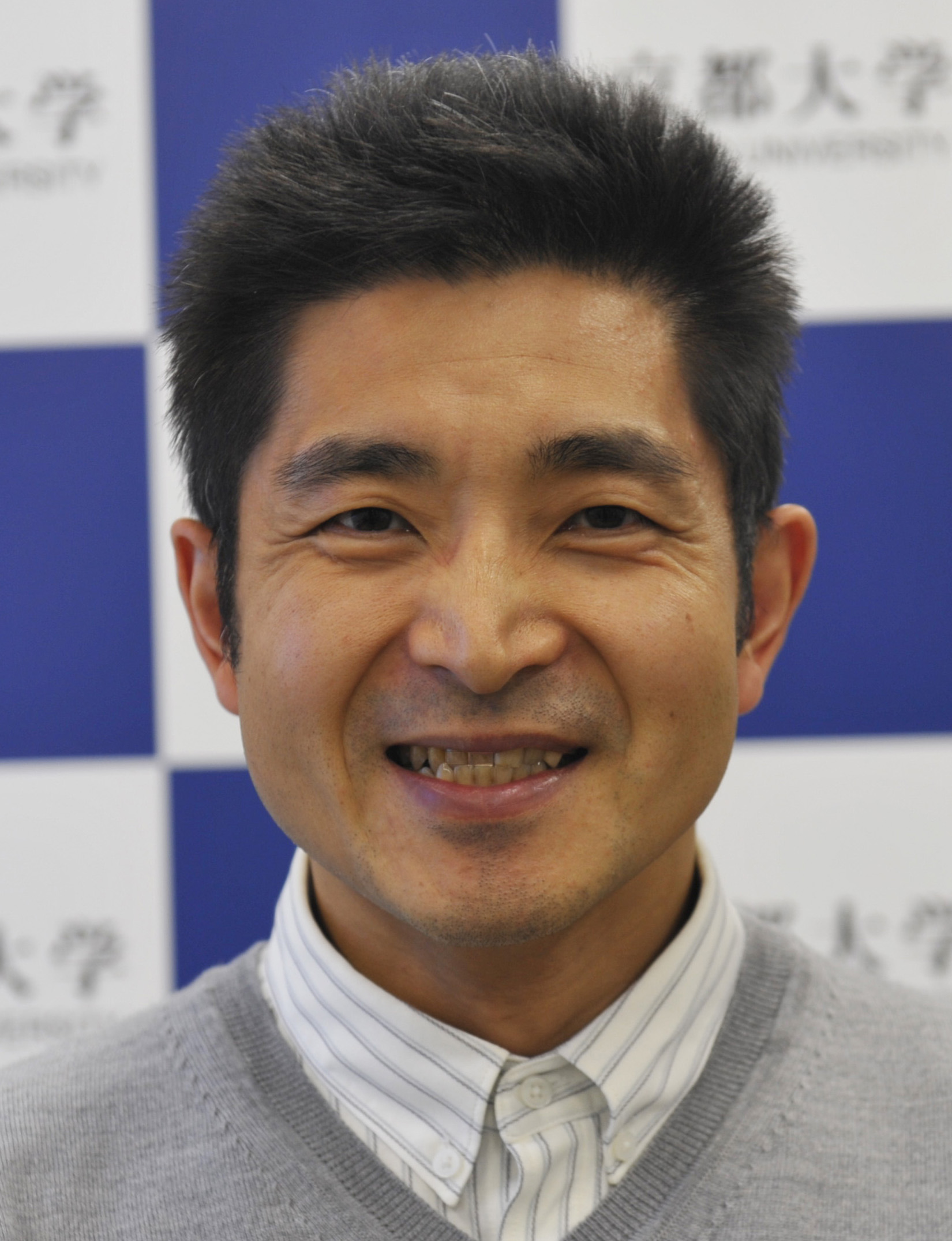
Wataru Sato, PhD - Associate Professor, Graduate School of Medicine, Kyoto University, Japan. Dr. Sato worked as Post-Doc Researcher in Department of Human and Environmental Studies and Department of Psychology, Kyoto University, Japan, from 2002 and 2006, and worked as Associate Professor in Primate Research Institute, Kyoto University, Japan, from 2006 and 2014. Dr. Sato's lab focuses on the psychological and neural mechanisms underlying emotion and social interaction.
Anger
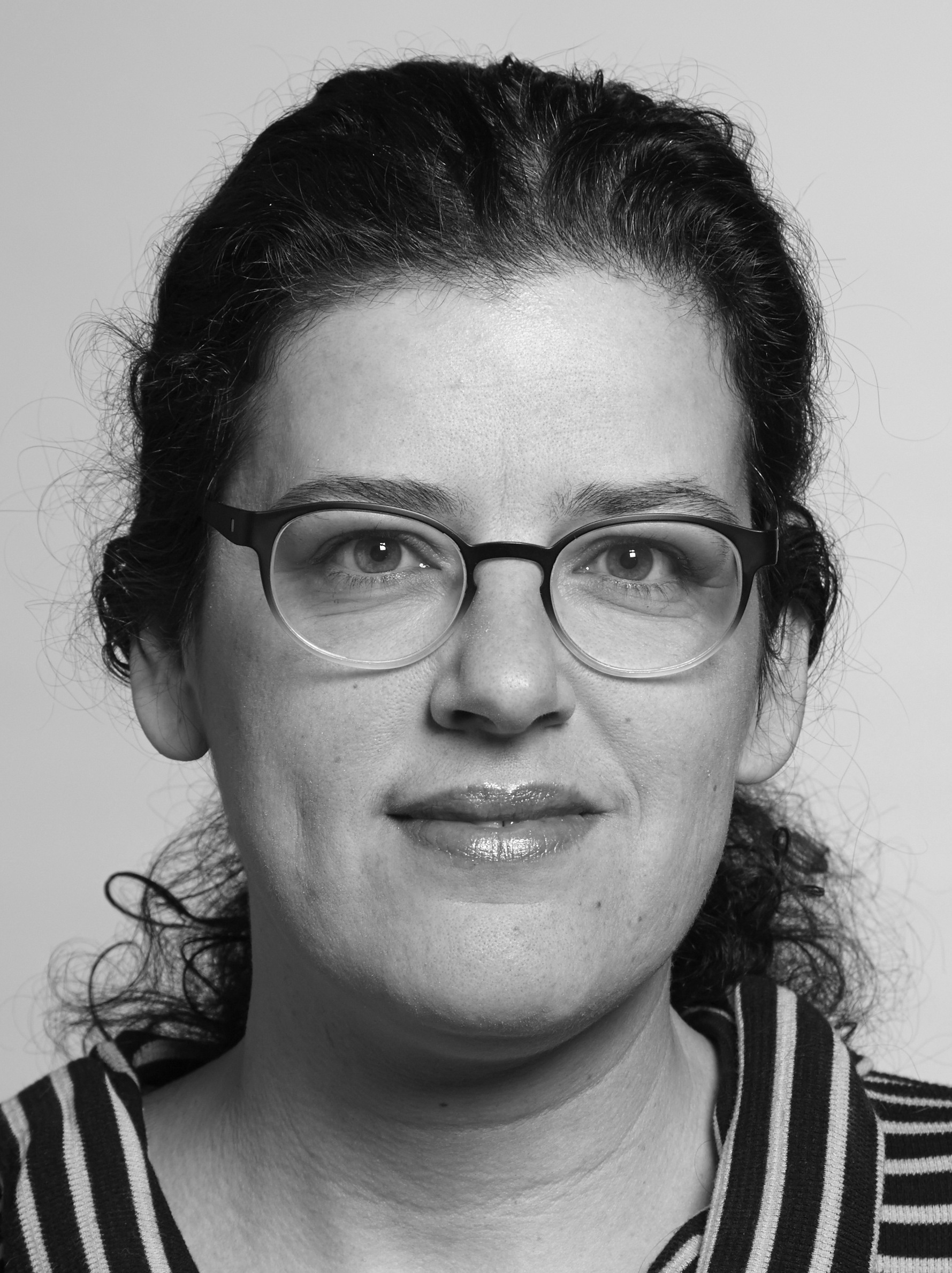
Nelly Alia-Klein, PhD - Associate Professor of Psychiatry and Neuroscience and co-chief of Neuropsychoimaging of Addiction and Related Conditions (NARC) research group, at Icahn School of Medicine at Mount Sinai in New York City. Dr. Alia-Klein and her laboratory are focusing on self-regulation in humans with Intermittent Explosive Disorder and drug addiction. An ongoing research effort in the lab is to characterize neural circuits of anger and anger control as well as bridging past work from animal research toward human focus on top-down mechanisms involving the prefrontal cortex in understanding anger as a unitary emotion


Gabriela Gan, PhD - Postdoctoral Fellow in the Neuropsychoimaging of Addiction and Related Conditions (NARC) research group at the Icahn School of Medicine at Mount Sinai in New York City. Dr. Gan's research centers on understanding the neural and behavioral mechanisms that underlie loss of control over behavior seen in excessive alcohol consumption and outbursts of aggression. In her dissertation at the Section of Systems Neuroscience at the Technische Universitat Dresden in Germany, she studied how acute alcohol intoxication alters the neural functioning during inhibitory control and experimentally-induced aggression in healthy young adults. In the NARC group, Dr. Gan investigates the neurobiology of reactive aggressive behavior by comparing brain function and brain structure in psychiatric populations with and without high trait anger (e.g., intermittent-explosive disorder). Her goal is to identify behavioral and neural markers that facilitate the expression of reactive aggression after anger-provoking events.
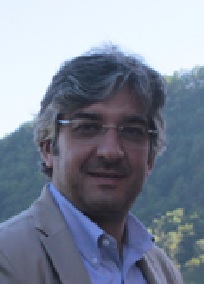
Antonio Bruno, MD, PhD - Assistant Professor of Psychiatry at Fixed-Term at the Faculty of Medicine, University of Messina, where he is involved in teaching and research within the Department of Biomedical, Dental Sciences and Morpho-functional Imaging. Since 2011 he is Professor in the Course of "Psychiatry and Clinical Psychology" at the School of Medicine and Surgery, "Research Methods in Psychiatry", "Forensic Psychiatry", and "Guidelines in Psychiatry" in the School of Specialization in Psychiatry of the University of Messina. Author/co-author of 96 publications published in journals with impact factor, international medline journals, national journals, books chapters, and abstracts related to participation to Congresses; his main research interests are: psychopharmacology (augmentation of therapeutic strategies for treating patients with schizophrenia and obsessive-compulsive disorder resistant or partial responders to treatment), psychosomatics (irritable bowel syndrome, obesity, fibromyalgia), the emotion of anger and sexual behavior.

Amelia Rizzo, Psy, PhD - Clinical Psychologist in the Department of Cognitive Sciences, Psychological, Educational and Cultural Studies, University of Messina, Italy. Expert in Psychodiagnostics and Clinical Psychology applied in Medical Settings. Her main research topics are affectivity and emotion regulation in the fields of Dentistry (i.e. correlations between oral health related problems and pathological emotions); Cronic illnesses (ex. affectivity in thalassemics); Gynaecology (ex. affectivity in vulvovestibulitis syndrome); Dermatology (ex. affectivity in skin disorders) and the Emotional burden in caregiving people with a physical or mental illness

Edelyn Verona, PhD - Director of the Disinhibition and Affect Regulation (DARC) Lab in the Department of Psychology at the University of South Florida, in Tampa, Fl. Dr Verona's team is interested in applying affective science technologies to understanding the emotional deficits or excesses associated with externalizing and dysregulated traits and behaviors in adults and adolescents. Syndromes of interest include psychopathy, aggression, criminality, personality disorders (e.g., borderline, antisocial), impulsive suicide, and substance use. The main goal is to identify risk factors for these problems, and examine the biopsychological processes (genetics, stress/adversity, personality traits, and cognitive-affective processing) that mediate risk.
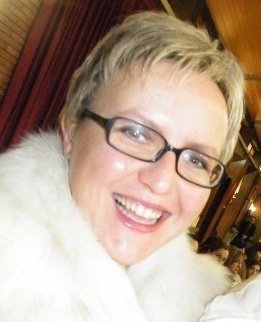
Maria Rosaria Anna Muscatello, MD, PhD - Associate Professor of Psychiatry, School of Medicine, Department of Biomedical, Dental Sciences and Morpho-functional Imaging, University of Messina. Referent of the Day Hospital and Day Service of the Psychiatry Unit and of the Interdipartimental Program for Psychosis and Mood Disorders of the University Hospital "A.O.U. G. Martino" of Messina, Italy. Her main research interests are: psychopharmacology (augmentation of therapeutic strategies for treating patients with schizophrenia and obsessive-compulsive disorder resistant or partial responders to treatment), the emotion of anger as a trans-nosographical psychopathological dimension in psychiatric and medical diseases and in adolescence, psychosomatics (irritable bowel syndrome, obesity, fibromyalgia), and sexual behavior.
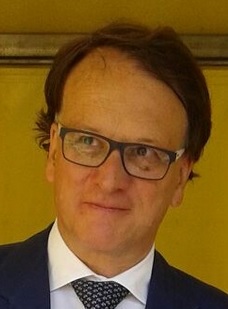
Pietro Pietrini, MD, PhD - Director of the IMT School for Advanced Studies Lucca in Italy. Prof. Pietrini's research has combined modern brain imaging methodologies, including magnetic resonance imaging, positron emission tomography and transcranial magnetic stimulation, with neuropsychological and pharmacological tools to study brain structure and metabolism and the brain functional response to cognitive and behavioral stimulation in healthy subjects, in highly skilled individuals and in patients with mental disorders. A main line of research focuses on the study of the functional cortical organization in relation to conceptual representation in the absence of sight. Prof. Pietrini's lab has developed an innovative research program by adopting a multidisciplinary and integrated approach which spans across neuroscience, psychiatry, molecular biology, genetics, social psychology, bio-engineering, philosophy, linguistics and ethics to understand human social behavior. Prof. Pietrini has been the President of the 2006 Annual Meeting and the Chairman of the Scientific Program Committee for the Organization for Human Brain Mapping in 2007-2009. He has authored over 150 papers, many of which have been published in top scientific journals including Science (one with cover), Nature, The Proceedings of the American Academy of Science, JAMA, The American Journal of Psychiatry (3 covers), Journal of Neuroscience and Human Brain Mapping (2 covers). He is the recipient of international awards for research in biological psychiatry and neuroscience. In 2015 he was bestowed the grade of Commander of the Order of Merit of the Italian Republic (Commendatore al Merito della Repubblica) because of his scientific achievements.

Sara Palumbo, PharmD, PhD - Molecular Biologist at the Department of Surgical, Medical and Molecular Pathology and Critical Care, University of Pisa. She has been trained as a basic neuroscientist at the National Institute of Health, USA, in the Institute of Aging during her PhD, and in the Mental Health Institute during her postdoctoral fellowship. Her research activities focus on the molecular bases of human behavior and mental illnesses.
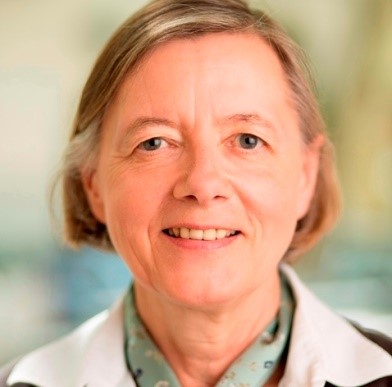
Prof. Barbara Krahe, PhD - Professor of Social Psychology at the University of Potsdam, Germany. Her research interests lie in the area of applied social psychology, in particular aggression research (sexual aggression, media violence and aggression) and social cognition research applied to legal decision-making (rape myths and biases in judgements about sexual assault). Her textbook The social psychology of aggression was published in 2nd edition in 2013. She has conducted longitudinal studies on the effects of media violence exposure in adolescence and on risk factors for sexual aggression perpetration and victimization in adolescents and young adults. She has also been involved in research on the role of maladaptive anger regulation in the development of aggression and social rejection in childhood and has studied the mitigation of anger through the elicitation of incompatible affective states.
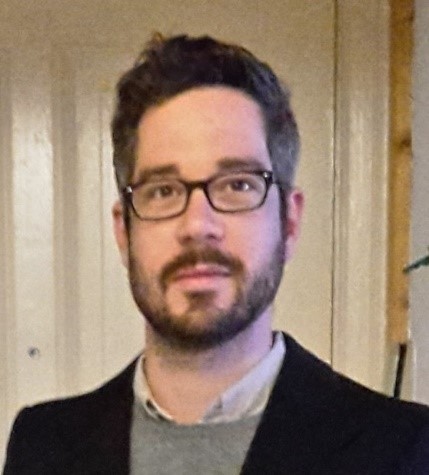
Johannes Lutz, Dipl. Psych. - Lecturer in Social Psychology at the University of Potsdam, Germany. His research interests mainly revolve around the interaction of impelling and inhibiting situational factors in the emergence of hostile aggressive behavior as well as the application of novel methodological approaches to the experimental study of aggressive behavior. In his PhD-project, he investigated how haptic interactions with positive stimuli as well as the experience of withdrawal-related negative emotions buffer the impact of anger on aggressive affect, cognitions, and behavior.

Silvia Pellegrini, PhD - Associate Professor of Clinical Biochemistry and Molecular Biology and Head of the Molecular Biology Lab at the University of Pisa Medical School. Prof. Pellegrini is the coordinator of a multidisciplinary research group composed by molecular biologists, neuroscientists and psychologists whose main research focuses on the study of the complex interplay between genes and environment in the modulation of normal and pathological human behavior, including antisocial and prosocial behavior. The results of Prof. Pellegrini's research activity have been reported in specialized peer-reviewed journals and also have attracted interest by other disciplines for their implications for psychology, philosophy, ethics and the law, including the definition of free will and imputability in psychopathic criminals.

Veronica Mariotti, PhD - Molecular Biologist at the Department of Clinical and Experimental Medicine, University of Pisa. During her PhD, she gained great expertise in hightroughtput methodologies, such as DNA microarrays, applied to the study of gene expression and genetic variability. Her current research interests focus on the study of the molecular bases of normal and pathological human behavior, with particular attention to the molecular mechanisms that underlie violent behavior and morality.
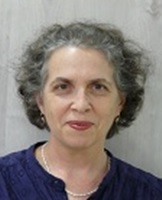
Talma Hendler, PhD - Professor of Psychology and Psychiatry, School of Psychological Sciences, Faculty of Medicine and Sagol School Neuroscience, Tel Aviv University. The founding director of the Tel Aviv Center for Brain Functions at Tel Aviv Sourasky Medical Center. Dr Hendler's lab conducts multi-parametric investigations of brain mechanisms that underlie human emotional experience & regulation. Using fMRI, EEG and intracranial-EEG along with a variety of behavioral paradigms, and cellular and hormonal indicators, her team aims to probe the dynamism of emotional experience in healthy and clinical populations (schizophrenia, anxiety/depression). She is also particularly interested identify individual vulnerability and resilience to life stressor and trauma with relation to their emotional reactivity and control mechanism including anger. Especially with concern to anger her team's effort has focused on developing ways to induce it in an interactive naturalistic inter personal manner, assuming that from this perspective it is possible to portray the neural aspects of anger experience as they unfold in time and recursively affect behavioral tendencies towards the other. Hendler and her team further hope to translate insights from such basic research and provide new ways for volitional modulation of major neural nodes of anger, thus provide vulnerable individuals means to balance following trauma.

Gadi Gilam, PhD - Postdoctoral Research Fellow at Stanford University School of Medicine in the Systems Neuroscience and Pain Laboratory. Dr. Gilam combines basic and translational research from a social cognitive and affective neuroscience perspective, integrating psychological theory with biological constraints, and emphasizing research design, experimental methods, and multi-level and multi-modal measurements, focusing on the brain and using various neuroimaging and neurostimulation techniques. His Ph.D. dissertation was a prospective neurobehavioral investigation of anger experience and its regulation in humans which aimed to delineate the neural substrates of anger during naturalistic social interactions, and its effect on resting-state functional connectivity, as well as these neurobehavioral indices' relation to the development and manifestation of post-traumatic stress disorder. He is currently conducting research on affective experiences and their regulation in chronic pain populations, combining behavioral paradigms such as the anger-infused Ultimatum Game, quantitative sensory testing and neuroimaging.
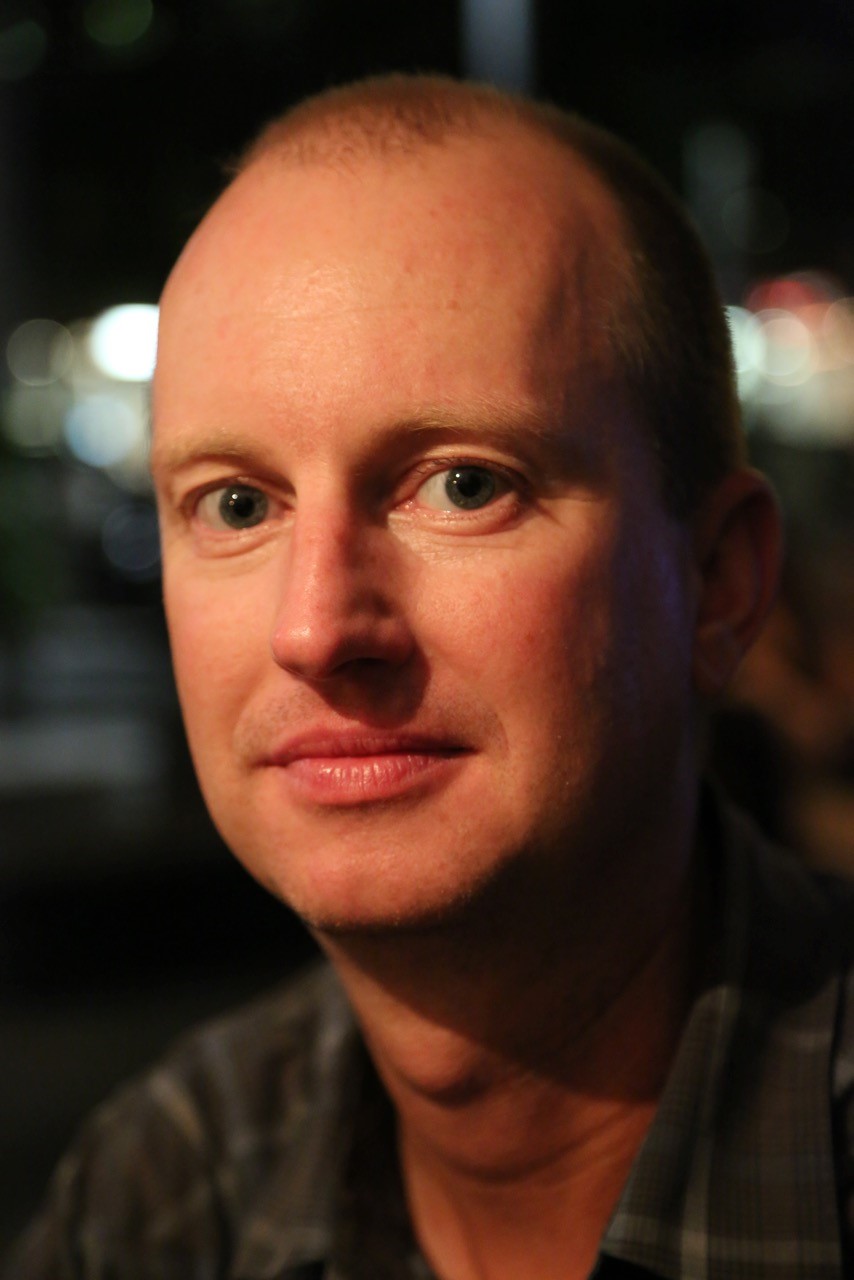
Thomas F. Denson, PhD - Associate Professor in the School of Psychology at UNSW. He is an experimental social-personality psychologist. His primary research focus is on the causes, consequences, and prevention of anger-driven aggression. Tom received his PhD in 2007 from the University of Southern California, after which he received a lectureship here at the School of Psychology. He has won several awards for his research including the Association for Psychological Science's 'Rising Star' Award, the NSW Young Tall Poppy Science Award, and the Society for Australasian Social Psychologists' Early Career Researcher Award. In 2015, he was elected Fellow of the Association for Psychological Science for outstanding contributions to psychological science. Since 2009, he has been lucky enough to have received nearly $3 million in funding from the Australian Research Council (ARC) and National Health and Medical Research Council (NHMRC). He was an ARC Discovery Early Career Researcher Award Fellow and is currently an ARC Future Fellow until the end of 2018. He is also an associate editor at Aggressive Behavior and has published over 75 articles and book chapters
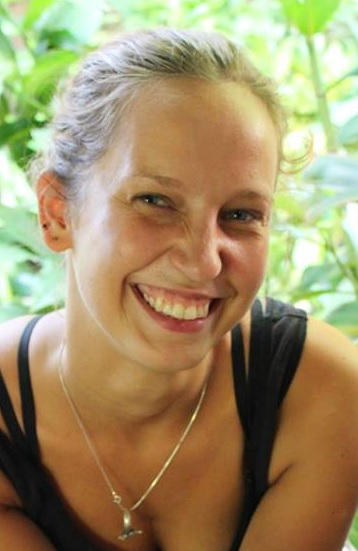
Ewa Siedlecka - PhD candidate in Psychology, working in the Social Psychology lab at the University of New South Wales. Her research focuses on emotions and time perception. Her current PhD projects aims to investigate the cognitive, physiological, and affective pathways in a self-developed model of how an emotional event changes perceived time.
Attention
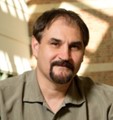
Florin Dolcos, PhD - Director of the Social, Cognitive, Personality, and Emotional (SCoPE) Neuroscience Laboratory at the University of Illinois Urbana-Champaign. Dr Dolcos' lab focuses on the neural mechanisms underlying emotion- cognition Interactions. Emotion can impact cognition by exerting both enhancing effects (e.g., better memory for emotional events) and impairing effects (e.g., increased emotional distractibility). Emotion processing, however, is also susceptible to cognitive influences, typically exerted as cognitive control of emotion or emotion regulation. Investigation of the mechanisms underlying these phenomena is critical for understanding mood and anxiety disorders that are associated with intrusive recollection of memories for distressing events and increased emotional distractibility, and are characterized by emotion dysregulation. The tendency to ruminate on negative emotions and memories observed in depressed patients, for instance, or increased emotional sensitivity observed in patients suffering from anxiety disorders affect tremendously the way these patients think and behave. Therefore, it has become apparent that findings treatment and cures for these disorders depend on integrative understanding the mechanisms that are responsible for such dramatic changes in the ways emotion interfaces with cognition, leading to dysfunctional emotion-cognition interactions.


Yuta Katsumi - PhD student in Psychology, working in the Social, Cognitive, Personality, and Emotional (SCoPE) Neuroscience Lab, at the University of Illinois. Mr. Katsumi's main research interests concern the neural correlates of affective-cognitive interactions, with an emphasis on the role of individual differences in these phenomena. Using fMRI, EEG/ERP, and behavioral assessment tools, his current research investigates how age and cultural differences modulate the impact of emotion on cognitive processes (e.g., attention, social cognition, episodic memory) as well as the cognitive control of emotion.

Adam Anderson, PhD - Associate Professor of Psychology and Co-Director of the Affect and Cognition Lab at Cornell University. The Affect & Cognition Lab (ACL) is an interdisciplinary research group focusing on the psychological and neural foundations of emotion and cognition. The team employs a variety of methodological approaches including functional magnetic resonance imaging (fMRI), peripheral psychophysiology, computational modeling, and rat models to investigate how the brain gives rise to complex mental events, such as emotions, attention, learning and memory

Alan Pegna, PhD - Director, Clinical Training Programs in the School of Psychology at the University of Queensland. Dr Pegna has developed several lines of study in the field of cognitive and clinical neuropsychology, investigating healthy and pathological brain function in healthy humans and patients with brain damage, using behavioural and brain imaging techniques, in particular EEG and fMRI. His current research interests are centred on higher-level visual processing, visual awareness and blindsight. He is currently investigating the brain regions that are involved in non-conscious processing of faces and emotions in patients presenting with hemianopia, visual agnosia for objects or prosopagnosia. He is carrying out similar investigations in healthy controls in whom awareness is impaired using pattern making or continuous flicker fusion.

Aysenil Belger, PhD - Professor and Director of Neuroimaging Research in the Department of Psychiatry at University of North Carolina at Chapel HIll, Professor in the Duke-UNC Brain Imaging and Analysis Center, and Director of the Carolina Institute for Developmental Disabilities Clinical Translational Research Core and the UNC Intellectual and Developmental Disabilities Research Center

Alana Campbell, PhD - Assistant Professor in the Department of Psychiatry at the University of North Carolina at Chapel Hill and Associate Manager of the Electrophysiology Core at the Carolina Institute for Developmental Disabilities and the UNC Intellectual and Developmental Disabilities Research Center. Dr. Campbell's work investigates the interaction of emotional processing with executive functions focusing on the underlying electrophysiological signals that sub serve these interactions.

Cecile D. Ladouceur, PhD - Associate Professor of Psychiatry and Psychology at the University of Pittsburgh. She is the Director of the Cognitive-Affective Neuroscience and Development (CAN-D) Laboratory and the Developmental Affective Science Collective (DASC), a group of collaborating researchers at the University of Pittsburgh conducting research on affective disorders and affective development. Dr. Ladouceur's lab focuses on the development of neural systems underlying cognitive control in the context of emotion and motivation as a way to elucidate mechanisms underlying self-regulation of emotion and behavior in typically developing children and adolescents as well as those diagnosed with or at-risk for affective disorders. The aims of some of the current research projects in her lab include: 1) determining the specific influence of pubertal maturation on the structure and functioning of fronto-limbic-striatal circuitry involved in the modulation of attention to emotion and reward in typically developing adolescents; 2) elucidating how the neurodevelopment of social threat processing in anxious adolescent girls influences the functioning of the reward system in ways that can lead to trajectories of social anxiety and depression. In order to achieve these aims, she employs a multimodal neuroimaging approach, including event-related potentials (ERPs) and fMRI, along with measurements of behavior in the lab and in the real-world. Her long term goal is to elucidate biomarkers of risk for affective disorders as well as periods of heightened plasticity to inform targeted brain-based neurobehavioral interventions.

Ernst H W Koster, PhD - Assistant Professor in the Department of Experimental Clinical and Health Psychology at Ghent University in Belgium. Dr Koster is focused on the role of cognitive processes as risk factors for anxiety and depression. In this respect he examines basic cognition & emotion interactions, the nature of information-processing biases in anxiety and depression, and the malleability of cognitive risk factors for anxiety and depression. Dr Koster and his colleagues have also advanced new frameworks elucidating the role of attention in depression and rumination, and the integration of biological and cognitive risk factors for depression. Moreover, recent work has shown that it is possible to modify cognitive risk factors using innovative methods to change attention and working memory capacity, work that has important potential for applied clinical interventions.

Eve De Rosa, PhD - Associate Professor of Psychology and Co-Director of the Affect and Cognition Lab at Cornell University. Thus far, the field of cognitive neuroscience has primarily focused on the neuroanatomy of attention and learning. Dr De Rosa's team also considers the neurochemistry of these cognitive processes. Specifically, they examine the contributions of the cholinergic basal forebrain, the major source of the neurochemical acetylcholine to the hippocampus and cerebral cortex, to normal cognition. In rats, they employ pharmacological and cholinergic immunotoxic lesioning techniques. And in humans, they employ behavioural and functional magnetic resonance imaging (fMRI) techniques in populations associated with cholinergic deficiency.
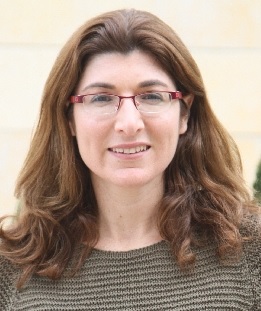
Hadas Okon-Singer, PhD - Lecturer (tenure-track position) in the Department of Psychology at the University of Haifa (Israel). Dr. Okon-Singer's team investigates the various factors that modulate human reactions to aversive situations, focusing on attention systems and personality differences in traits, tendencies and neural architecture. She and her team conduct various studies in her lab to examine how these factors modulate behavioral, neural and autonomic reactions to emotional information. Dr. Okon-Singer's work combines paradigms derived from cognitive psychology, neuroimaging techniques, event-related potentials recording, autonomic measures, personality questionnaires and advanced analysis methods. She is the principal investigator on grants from the Marie Curie Actions and the National Institute for Psychobiology in Israel. Dr. Okon-Singer served as associate editor of Cognition and Emotion and as guest editor for peer-reviewed special issues.

Thalia Richter, PhD Student - Clinical intern and a PhD student in the Hadas Okon-Singer Cognition Emotion Interaction Laboratory in the Department of Psychology at the University of Haifa, Israel. Thalia's research is aimed at understanding the differences between anxiety and depression by exploring the cognitive biases to emotional stimuli manifested in each of these conditions. She is also interested in understanding the interactions between those biases and the causality between them.
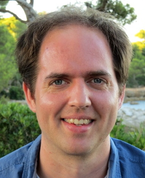
Mathias Weymar, PhD - Assistant professor of Biological Psychology and Affective Science in the Department of Psychology at the University of Potsdam. Dr. Weymar's research focuses on the interplay between emotion, attention, and memory. He is particulary interested in the mechanisms underlying formation and retrieval of emotional memories and emotional associates (e.g., neutral cues associated with emotional events) using peripherphysiological and neuroscience measures (ERPs and fMRI). Furthermore, this research also involves the study of factors mediating these processes, such as stress, anticipatory anxiety and retrieval context (i.e., intentional or spontaneous). His current research is about the dynamics of the emotional defensive system in the face of proximate threat and impact on attentional and mnemonic systems, and on transcutaneous vagus nerve stimulation (tVNS). Overarching goal is to translate basic findings on neural mechanisms associated with emotional and contextual memories to clinical populations (e.g., anxiety disorders, trauma- and stressor-related disorders and mood disorders).
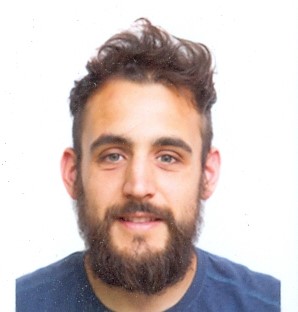
Carlos Ventura-Bort - PhD student in Psychology working at the Biological Psychology and Affective Science Unit at the University of Potsdam. His topics of interest revolve around emotion effects on episodic and relational memory. His research focuses on how emotional and neutral contextual cues modulate encoding, storage and retrieval processes by means of electrophysiological and neuroimaging techniques (e.g., ERPs and fMRI). His current research investigates the role of immediate and delayed stress mediating these processes.

Naz Derakshan, PhD - Professor of Experimental Psychopathology at Birkbeck University of London, UK, and a former Royal Society Dorothy Hodgkin Fellow. She has conducted extensive research into the effects of anxiety and depression on cognitive performance and has published influential and highly cited theoretical and empirical papers with many awards won. Her recent work focuses on understanding the cognitive and neural mechanisms of attentional control processes to understand how cognitive biases in attention, as well as deficits in attention regulation and inhibition, in anxiety and depression, can be improved by engaging and targeting top down mechanisms in interventions that can reduce vulnerability towards resilience and well-being. She is Director of the Risk and Resilience in Mental Well-Being laboratory, and the Director of the Centre for Building Resilience in Breast Cancer. She is an advocate for public engagement of science at the Royal Society, the Wellcome Trust and the British Academy as well as having held major editorial posts in top international journals in the field of cognition and emotion.
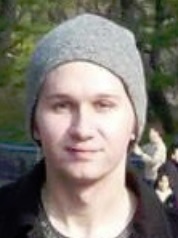
Nick Berggren, PhD - Postdoctoral Research Fellow at Birkbeck University of London. Dr Berggren is broadly interested in selective attention and cognitive control, with a particular emphasis in how emotion and individual differences influence these processes. A large part of his work to date has examined how differences in trait vulnerability to anxiety impacts attention and control, highlighting the consequences of internalised anxiety is increasing susceptibility to disinhibition and impaired focused attention under high cognitive demands. Conversely, Dr Berggren has also investigated how sources of threat (both through internalised worries and external priming) can induce general hypervigilance for danger, increasing sensory and bottom-up processing at the potential expense of efficient top-down control.
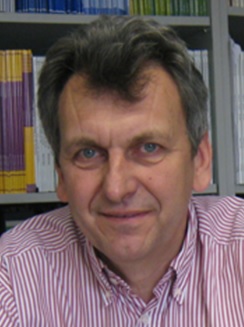
Professor Dr. Alfons Hamm - Professor Biological and Clinical Psychology/Psychotherapy at the University of Greifswald. Dr Hamm's lab is focused on the mechanisms of fear and phobia, fear conditioning and extinction, emotion and attention interactions in fear and phobia; experimental psychopathology, encoding of emotional stimuli and brain potentials, emotional memory and ERPs, startle modulation, mechanisms of panic disorder and treatment effects in mental disorders, PPI and schizophrenia; Dynamic of defensive behavior and its clinical implications.

Sanda Dolcos, PhD - Co-Director, Social, Cognitive, Personality, and Emotional (SCoPE) Neuroscience Lab, University of Illinois Urbana-Champaign. Dr. Dolcos' research focuses on understanding how the social environment influences emotions, attitudes, and behavior, and on identifying tools aimed at increasing self-regulation and facilitating more effective functioning in everyday life. In this vein, she has conducted research focused on understanding the psycho-social and neural mechanisms that promote self-regulation, resilience and emotional well-being, in both young and older adults. A key aim of her current work is to develop interventions designed to promote more effective coping with stress and to improve emotional well-being across the lifespan.

Matt Moore - PhD student in Psychology, working in the Social, Cognitive, Personality, and Emotional (SCoPE) Neuroscience Lab, at the University of Illinois. His main research interests include the examination of the psychophysiological correlates of emotion-cognition interactions, and the individual differences related to these processes. He is particularly interested in capitalizing on the investigation of brain structure, brain function, and behavior to elucidate how individual differences modulate the interactions between emotion and cognitive processes such as attention and decision-making, and how such interactions relate to emotional well-being.
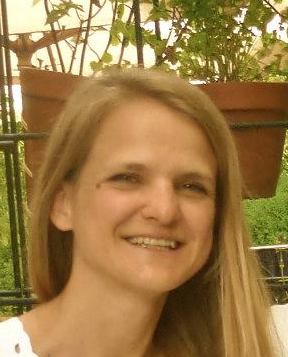
Susanne Schweizer, PhD - Postdoctoral scientist at the MRC Cognition and Brain Sciences Unit at the University of Cambridge. Dr Schweizer's research is aimed at understanding the association between cognitive control and emotional experience. In particular, her research is currently focusing on the role of cognitive control in emotion regulation and how emotion regulation might be aided by training cognitive control. She has further been interested in how interindividual differences in cognitive control over affective information contribute to the onset and maintenance of emotional disorders such as depression and post-traumatic stress disorder. In a novel line of research She is now investigating these questions in adolescents in the hope of advancing both preventative and treatment interventions for those with poor emotion regulation skills and at risk of or suffering from emotional disorders.
Fear
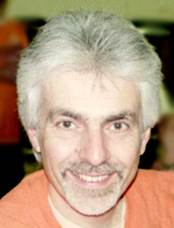
Jacob Raber, PhD - Professor, Behavioral Neuroscience, Oregon Health & Science University. Dr Raber's lab focuses on effects of genetic and environmental factors on brain structure and function in animal models of human neurological diseases. This research is then used to develop tests and treatment strategies to improve brain function in humans suffering from various neurological conditions. Amongst other things, his lab is interested in measures of anxiety and fear learning and memory. Using a cross-species and translational approach, his team uses a combination of behavioral and molecular approaches to identify biomarkers and mechanisms pertinent to susceptibility to develop and treat behavioral and cognitive changes.

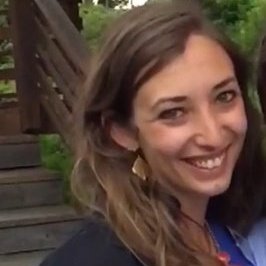
Sydney Weber - Sydney Weber graduated cum laude from the University of Portland in 2014. Her work investigating Huntington's disease has won recognition from the Western Psychological Association, the M.J. Murdock Charitable Trust, and the Department of Psychological Sciences at UP. She worked closely with Dr. Raber as his research assistant, exploring behavioral and cognitive performance including fear learning and memory. She is currently a graduate student in the Department of Behavioral Neuroscience at the Oregon Health and Sciences University in Portland, Oregon

Andreas Muehlberger, Prof. Dr. rer. soc. - Head of the Clinical Psychology and Psychotherapy section at the University of Regensburg since 2012. He received his PhD from the University of Tubingen in 2001 and received his venia legend at the University of Wurzburg and his approbation as psychological psychotherapist in 2007. Andreas Muhlberger has a strong research background in basic research on anxiety and in exposure for the treatment of anxiety-related disorders. Research on clinical psychology focuses on the processing of emotional and social stimuli, which is usually disturbed in patients with mental disorders. We integrate exposure in virtual reality (VR) as an innovative intervention method in the treatment of anxiety disorders. VR exposure is very helpful to investigate the therapeutic process, since this technique provides the unique possibility to generate extremely controllable and easily adjustable experimental settings.
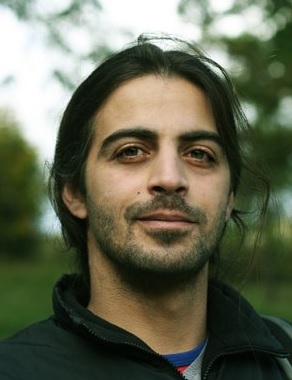
Youssef Shiban, Phd - Assistant Professor of psychology at the Clinical Psychology and Psychotherapy department at the University of Regensburg. He received his PhD from the University of Wurzburg in 2013. His main research focuses on the mechanisms behind fear learning. Dr. Shiban investigates basic fear learning procedures using different acquisition and extinction paradigms in addition to working directly with clinical samples investigating methods aiming at enhancing exposure therapy. He also has extensive experience in using virtual reality and peripheral psychophysiological assessment in his research.
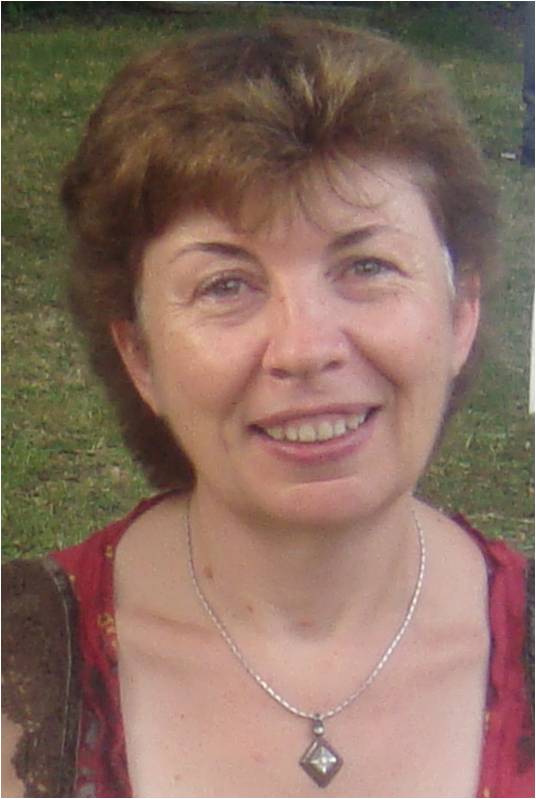
Anne-Marie Mouly, PhD - Senior CNRS researcher at the Lyon Neuroscience Research Centre, University of Lyon, France. Dr Mouly's research work focuses on the investigation of the neural networks involved in emotional olfactory memory, using odor fear conditioning in rats as a model. A second axis of her research deals with the long-term effects of neonatal odor fear conditioning on adult emotionality and cognitive abilities. Finally, she recently started to investigate the neural circuits involved in time encoding in odor fear conditioning both in adult rats and throughout development.
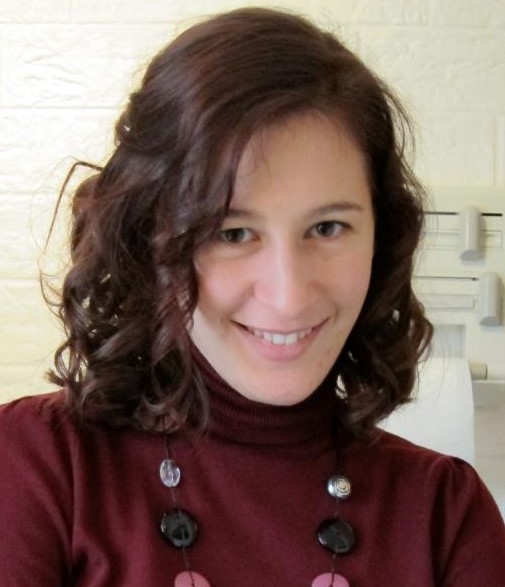
Julie Boulanger Bertolus - Fourth-year PhD student in Dr. Mouly's lab at the Lyon Neuroscience Research Centre, University of Lyon, France. Her research work investigates the ontogeny of emotional responses to aversive situations. It focuses in particular on the ontogenic changes of the rats' ultrasonic vocalizations. A second axis of her research uses these emotional responses to investigate the ability to perceive and encode time in odor fear conditioning throughout development.

Beatrice de Gelder, PhD - Professor in the Department of Cognitive Neuroscience, Faculty of Neuroscience and Psychology and Group Leader of the Brain and Emotion Laboratory at Maastricht University. Dr Gelder's main interests are in (1) non-conscious recognition in patients with cortical damage, (2) emotional expression in whole bodies, (3) face recognition and its deficits, and (4) multisensory perception and the interaction between auditory and visual processes.
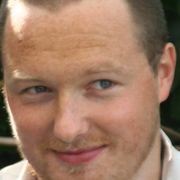
Jan van den Stock, PhD - .

Brendan Depue, PhD - Assistant Professor in the Department of Psychological and Brain Sciences, Affiliated Professor in the Department of Anatomical Sciences and Neurobiology, Endowed Chair of Behavioral Brain Imaging and Director of (N)euro (I)maging (L)aboratory of (C)ognitive, (A)ffective and (M)otoric (P)rocesses (NILCAMP http://www.nilcamp.net) at the University of Louisville, Kentucky. Dr. Depue has a broad background in neuroscience and cognitive psychology, with specific training and expertise in neuroimaging. He currently studies regulatory mechanisms of the prefrontal cortex and putative control over brain regions that underlie cognition, emotion and motor behavior. He uses empirical evidence from healthy individuals to construct theoretical functional-neuroanatomical models and subsequently, tests them by translating these models to psychiatric populations. He has examined the mechanisms of self- or inhibitory-regulation in both attention-deficit hyperactivity disorder (ADHD) and post-traumatic stress disorder (PTSD) over the last 10 years.
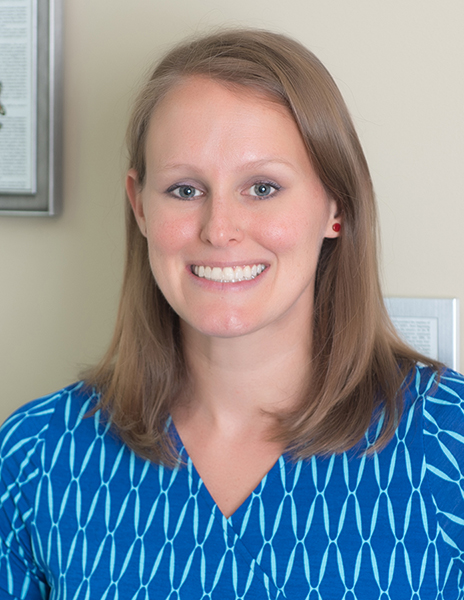
Christine Rabinak, PhD - Assistant Professor (tenure-track) of Pharmacy Practice and Pharmaceutical Science in the Eugene Applebaum College of Pharmacy & Health Sciences and of Psychiatry & Behavioral Neurosciences and the Translational Neuroscience Program in the School of Medicine at Wayne State University (WSU). Dr. Rabinak is the Director of the Translational Neuropsychopharmacology Laboratory (TNP2 Lab) at WSU. Her research incorporates methods across behavioral, affective, and cognitive neuroscience to examine behavioral and neural mechanisms underlying emotional processing and fear using animal models, healthy participants, and patients with posttraumatic stress disorder (PTSD). Dr. Rabinak is involved in several research projects, including a study of investigating the cannabinoid system as a potential pharmacological target for improving the learning that goes on in exposure-based therapy and perhaps increasing the efficacy and durability of exposure therapy in treating PTSD (e.g., shortening treatment while strengthening and prolonging gains; NIH-funded K01MH101123). She is the member of several professional organizations, including Society of Biological Psychiatry, Society for Neuroscience, the International Cannabinoid Research Society, the Anxiety and Depression Association of America, and the College of Psychiatric & Neurologic Pharmacists. Dr. Rabinak has authored multiple publications in the fields of neuropsychopharmacology, emotional processing and regulation, and posttraumatic stress disorder.

Hilary A. Marusak, PhD - American Cancer Society Postdoctoral Research Fellow in Pharmacy Practice at Wayne State University. Dr. Marusak received her undergraduate degree from Kalamazoo College, and her PhD in Neuroscience from Wayne State University School of Medicine. She is currently a Postdoctoral Research Fellow in the Department of Pharmacy Practice of Wayne State University (www.tnp2lab.org), working under the mentorship of Dr. Christine Rabinak. Dr. Marusak's research is focused on understanding the impact of early stress and trauma (e.g., violence, abuse, medical trauma) on brain and behavioral development in children and adolescents. She recently received a Postdoctoral Fellowship from the American Cancer Study to lead a neuroimaging research study that evaluates how the early cancer experience impacts brain development in children, and affects the family as a whole.

Christopher A. Lowry, PhD - Associate Professor in the Department of Integrative Physiology at the University of Colorado Boulder, with a secondary appointment in the Department of Physical Medicine and Rehabilitation (PM&R), University of Colorado Anschutz Medical Campus, School of Medicine, a member of the Centers for Neuroscience at the University of Colorado Boulder and the University of Colorado Anschutz Medical Campus, a Principal Investigator in the Department of Veterans Affairs Eastern Colorado Health Care System, VA Rocky Mountain Mental Illness Research, Education, & Clinical Center (MIRECC), Denver Veterans Affairs Medical Center (VAMC), and director of the Behavioral Neuroendocrinology Laboratory at CU-Boulder. Dr. Lowry's research program focuses on understanding 1) stress-related physiology and behavior with an emphasis on the role of serotonin, a chemical signaling molecule in the body and the brain, and 2) neural mechanisms underlying anxiety and affective disorders, and development of novel strategies for both the prevention and treatment of these disorders and their medical comorbidity, such as allergy, asthma, and inflammatory bowel disease. He has ~115 peer-reviewed articles and is currently an editorial board member for Stress: The International Journal on the Biology of Stress. The Office of Naval Research, National Institutes of Health, Department of Veterans Affairs Office of Research and Development (VA-ORD), Colorado Clinical & Translational Sciences Institute (CCTSI) Center for Neuroscience, the Colorado Department of Public Health and Environment (CDPHE), and the Alfred P. Sloan Foundation currently fund his research.

Dr. Paula Yamashita - Postdoctoral fellow in the Behavioral Neuroendocrinology Laboratory at the University of Colorado Boulder under supervision of Dr. Christopher A. Lowry. She received her bachelor degree in Pharmacy and Biochemistry and graduated from the Federal University of Mato Grosso do Sul, Brazil. She received her MS and Ph.D. in Pharmacology from School of Medicine of Ribeirao Preto in the University of Sao Paulo, Brazil. Her research is focused on the investigation of neural substrates involved in anxiety disorders, such as Generalized Anxiety Disorder (GAD), Panic Disorder (PD) and Posttraumatic Stress Disorder (PTSD). Using animal models, she has been investigating the role of serotonergic systems in these disorders. Currently, she is funded by National Council for Scientific and Technological Development (CNPq) from Brazil.

Elizabeth Kensinger, PhD - Director of the Cognitive and Affective Neuroscience Laboratory and Professor of Psychology at Boston College. Dr. Kensinger's research aims to elucidate how emotion affects the processes that give rise to episodic memory. Her laboratory investigates the effects of emotion on all phases of memory (learning, storage, retrieval) and examines how the effects of emotion may change over the adult lifespan.

Graziano Pinna, PhD - Associate professor in the Department of Psychiatry, University of Illinois at Chicago. Dr. Pinna is interested in the neurophysiological role of the neurosteroids that act as positive allosteric modulators of the action of GABA at GABA-A receptors, including allopregnanolone and its role in mood and affection as well as the role of allopregnanolone in a new mechanism of action of SSRIs. His basic research studies have clinical relevance for treating anxiety, PTSD, PMS, and depression. More recently, supported by the DOD, Dr. Pinna is studying the endocannabinoid system in the regulation of fear and other emotional behaviors such as aggression and anxiety in mouse stress models. The goal is to unveil new biomarkers and neuronal targets for novel treatments of PTSD. He is a member of the Society for Neuroscience and the Mediterranean Neuroscience Society, and has authored a number of papers in the field of neurosteroid physiology and emotional regulation, neuroscience, neuroendocrinology, and neuropsychopharmacology.
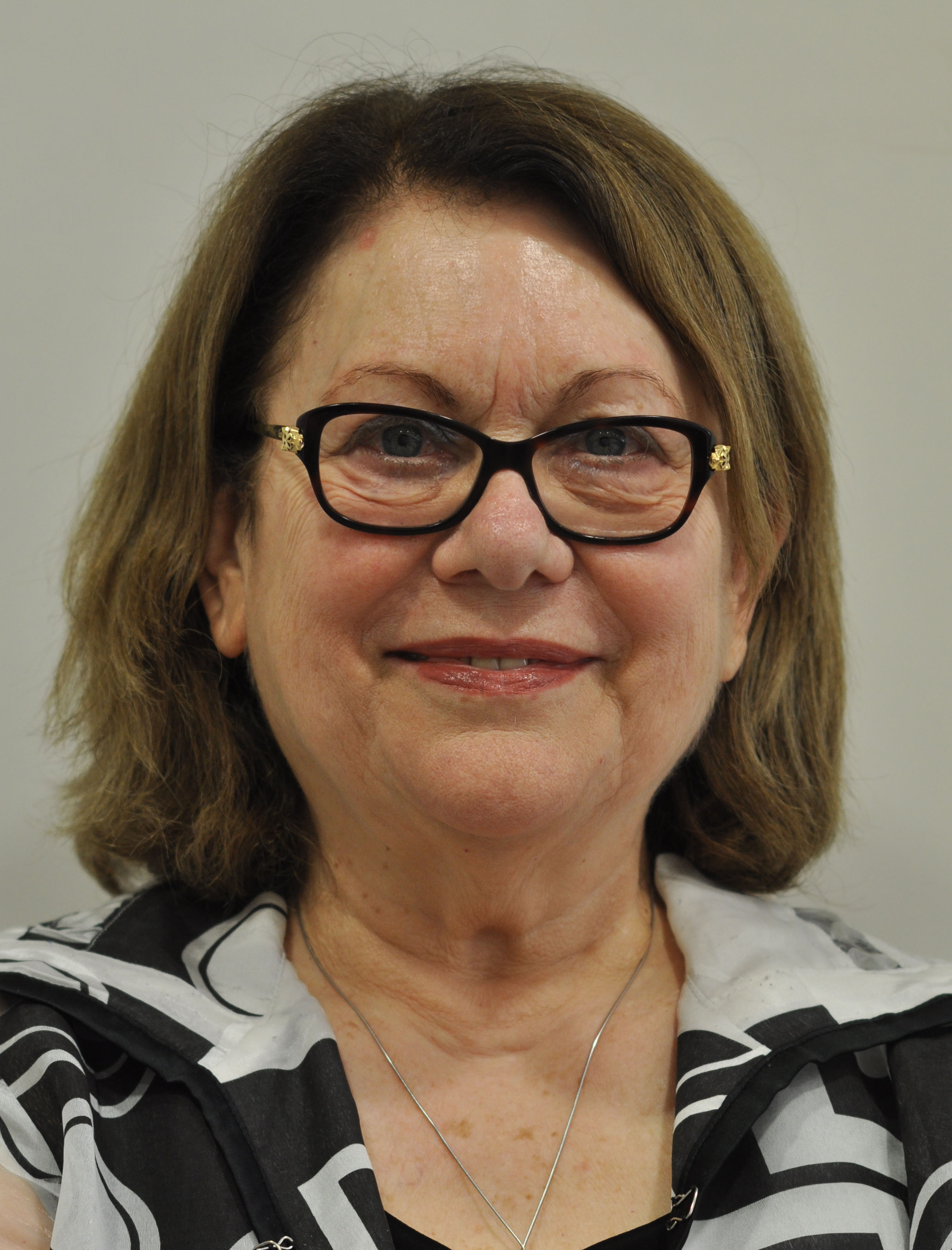
Hermona Soreq, PhD - Professor Hermona Soreq is the Charlotte Slesinger Professor of Molecular Neuroscience at The Hebrew University of Jerusalem's Edmond and Lily Safra Center for Brain Sciences. The first woman to have served as dean of the university's Faculty of Science. Dr. Soreq pioneers diverse Molecular Biomedicine approaches for exploring the mechanisms underlying stress-associated diseases and develops innovative strategies for alleviating the consequences of traumatic experiences or chemical and inflammatory stresses.

Shahar Arzy, MD, PhD - Director of the computational neuropsychiatry lab at the Hadassah Hebrew University Medical School. Dr Arzy also works in the clinic of neuropsychiatry and the epilepsy center at the department of neurology at Hadassah Hebrew University Medical Center. His main interest is the autobiographical self in physiological and pathological states, especially memory disorders and dissociative states. He is involved in developing new computational tools for evaluation and management of neuropsychiatric patients, and puts special efforts in translating clinical neuropsychiatric concepts into a neuroscientific model of a "neurology of self".
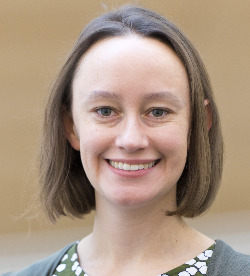
Jessica Minnier - Assistant Professor, Biostatistics, School of Public Health, Oregon Health & Science University. Dr. Minnier received her PhD from Harvard University in 2012. Her research interests include statistical and machine learning methods for analysis of high dimensional data such as genetic and omic data, electronic health records, and large scale health data. She collaborates with health researchers in the fields of cardiovascular disease, oncology, psychology, and neurology.

Kirsi Peltonen, PhD - Postdoctoral researcher with the title of Docent in mental health psychology in the University of Tampere, Finland. Her research is focused on mental health symptoms of violence exposed children and adolescents and effective ways to enhance their well-being. She has conducted studies both among war affected children and children experiencing family violence. Her special interest is in trauma interventions with war victims and refugees. Currently, she is funded by Academy of Finland studying the effectiveness of Narrative Exposure Therapy among refugee children.

Maria Kangas, PhD - Associate Professor of Psychology, Director of the Master of Clinical Psychology training program in the Department of Psychology, Centre for Emotional Health, Macquarie University, Sydney Australia. Through her research Dr Kangas has focused on understanding emotion regulation and coping strategies in helping people across the lifespan emotionally recover from traumatic and stressful life events, including medical health problems (e.g., cancer). She has also developed and tested CBT and ACT-based therapy programs tailored towards specific stressed and health populations to help people recover and enhance their emotion regulation skills and resiliency.
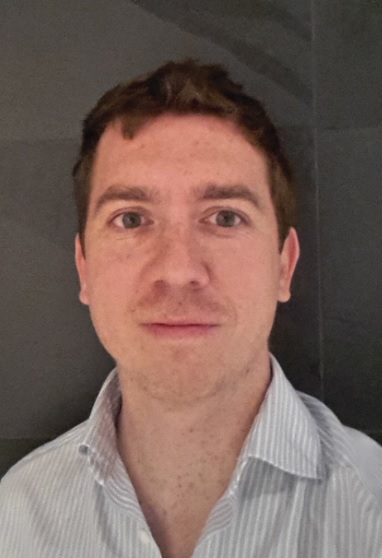
Michael van der Kooij, PhD - Senior postdoc at the Johannes Gutenberg University Medical Center in Mainz, Germany. After completing the studies of Medical Biology at Leiden University he obtained his PhD in 2010 at the University Medical Center of Utrecht University, The Netherlands. Here he was involved in the functional outcome and effects of treatment in animal models for hypoxic-ischemic brain injury. Thereafter he moved to the EPFL in Lausanne, Switzerland for a postdoc in the laboratory of Prof. C. Sandi where he was involved in projects concerning the role of stress, social behavior and cerebral energy metabolism. Currently he is a researcher at Mainz University, department of Translation Psychiatry, headed by Prof. M.B. Muller. Here he continues his work in the field of stress and behavioral neuropharmacology focusing on the role of actin binding proteins and hippocampal energy metabolism for cognitive function
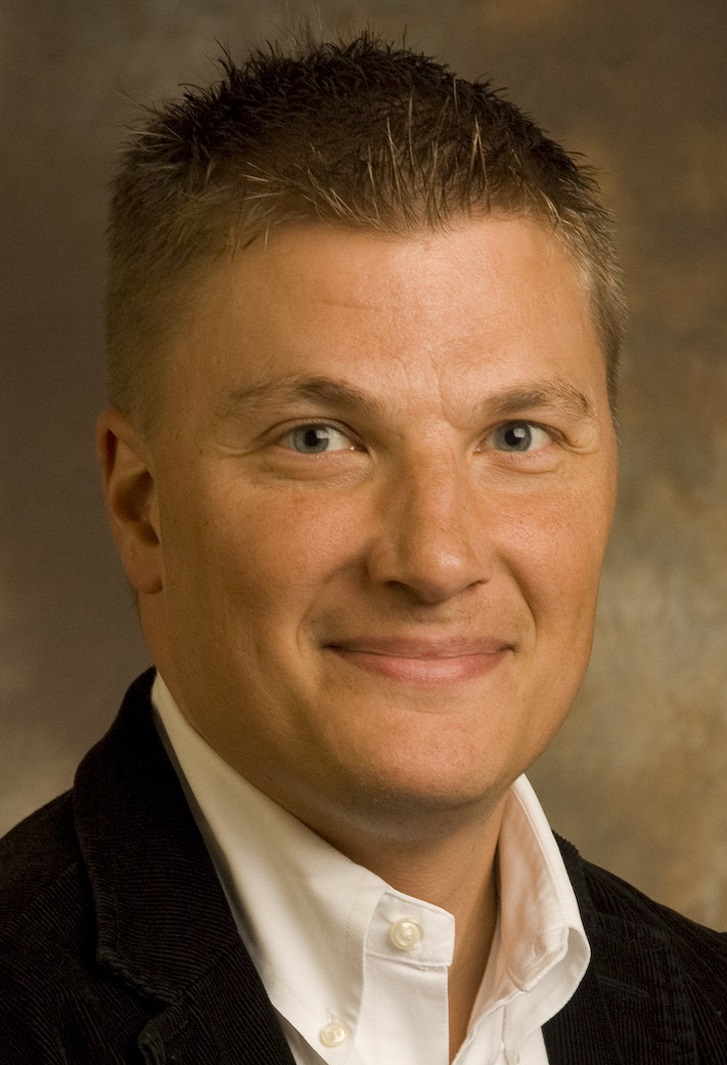
Seth Davin Norrholm, PhD - Assistant Professor, Department of Psychiatry and Behavioral Sciences, Emory University School of Medicine, is a translational neuroscientist who studies the acquisition and extinction of learned fear in traumatized combat and civilian populations. The primary objective of his work is to develop "bench-to-bedside" clinical research methods to inform therapeutic interventions for trauma-, stressor-, and anxiety-related disorders (e.g., posttraumatic stress disorder, PTSD). The most effective treatments for PTSD involve exposure therapy, a clinical analog to laboratory fear extinction, and as such there is a compelling need to further study these processes. Dr. Norrholm has developed a conditioned fear extinction paradigm using fear-potentiated startle; a methodology that has the potential to be an effective outcome measure for PTSD treatment as well as an index of fear recovery. In addition, his recent work is focused on underlying sex differences and genomic mechanisms that influence human fear processing and the etiology and treatment of fear- and anxiety-related psychopathology.
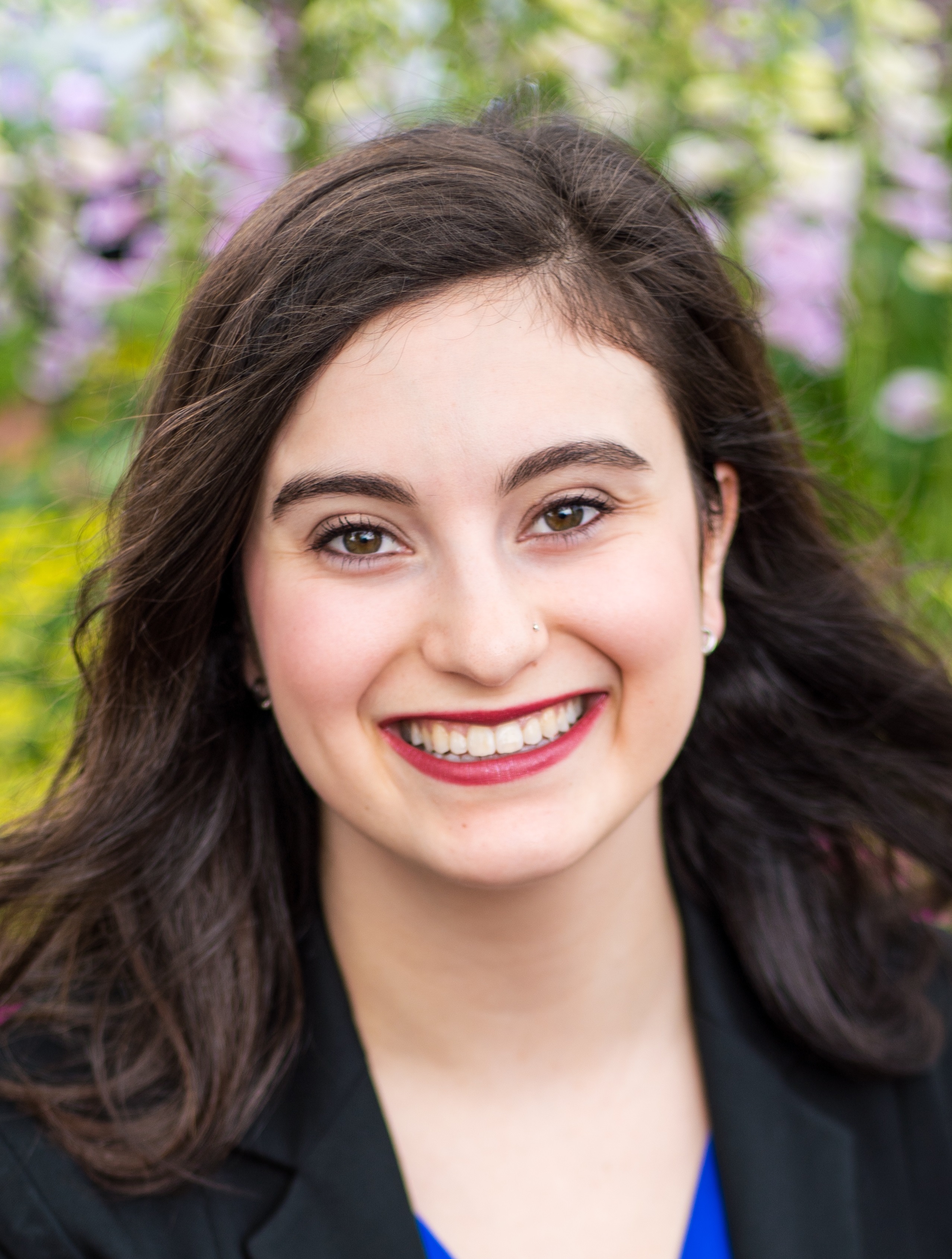
Leah Weingast - Leah Weingast graduated from Vassar College with a B.A. in Neuroscience and Behavior. As an undergraduate researcher she reconstructed the mouse hippocampus using 3D modeling and localized learned fear memories in the mouse cortex. Her work on cued fear memory generalization resulted in a publication in Learning and Memory. During her post-baccalaureate studies at the Atlanta VA Healthcare System/Emory University, she has researched the neurobiological correlates of risk and resiliency for post-trauma sequalae in female Veterans. She is currently the coordinator for a multi-site study examining this phenomenon
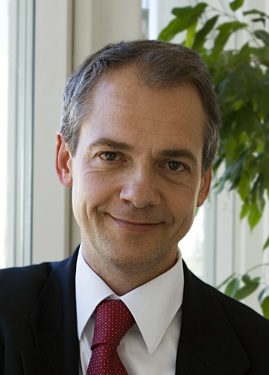
Stefan G. Hofmann, PhD - Professor of Psychology at Boston University and Director of the Social Anxiety Program and Center for Anxiety and Related Disorders. His lab is dedicated to advancing knowledge and providing care for anxiety, mood, eating, sleep, and related disorders. Dr Hoffman and his team are specifically interested in understanding why psychological treatments, such as cognitive-behavioral therapy, are effective for anxiety disorders, the mechanisms of treatment change, and how can these treatments be improved further. He is also interested in emotions, cultural expressions of psychopathology, and translating discoveries from neuroscience into clinical applications.
Happiness

Rebecca Levin Silton, PhD - Assistant Professor, Clinical Psychology in the Department of Psychology at Loyola University Chicago. Dr. Silton's primary research interests are (1) To identify basic neural mechanisms in the interaction of positive affect and cognitive function, (2) to understand disorders primarily characterized by low positive affect such as depression, postpartum depression, and chronic pain disorders using basic neuroscience methods, and (3) to advance neuroscience-informed interventions that target modifiable brain structures that implement affect in order to promote physical well-being and psychological vitality.

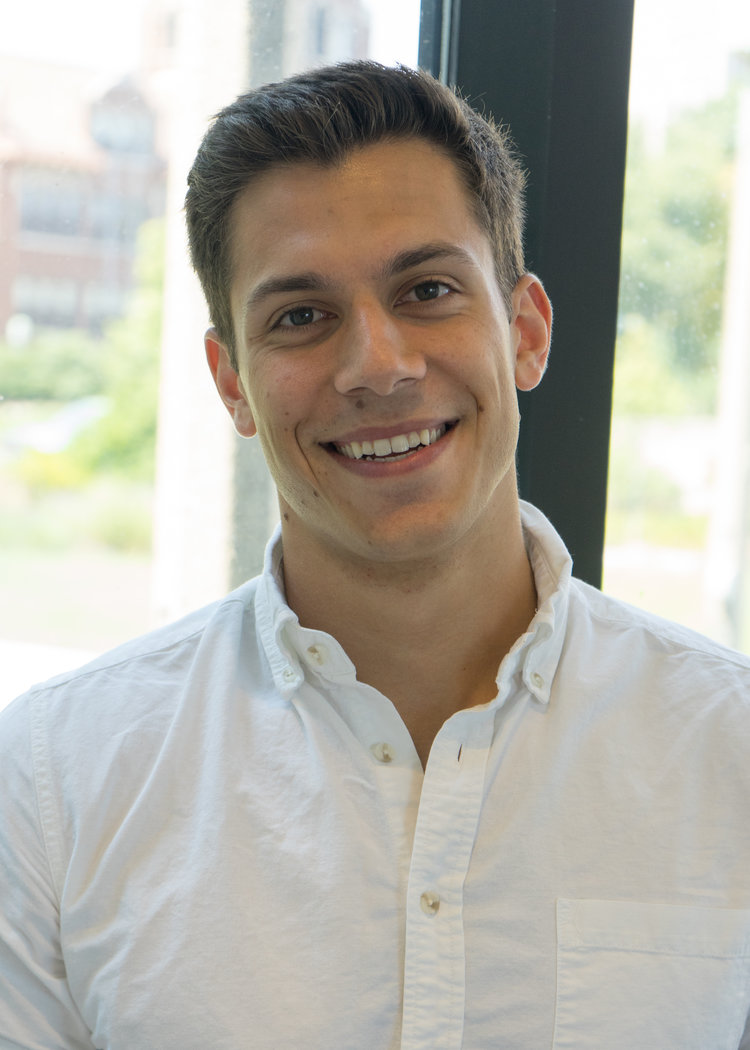
Ian Kahrilas - Graduate student in the clinical psychology doctoral program at Loyola University Chicago. Ian earned his BS in Psychology in 2014 from the University of Illinois at Urbana-Champaign where he worked with Dr. Florin Dolcos as an undergraduate research assistant in the Social, Cognitive, Personality, and Emotion Neuroscience Lab. Ian was also a research assistant in the Center for Psychosocial Research in GI with Dr. Laurie Keefer at Northwestern University for several years. With Dr. Keefer, he investigated functional gastrointestinal disorders and psychologically based intervention strategies. Ian is interested in studying the neurobiological correlates of positive emotion regulation using high density electroencephalography methods. With the WELL lab, Ian hopes this research will advance neuroscience-informed interventions and bolster well-being.
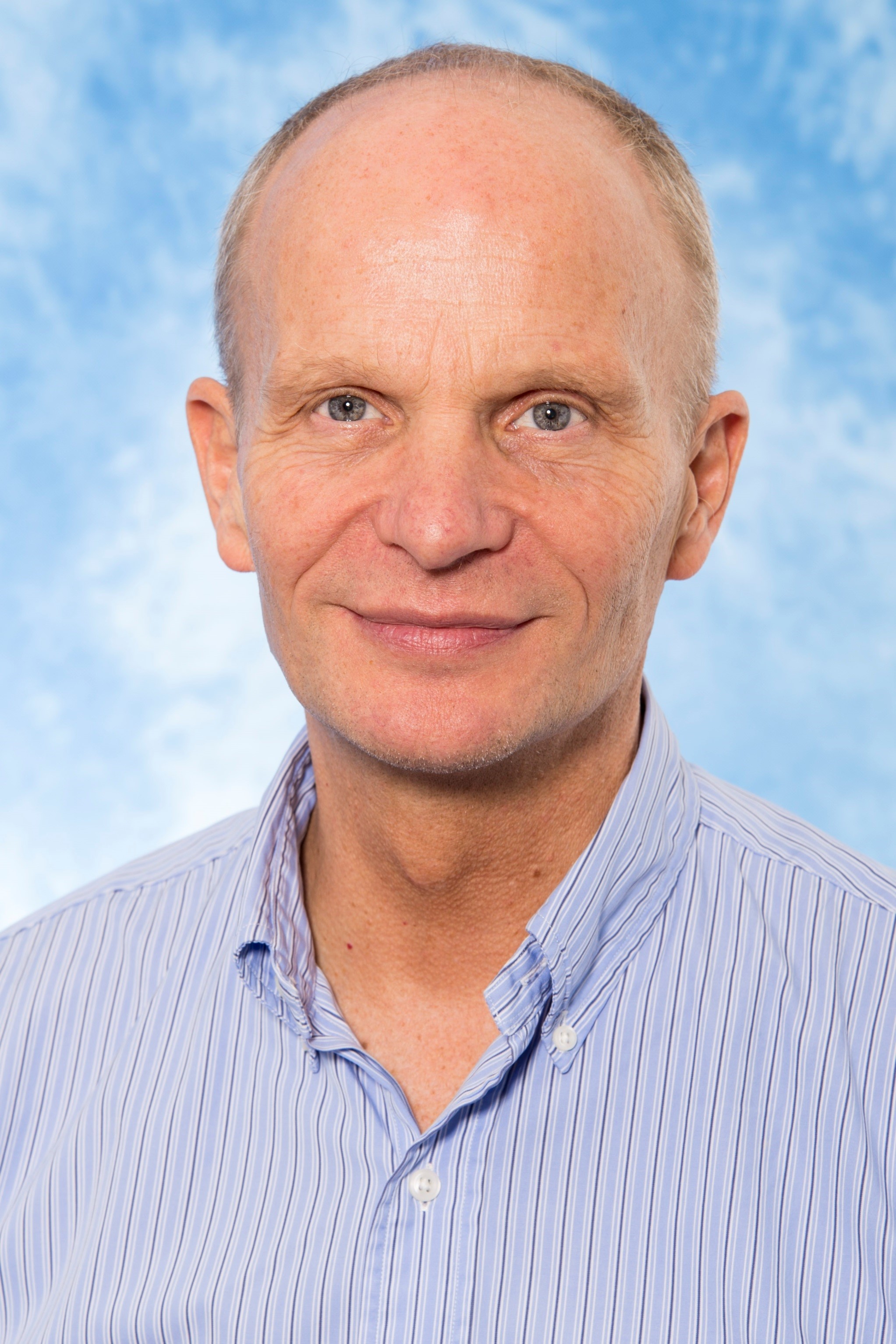
Alistair Lawrence, PhD - Professor of Animal Behaviour and Welfare at Scotland's Rural College (SRUC) and the Roslin Institute at the University of Edinburgh. Professor Lawrence is an established international expert in animal welfare studies with over 160 peer reviewed publications. He carried out his PhD on sheep social behaviour under the supervision of Professor David Wood-Gush (an early founder of animal welfare science) before building a team of researchers focusing on the application of animal behaviour to interpret and improve animal welfare in a range of farm species. His past research interests have included the aetiology of stereotypic behaviour, the measurement of stress and negative affective states, the role of early experience in neonatal development and welfare, and the genetics of behavioural traits including maternal and neonate behaviour and aggression. Since stepping down as Head of the Animal & Veterinary Science Group (SRUC) in 2014 he has been working on positive animal welfare including studies of play behaviour and the effects of environmental enrichment on brain and behaviour. He is also currently working on young peoples' perceptions of animal welfare. He has taught throughout his career and is a co-founder of the internationally recognised MSc in Applied Animal & Welfare at Edinburgh. His work is supported by a range of UK and international funders.
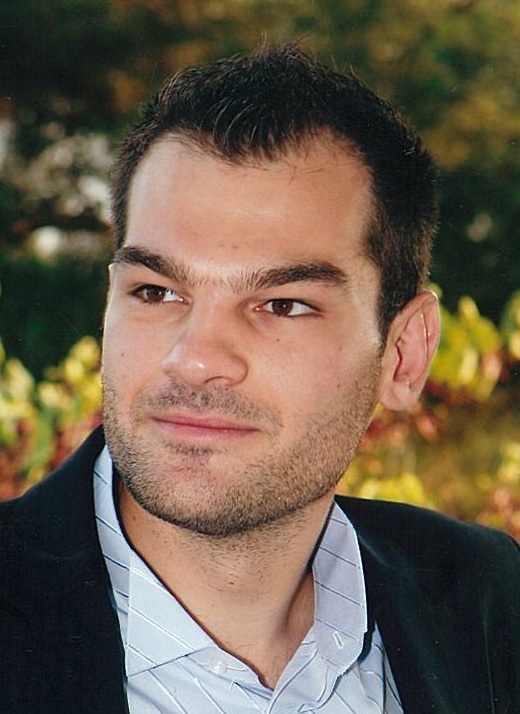
Charis Styliadis, PhD - Electronics engineer and a postdoctoral researcher at the Medical Physics Laboratory of the Aristotle University of Thessaloniki, Greece. Dr. Styliadis has several years of experience in magnetoencephalography (MEG) and electroencephalography (EEG) with both healthy and pathologic adults. During his doctoral thesis, he investigated the spatiotemporal pattern of affective picture processing in healthy and pathologic (mild cognitive impairment) aging. His research on emotional processing originally focused on healthy young adults, expanded to heathy aging, and now also covers progressive diseases of the nervous system along the adult lifespan, such as Parkinson's disease and dementia. He is also currently working on emotional wellbeing, cognitive aging, and training induced plasticity. A recently developed interest is the investigation of the effectiveness of a multi-level variety of interventions (neurofeedback, pharmacological) aiming at smoking cessation in high risk target groups such as COPD and asthma patients, as well as the potential changes in sleep architecture during smoking cessation. His work is supported by European and national funding schemes.
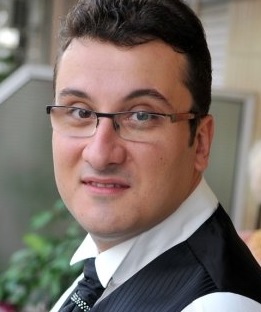
Christos Papadelis, PhD - Assistant Professor of Pediatrics at Harvard Medical School and Research Associate of Boston Children's Hospital. Dr. Papadelis worked as Post-Doc Researcher in the Laboratory of Human Brain Dynamics at Brain Science Institute (BSI) of RIKEN, Japan, from 2005 to 2008, and in the Center for Mind/Brain Sciences (CIMeC) of University of Trento, Italy, from 2008 to 2011. He has ten years of experience in magnetoencephalography (MEG) technology with both adults and children and joined the Fetal-Neonatal Neuroimaging and Developmental Science Center (FNNDSC) at Boston Children's Hospital as an Instructor in Neurology. Dr. Papadelis managed the BabyMEG facility at Boston Children's Hospital, one of the very few MEG laboratories in the world fully dedicated to pediatric research. His research now covers a broad range of studies on neuroscience, clinical neurophysiology, and biomedical engineering and he has done extensive work in the study of emotional processing by using MEG in adults. In the last three years, he has focused on epilepsy and cerebral palsy, two common pediatric neurological disorders.
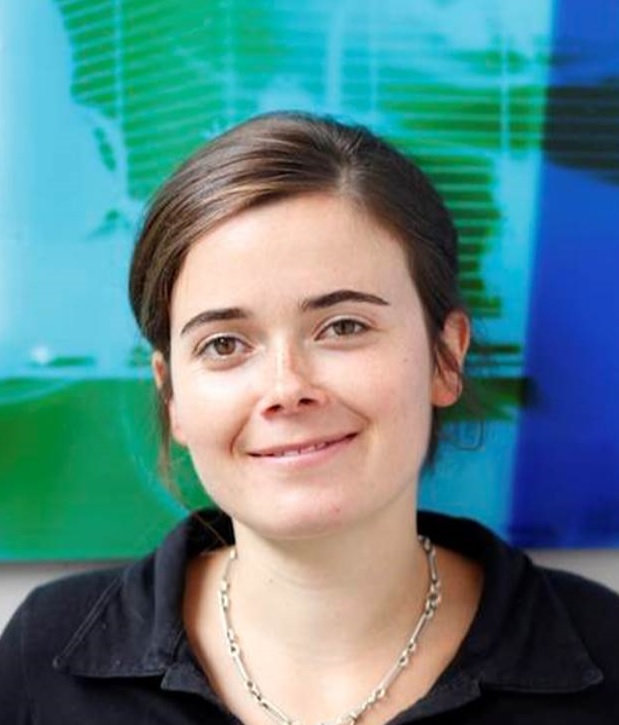
Dr. Helene Richter - Postdoctoral researcher at the Department of Behavioural Biology in Munster, Germany. After studying Biology at the University of Munster Dr. Richter started to focus on basic animal welfare questions. In her doctoral thesis, she investigated whether rigorous homogenization of experimental conditions (standardization) within experiments is the cause of rather than the cure for poor reproducibility of results from animal experiments. From November 2010 to February 2014 she worked as a postdoctoral researcher in the Research Group Animal Models in Psychiatry at the Central Institute of Mental Health in Mannheim. As a member of the Bernstein Center for Computational Neuroscience, she developed novel testing procedures for assessing higher cognitive functions in rodents. Her research interests are: animal welfare, cognition and emotion, positive emotions in animals, gene-environment-interactions, and refinement of animal experiments.
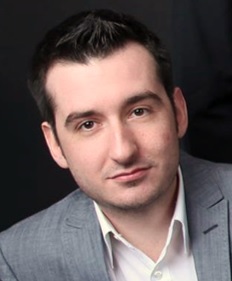
Niklas Kaestner MSc - Doctoral candidate at the Department of Behavioural Biology in Munster, Germany. Already during his studies of Life Sciences at the University of Munster Niklas Kastner was interested in animal emotion and the influence of genes (Master thesis) and social experience (Bachelor thesis). In his doctoral thesis, he investigates effects of serotonin and (social) experience on social, emotional, and cognitive control in mice. His main research interests are: animal behaviour and emotion, gene-by-environment interactions, and behavioural effects of serotonin.

Jamila Bookwala, PhD - Professor of Psychology and Dean of Curriculum and Research at Lafayette College. Dr. Bookwala completed her doctoral training at the University of Pittsburgh and held a post-doctoral fellowship at the University of Pennsylvania. In 2001, she joined the faculty at Lafayette College as a member of the Department of Psychology and in 2014, she led the effort to establish a minor in Aging Studies. She has served as Department Head of Psychology and Chair of Aging Studies. Her broad research interests are related to stress, close relationships, and wellbeing in middle and late adulthood. Specific research projects have examined the role of close relationships (e.g., spousal relationships, confidant relationships) in emotional, psychological, and physical well-being and the extent to which close relationships modify the stress-wellbeing link. She has examined these associations within the contexts of family caregiving, marital transitions, and health challenges (e.g., pain, functional impairment, poor vision). Dr. Bookwala has published 50+ scholarly works that have appeared in peer-reviewed journals and scholarly volumes. Her research has been supported by public and private funding agencies and she is a Fellow of the American Psychological Association.

Justine Gatt, PhD - Doctor in the School of Psychology at the University of New South Wales (UNSW), and Senior Research Scientist and Group Leader at Neuroscience Research Australia (NeuRA). Dr Gatt's lab focuses on understanding the neuroscience and genetics of resilience and wellbeing, versus risk for anxiety and mood disorders. Her methods include genetics, fMRI, MRI, DTI, EEG, ERP, and ECG data in large prospective cohorts including healthy, high-risk or clinical participants and twin methodological designs. She is also in collaboration with several industry partners focusing on the evaluation and development of different e-health tools for mental health promotion.
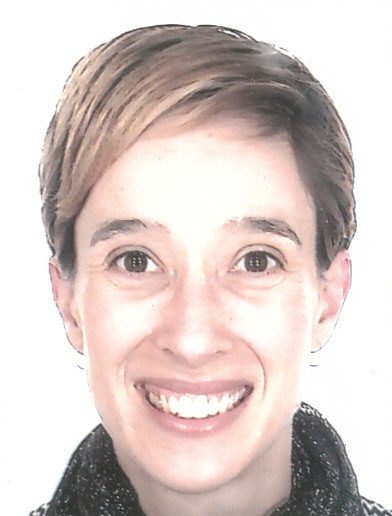
Rebecca Alexander - Doctoral candidate at The University of New South Wales (UNSW), Australia where she is undertaking research into the neuroscience of resilience at Neuroscience Research Australia (NeuRA) under the supervision of Dr Justine Gatt. Rebecca also works as a Research Assistant and has co-authored and published papers in diverse fields spanning health psychology, public health, clinical psychology and teaching and learning best practice. As a graduate of the University of Canberra, Rebecca achieved First Class Honours in Psychology investigating the impact of language on emotion perception and was the recipient of the Dean's Award for Academic Achievement.
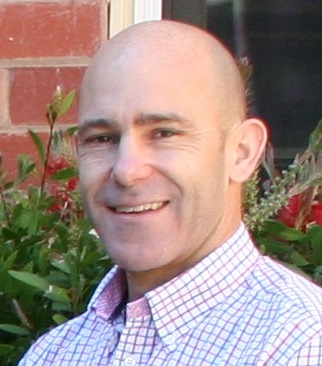
Nicolas Cherbuin, PhD - Associate Professor in the Centre for Research on Ageing, Health and Well-being at the Australian National University. Dr Cherbuin is a research psychologist and epidemiologist and leads the NeuroImaging and Brain Lab in the Research School of Population Health. His research interests focus on investigating the factors that contribute to cognitive and mental health and well-being across the adult lifespan and identifying their cerebral correlates. A better understanding the environmental and internal determinants of human behaviour is essential to developing effective strategies to optimize health and well-being. His team uses prospective data acquired through self-report, objective measurement, biological assays and neuroimaging from large cohorts of individuals living in the community to contrast the relative contribution of a variety of factors to mental health and well-being, and to consider the directionality and temporal characteristics of their association with brain structure and function across time. Another major research interest is the development of tools to assess risk exposure to factors that contribute to accelerated brain and cognitive ageing, to initiate behaviour change to minimize risk exposure, and to implement interventions to optimize mental health and well-being across the lifespan.

Oriana R Aragon, PhD - Postdoctoral Associate in the Department of Psychology, Yale University, and incoming Assistant Professor, Clemson University. Dr. Aragon focuses on emotion expression, perception, connectedness, and regulation. Dr. Aragon's current focus is on the expression of positive emotions. In particular how expressions seemingly contrary to the situation from which they arise (e.g., tears of joy), termed dimorphous expressions, are experienced and perceived.
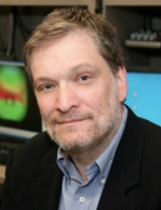
Robert Morrison, PhD - Associate Professor of Psychology at Loyola University Chicago. He completed his Ph.D at the University of California, Los Angeles and completed his postdoctoral training at Northwestern University. His research interests are focused on understanding how humans remember and reason. He uses a range of research methods including brain imaging (EEG/ERP), neuropsychology and computational modeling to study lifespan perspectives on human reasoning and creativity, and he also studies people with a variety of neurodegenerative diseases including Alzheimer's disease, Frontotemporal Dementia and Mild Cognitive Impairment.

Kelly Polnaszek, MA - Graduate student in the clinical psychology doctoral program at Loyola University Chicago. She earned her BS in Psychology in 2012 from Loyola University Chicago, and earned her MA in 2016 following the defense of her thesis, The Cortical and Psychological Mechanisms of Visceral Pain. Prior to attending graduate school, Kelly was the laboratory manager for Dr. Joel Voss' Laboratory for Human Neuroscience at Northwestern University Feinberg School of Medicine. Kelly's research interests include identifying and understanding the psychological and neurobiological factors that contribute to the experience of chronic pain and developing effective, accessible interventions targeting these factors in order to promote well-being.

Robin Nusslock, PhD - Associate Professor of Psychology at Northwestern University, where he also holds appointments in Neurobiology, Psychiatry, and Medical Social Sciences. He completed his Ph.D at the University of Wisconsin-Madison, and a postdoctoral fellowship in affective and clinical neuroscience at the University of Pittsburgh Medical School. His research examines the neural circuitry underlying both positive and negative emotional states, and how these neural circuits are disrupted in emotional disorders, including depression, anxiety, and mania.
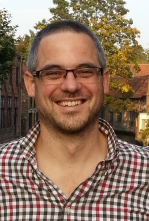
Sven Mueller, PhD - Associate Professor, Department of Experimental Clinical & Health Psychology, Ghent University, Belgium. His research focuses on how the integration of cognitive control and emotion at the behavioral, neurobiological (fMRI, DTI) and psychophysiological (e.g., HRV, pupil dilation, eye tracking) level can inform on risk for development of psychopathology, most notably anxiety and depression. This focus is examined across a variety of different populations including adolescents with/without anxiety/depression or at-risk populations such as parental loss or victims of sexual abuse. The hope is that individual differences in cognition emotion integration will enhance our understanding of risk and resilience mechanisms for psychopathology. In addition, his lab is examining the influence of sex hormones in endocrine conditions and transgender persons on affective processing and spatial cognition.
Hedonics
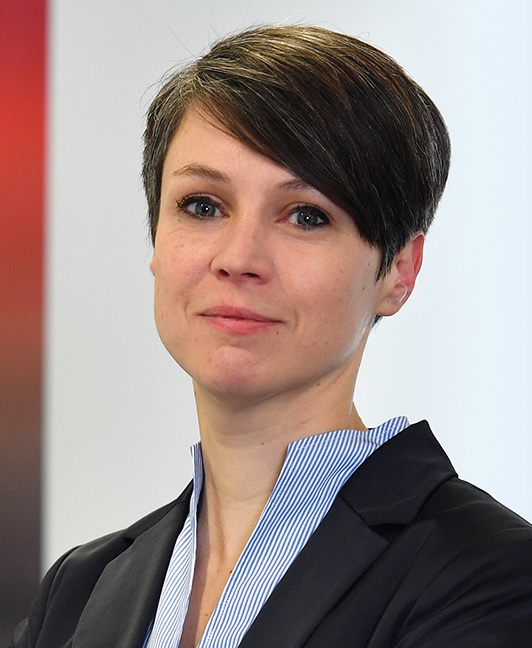
Susanne Becker, PhD - Assistant professor and head of the research group "Psychobiology of Pain" at the Department for Cognitive and Clinical Neuroscience, Central Institute of Mental Health (Medical Faculty Mannheim, Heidelberg University, Mannheim, Germany). She investigates the psychobiological mechanisms underlying the interaction of pain and reward as two fundamental motivators that determine our perception and behavior. Goals of her work are to characterize neuroanatomical and neurochemical mechanisms of the perceptual effects of reward on pain and to identify pathogenetic relevant alterations of theses processes in chronic pain. Susanne applies a multimodal approach incorporating psychophysical and neuropsychological methods as well as neuroimaging and pharmacological interventions.


Anne-Kathrin Brascher, PhD - Postdoctoral research fellow at the Department for Clinical Psychology, Psychotherapy, and Experimental Psychopathology of the University of Mainz, Germany. Her research focusses on the perception and psychological modulation of pain and other bodily symptoms, placebo and nocebo effects, and mechanisms of idiopathic environmental intolerances. Anne employs different methods to investigate these topics, for example functional magnetic resonance imaging, (fMRI), self-report, and psychophysiological measures. Anne is also a senior psychotherapist at the Policlinical Outpatient Department of the University of Mainz, specializing in the treatment of chronic pain.
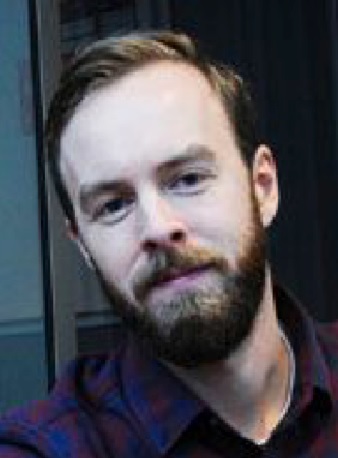
Dan-Mikael Ellingsen, PhD - Postdoctoral research fellow at the Martinos Center for Biomedical Imaging at Massachusetts General Hospital, Harvard Medical School and Department of Psychology, University of Oslo. His research focuses on the neural and psychological mechanisms of expectations, hedonic value, and clinician-patient communication in the therapeutic encounter, and how this shapes subjective experiences such as pain and positive affect. To investigate these questions, Dan-Mikael uses techniques such as functional and structural magnetic resonance imaging (MRI), measures of the autonomic nervous system, pharmacological stimulation, and self-report. Dan-Mikael received his PhD in neurophysiology from the Sahlgrenska Academy, University of Gothenburg, Sweden, in 2014.

Erica D. Musser, PhD - Assistant Professor of Psychology at Florida International University (FIU) and member of the Center for Children and Families at FIU. Dr. Musser is the Director of the Assessment of Behavior, Cognition, and Emotion Regulation in Children and Adolescents (ABC-ERICA) Lab. Dr. Musser's work takes a multi-method approach, using: behavioral rating scales, computer-based laboratory tasks, social interaction tasks, interviews, and measures of autonomic and central nervous system functioning in order to examine the development of typical and atypical behavioral, cognitive, and emotional regulation. To date, the bulk of Dr. Musser's work has focused on childhood attention-deficit/hyperactivity disorder (ADHD); however, she has begun expanding this line of research to other disorders of childhood and adolescence (e.g., anxiety, substance use), as well as developing a greater understanding of emotional development broadly.
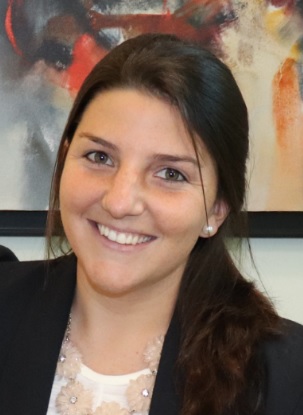
Rosario Pintos Lobo - Rosario is a graduate Research Assistant at the Adolescent Brain Cognitive Development Study at Florida International University (FIU). Rosario's research interests include child and adolescent development, particularly in regard to cognitive, behavior, and emotional regulation in individuals with neurodevelopmental disorders. She is interested in individual brain differences among children and adolescents with attention-deficit/hyperactivity disorder (ADHD) and Autism Spectrum Disorder (ASD). In Fall of 2018, she will begin the Doctoral Program in Clinical Science in Child and Adolescent Psychology at FIU
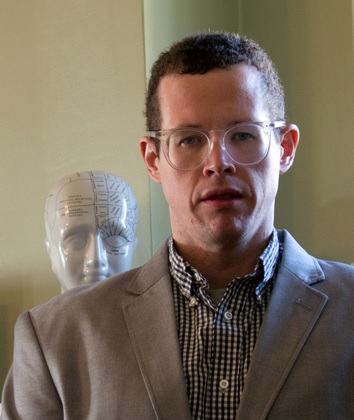
Jamie L. Hanson, PhD - Assistant Professor, Psychology and Research Scientist in the Learning Research and Development Center at the University of Pittsburgh. Dr. Hanson researches how early life stress may impact the brain and behavior, with a particular interest in the processing of rewards and emotions. Dr. Hanson received his Ph.D. from the University of Wisconsin-Madison, in a degree program that integrated developmental psychology, the neuroscience of emotion, public policy, and biostatistics. Jamie has focused on structural and functional alterations in the amygdala, hippocampus, striatum, and prefrontal cortex in pediatric samples exposed to abuse, neglect, or chronic poverty. He was also previously a postdoctoral fellow at the Center for Developmental Science at the University of North Carolina at Chapel Hill, as well as in the Laboratory of Neurogenetics and Center for Child and Family Policy at Duke University. His work has begun to identify neural circuits differentially impacted by these types of adversities, that may convey risk for poor mental health later in development.
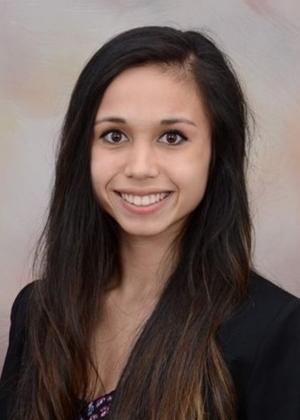
Destany Calma-Birling - Graduate student at the University of Wisconsin Oshkosh. Destany is interested in the developmental impact of early life stress on neural circuits and self-regulatory processes that confer risk for psychopathology, as well as the psychosocial factors that influence these pathways. She is also particularly interested in investigating whether mindfulness-based interventions can promote resilience in youth exposed to chronic stress and adversity.
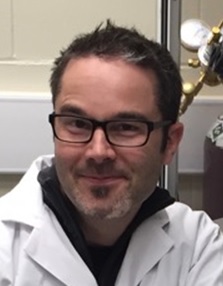
Loren Martin, PhD - Assistant Professor and Canada Research Chair in Translational Pain Research in the Department of Psychology at the University of Toronto Mississauga. The primary goal of his research program is two-fold; 1) to understand how pain is communicated between individuals and 2) to highlight the importance of chronic pain in shaping brain circuits and behaviour. To achieve these objectives, his lab uses a sophisticated and integrative approach to identify the brain circuits that are responsible for the social modulation of pain and understand whether these circuits are altered by chronic pain.

Navi Lidhar - Doctoral student at the University of Toronto supported by a NSERC fellowship. Navi's research focuses on the neurobiological mechanisms underlying the interaction between social context and pain. She is currently examining the role of the prefrontal cortex on top-down modulation of pain behaviour in stressful and rewarding social contexts. In addition, she is examining levels of endorphins, corticosterone and oxytocin in relation to social interaction and pain behavior.
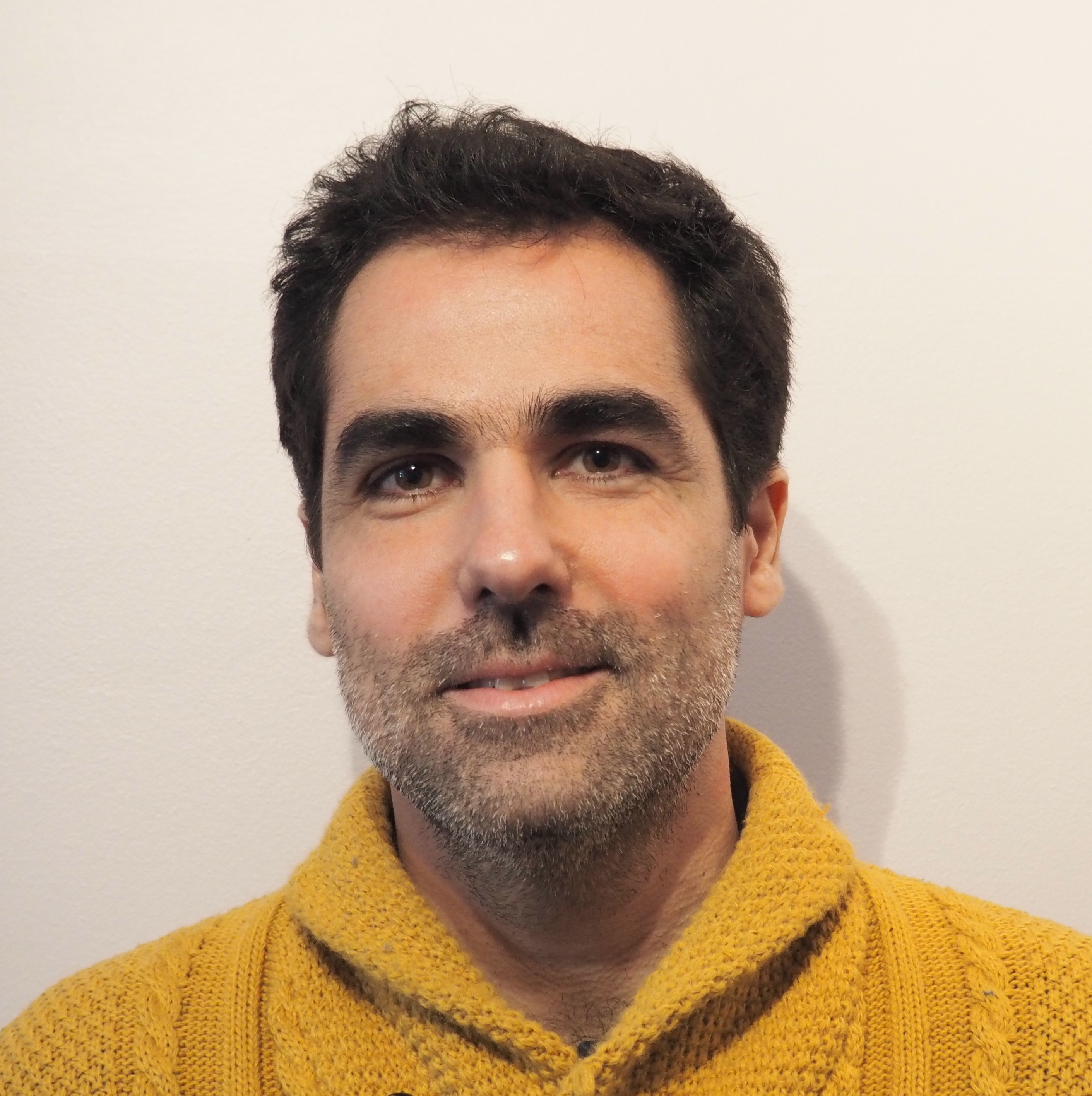
Mateus Joffily, PhD - Research engineer at Groupe d'Analyse et de Theorie Economique Lyon Saint-Etienne. Dr Joffily work focuses on computational models of affect, learning and decision making. Methods used combine Bayesian decision theory and the analysis of behavioral, electrophysiological and neuroimaging data. He received his MSc degree in biomedical engineering (2000) and PhD degree in Biophysics (2005) from the Federal University of Rio de Janeiro, Brazil. He later worked as Post-Doc researcher in the Institut des Sciences Cognitives, France, in the Institute of Psychiatry of the Federal University of Rio de Janeiro, Brazil, and in the Center for Mind/Brain Sciences (CIMeC) of University of Trento, Italy.
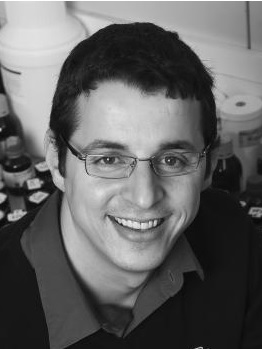
Moustafa Bensafi, PhD, HDR - Research Director in Neurosciences at the Neuroscience Research Center of Lyon (CNRS, France). His research is taking the olfactory modality as a window onto the human affective system in order to address interdependent questions debated among researchers in the field of olfaction and emotions. How and to what extent do emotions induced by odors influence cognitive and social behavior? How do people segment the emotional dimensions of odors? What modulations are induced by contextual information and how do olfaction and its hedonic dimension develop throughout life? How does the human brain represent these olfactory emotions or affects? To answer these questions, his group is using psychophysics, functional MRI, EEG in humans in different patient populations including young healthy subjects, old individuals and Alzheimer patients.
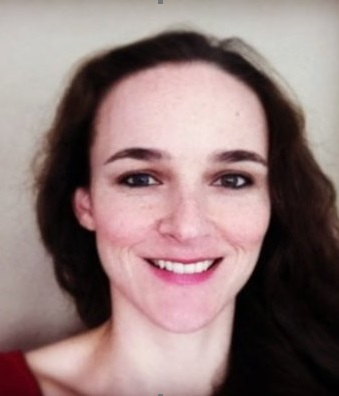
Camille Ferdenzi, PhD - Researcher in psychology and behavioral neuroscience, Lyon Neuroscience Research Center, Lyon, France. Dr Ferdenzi's research aims to better understand inter-individual variations in affective responses to different categories of smells, with a specific focus on human body odors. Affective responses are studied at various levels, including psychophysics, verbal reports, olfactomotor behavior and responses of central and autonomous nervous system. Increasing the knowledge of how odor perception varies as a function of gender, culture, across development and aging, and in health and diseases (or impairments) is a key to understanding human olfaction. A particular focus is placed on explaining the origins of such variations (experience, genetics) and on their consequences on everyday behaviors, especially food behavior and social interactions such as human mate choice.
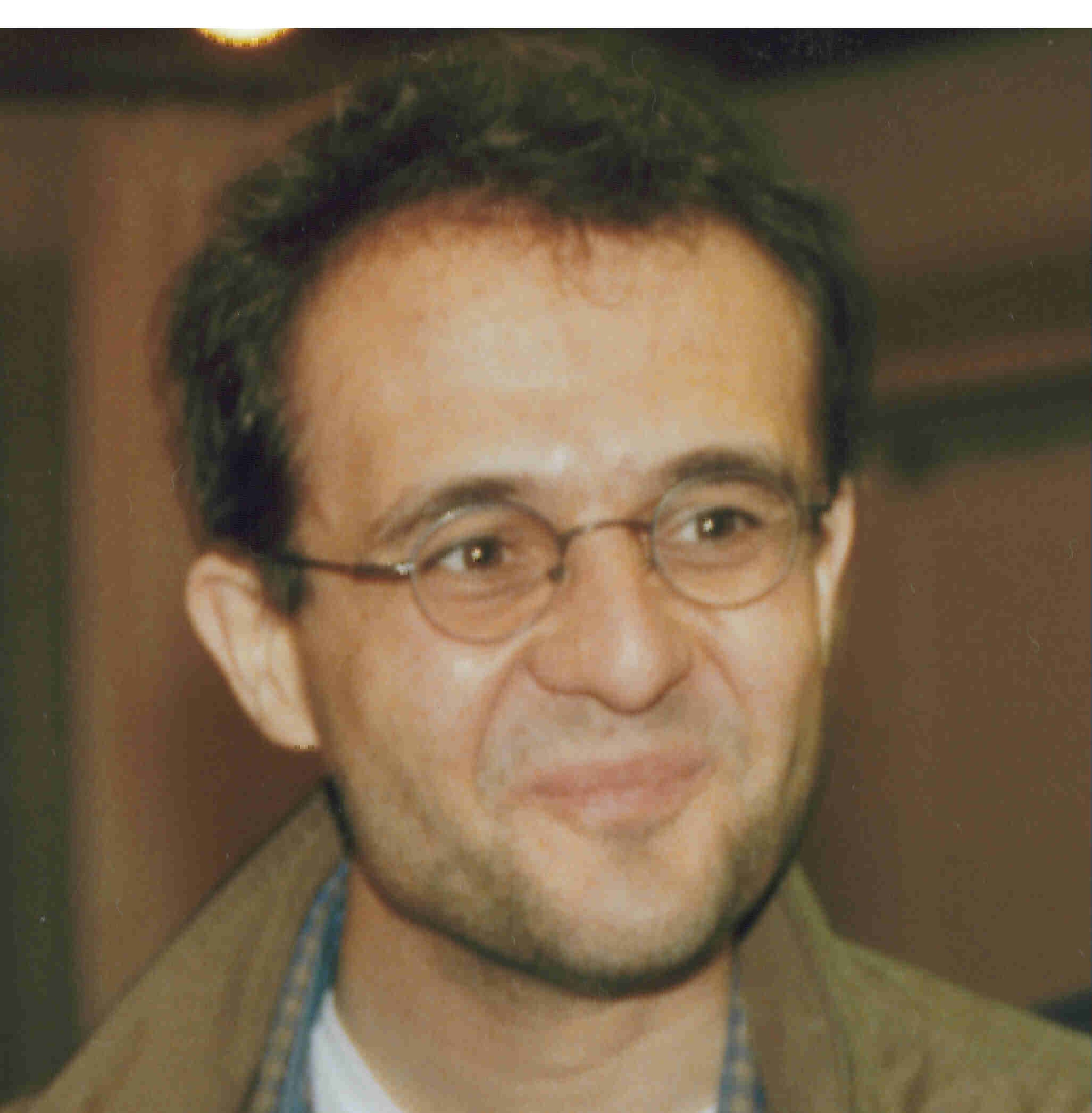
PD Dr. med. Michael Noll-Hussong MD - Associate Professor of Psychosomatic Medicine and Psychotherapy in the Department of Psychosomatic Medicine, Psychotherapy and Medical Psychology at the University of Ulm, Germany. As senior physician and head of the psychosomatic outpatient clinic he works especially with patients and their "significant others" that suffer from mental disorders like somatic symptom disorders, chronic pain disorder, personality disorders, and eating disorders. Michael Noll-Hussong is medical specialist, certified psychotherapist, certified physiologist and neuroscientist. His research focuses on - amongst others - the link between psychological stress and bodily symptoms, affective meaning construction, empathy and social neuroscience. Methods include clinical, phenomenological, psychometric, cognitive psychology, psychophysiology, and neuroimaging (fMRI).
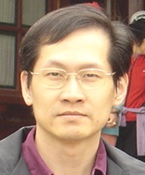
Raymond C K Chan, PhD - Principal Investigator and Director of the Neuropsychology and Applied Cognitive Neuroscience (NACN) Laboratory (http://nacnlab2.rol.escience.cn/dct/page/65540), Key Laboratory of Mental Health, Institute of Psychology, Chinese Academy of Sciences. Dr. Chan has a long standing interest in schizophrenia and related disorders, and mentally at-risk individuals. This is reflected in a substantial contribution to neuropsychological studies, neuroimaging and behavioral genetics research in this field, anhedonia in particular. His focus is on the neuropsychological and neurobiological markers for schizophrenia and at-risk group as well as bipolar disorders and major depressive disorder (using endophenotype approach), seeking to understand what parts of the brain is targeted in these disorders and the potential causal mechanisms. His group has been actively developing and validating a set of neuropsychological tests used in the field and therefore has been equipped with up-to-date international standard tools for the early detection and non-psychopharmacological intervention (cognitive training, tDCS, rTMS and real-time imaging). As PI on several grants funded by the Chinese Academy of Sciences, National Natural Science Foundation China and the Ministry of Science and Technology of China, he developed effective measures of anhedonia at self-report, behavioral and brain imaging levels. He is also currently the Honorary Professor of the Department of Psychiatry, the University of Hong Kong, the Honorary Director of the Translational Neuropsychology and Applied Cognitive Neuroscience Laboratory of the Shanghai Mental Health Centre, and the Honorary Director for Research, the Institute of Mental Health, Castle Peak Hospital, Hong Kong.

Dr. Yi Wang - Assistant professor at Institute of Psychology, Chinese Academy of Sciences (IPCAS), Beijing, China. She received her doctoral degree in Cognitive Neuroscience and Neuropsychology in 2013. She is currently a visiting fellow at Department of Psychiatry, University of Cambridge supported by a national scholarship. Her research is mainly focused on social cognition in schizophrenia spectrum and the related brain mechanisms. Adopted the perspective of schizophrenia spectrum, she does not only look into the deficits in patients with full-blown psychosis, but also attach importance to the individuals with higher genetic or behavioural risk. She has received travel awards from Schizophrenia International Research Society (SIRS) conference in 2014 and Young Investigator award from International Congress on Schizophrenia Research conference in 2017.

Siri Leknes, PhD - Principal investigator at the Leknes Affective Brain Lab, and Associate Professor in the Department of Psychology, University of Oslo in Norway. Dr Leknes is a cognitive neuroscientist by training, who completed her PhD on Pain, reward and relief at the University in Oxford in 2008. Drawing on the complementary perspectives of cognitive psychology, central neurophysiology and peripheral neurophysiology, Dr Leknes is interested in knowing how the brain creates subjective experiences, and what happens in the nervous system that makes us perceive something as good or bad, pleasant or painful? Her current research is focused on the subjective hedonic feelings associated with rewards and punishments, social reward, and individual differences in the subjective experience of pain and pleasure.
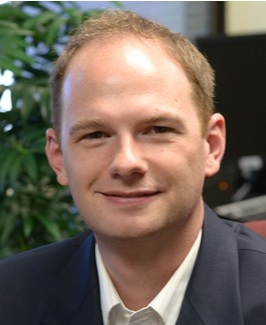
Thomas Olino, PhD - Assistant Professor of Psychology in the Clinical area of the Psychology department at Temple University. Dr. Olino is interested in the etiology of depression, thus, his work includes investigations across multiple candidate processes. His principal interests within this area are concerned with diminished anticipation of and responses to rewards (i.e., anhedonia) as a potential mar ker of risk for depression. This work is informed through the use of multiple measurement strategies, including self-report, behavioral assessments, and functional MRI methods. Dr. Olino is also interested in how adolescent development interacts with specific risk factors to increase the likelihood of developing depression. His current work is supported by the National Institute of Mental Health. He a member of the American Psychological Association, Association for Psychological Science, Society of Research of Psychopathology, International Society for Research in Child and Adolescent Psychopathology, Society for Research in Child Development, and the Society for a Science of Clinical Psychology.
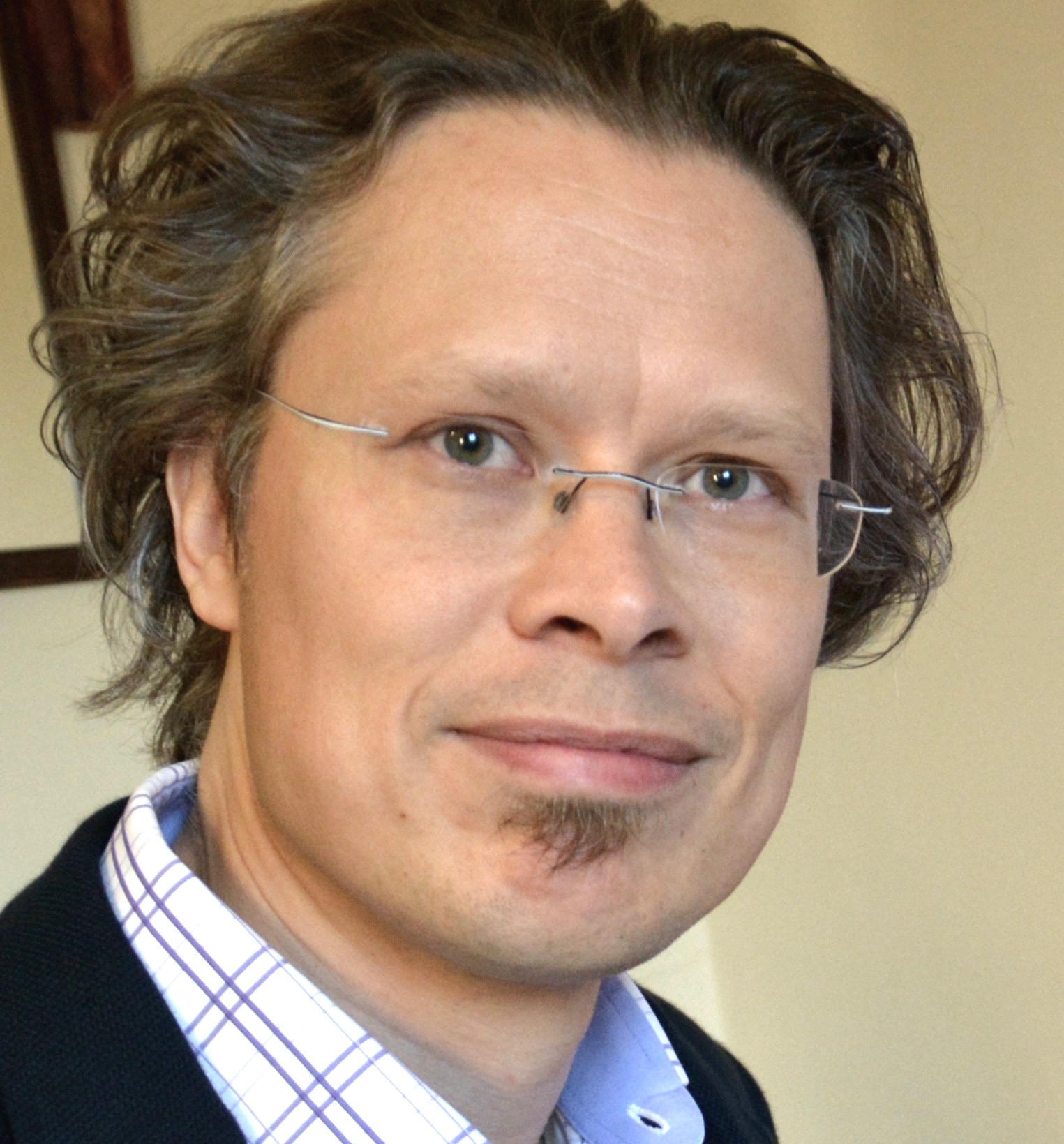
Tuomas Eerola, PhD - Professor of Music Cognition at the Durham University, England. Dr Eerola's main research interest is emotions induced by music, the expressive and emotional cues of affective communication in music, and mechanisms involved both processes. He is also interesting in everyday uses of music in relation to emotions and how individual differences and depression shape both the selection and responses to music. Methods include empirical experiments including physiological or neural responses, computational modelling and acoustic analysis. His current research involves trying to understand the mechanisms behind listeners' pleasurable experiences of sad music.
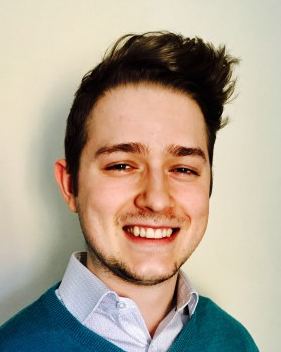
Scott Bannister - Doctoral student in Music Psychology at the Department of Music at Durham University, United Kingdom. Scott's research focuses on the phenomenon of musically-induced chills, goosebumps and shivers, assessing the actual emotional characteristics and variability within the experience, the possible causal mechanisms underlying the process, and theories of emotion in aesthetic contexts
Linguistics

Advaith Siddharthan, PhD - Senior lecturer in Computing Science at The University of Aberdeen, UK. Dr Siddharthan is a Computational Linguistics expert, and his research focus is on personalising information to user chracteristics by exploiting results in Linguistics and Computer Science. His recent research covers information extraction, news summarization, text simplification, natural language generation, computational creativity and affective computing.


Matt, Purver, PhD - Reader in Computational Linguistics in the School of Electronic Engineering and Computer Science at Queen Mary University of London; Joint head of the Computational Linguistics Lab and deputy head of the Cognitive Science research group. Dr Purver's research is in computational semantics and pragmatics of dialogue - using the context of a conversation to build models of what people are actually talking about. He is mainly interested in conversational language: systems which can have conversations with people, or which can understand people having conversations with each other, face-to-face or online
Motivation
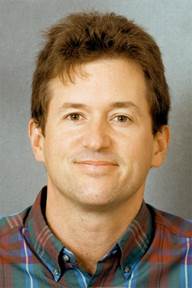
Howard Casey Cromwell, PhD - Director of the Biology of Affect and Motivation laboratory at BGSU and is a member of the JP Scott Center for Neuroscience, Mind and Behavior. His research interests revolve around motivation and the brain basis of goal-directed action. His studies include the neuroscience of relative reward encoding that involve how neural activity encodes relative reward information to produce effective goal-directed behavior. Relative reward effects explored include incentive contrast effects, variety effects and induction between different outcomes including food and social rewards. He has been involved in work on emotional and motivation systems interactions using animal models and the measurement of affect during motivated action. The brain system of primary research interest includes the basal ganglia and nucleus accumbens with its interactions among a wide set of cortical and subcortical regions.


Catherine L. Caldwell-Harris, PhD - Associate Professor at Boston University, directs the Psycholinguistics Laboratory in the Department of Psychological and Brain Sciences. She brings her cognitive science training (PhD, University of California San Diego, 1991) to a range of interdisciplinary questions. Foremost among these is the intersection between language and emotion. She has written extensively on how the emotional resonances elicited by language differ for bilinguals' native and foreign language, beginning with her seminal study demonstrating that skin conductance amplitudes were larger when bilingual speakers listened to emotional phrases in their native language compared to a foreign language. Her diverse investigations into the emotions associated with language include lying, responding to police interrogations, joking and evaluating trolley (and other) dilemmas. Dr. Caldwell-Harris' cross-cultural work in China investigated why American and Chinese cultures differ in frequency and comfort in expressing I love you. An ongoing theoretical project is to explain difficulties with foreign language learning in both childhood and adulthood as stemming from motivational factors, rather than to limitations in brain plasticity. Drawing on life-history theory from evolutionary psychology, Dr. Caldwell-Harris proposes opportunity costs of foreign language learning are prohibitive in adulthood in most situations. This theoretical framework also explains why children are poor second/foreign language learners outside of immersion settings.
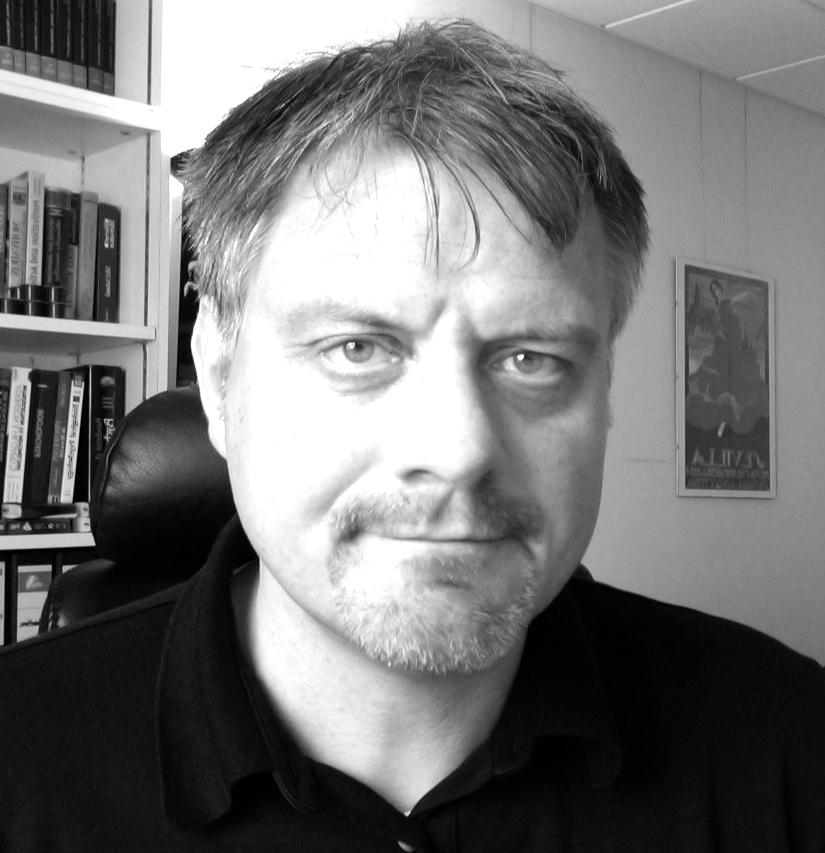
Guido Gendolla, PhD - Professor of psychology at the University of Geneva, Switzerland, Chair for Motivation Psychology and Director of the Geneva Motivation Lab. Dr Gendolla earned his diploma in psychology (corresponding to MSc) and his PhD at the University of Bielefeld, Germany, and his habilitation in psychology at the University of Erlangen, Germany. His research focuses on how affect influences human motivation and is mainly concerned with involved psychophysiological processes. He has authored numerous publications and his research has been supported by various grants of the Deutsche Forschungsgemeinschaft and the Swiss National Science Foundation. His research interestes are focused on motivation, emotion, effort, psychophysiology, automaticity, and implicit affect.

Karen Caplovitz Barrett, PhD - Professor of Human Development and Family Studies at Colorado State University and Professor of Community & Behavioral Health at Colorado School of Public Health. Her research takes a functionalist approach to studying emotion processes and their development. The primary foci of her research are emotion regulation, emotional influences on mastery motivation and self-regulation, "social emotions" (such as guilt and shame) during early development, and cultural and other socialization influences on these processes. Current research projects are in four major areas: (1) measuring motivational and self-regulatory aspects of school readiness; (2) the effect of early intervention on early socioemotional competence, school readiness, and prevention of emotion regulation difficulties; (3) how emotion regulatory and self-regulatory processes develop during early childhood, in typical, atypical, and at-risk populations; and (4) socialization and cultural influences on emotions and self-regulation.

Jun Wang, PhD - Research Assistant Professor at the Institute for Applied Research in Youth Development at Tufts University. Her research focuses on the positive development of children and adolescents from diverse sociocultural backgrounds, with a specific focus on emotion regulation and self-regulation processes.
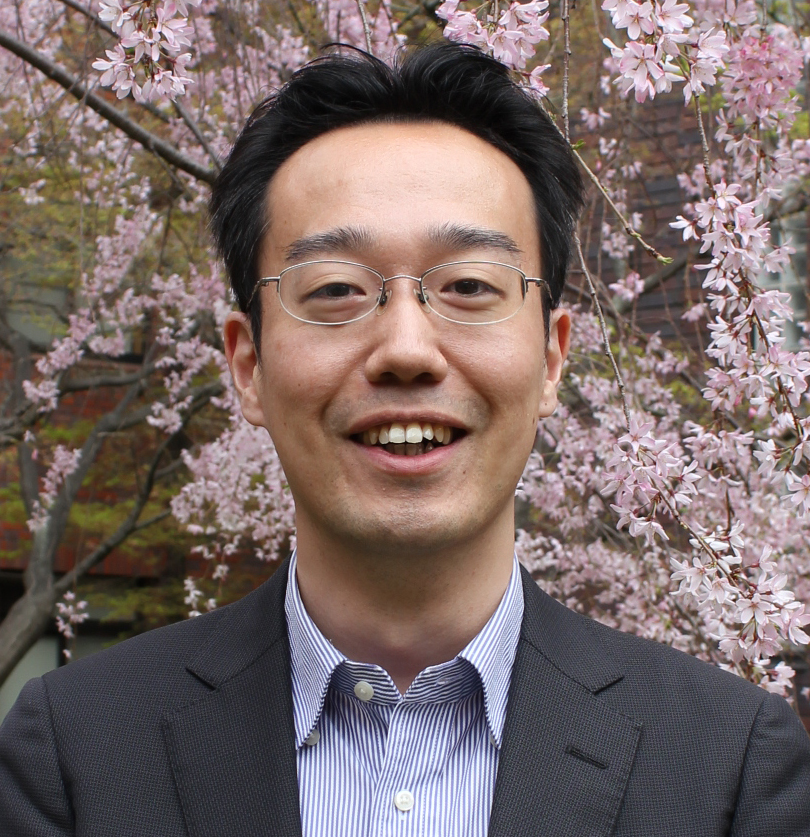
Nobuhito Abe, PhD - Associate Professor of Kokoro Research Center, Kyoto University, Japan. Dr. Abe's research projects have focused on brain-behavior relationships in cognitive neuroscience. He has used functional neuroimaging to investigate the cognitive nature of human behavior both in healthy individuals and patients with neurological, psychiatric, and developmental disorders. Now his research is mainly focused on neurobiological basis of human honesty and dishonesty.

Nora A Murphy, PhD - Associate Professor of Psychology at Loyola Marymount University in Los Angeles, CA. Dr. Murphy studies the role of nonverbal behavior and emotion in person perception, impression formation, and interpersonal accuracy. Her research interests are fueled by the immediate impressions formed within minutes, or even seconds, of meeting someone for the first time. Typically, such impressions are markedly influenced by emotional expressions and nonverbal behaviors such as eye gaze, smiling, nodding, and gesturing. Much of her research involves the use of "thin-slices", which are brief video clips of social interactions, to investigate how emotions, personality, and nonverbal behavior shape social outcomes. Current projects include examining the role emotion regulation in person perception, age effects in emotion regulation strategies, and the accurate perception of intelligence.
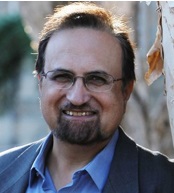
Perminder Sachdev, AM, MBBS, MD, FRANZCP, PhD, MFPOA - Scientia Professor of Neuropsychiatry, Co-Director of the Centre for Healthy Brain Ageing (CHeBA) in the School of Psychiatry, UNSW Medicine, University of New South Wales, Sydney and Clinical Director of the Neuropsychiatric Institute (NPI) at the Prince of Wales Hospital, Sydney, Australia. Professor Sachdev's major research interests are cognitive ageing, with a particular focus on age-related cognitive decline, neurodegeneration and vascular cognitive disorders. He has also carried out work relating to thought and movement, attentional processes, neuroimaging, brain stimulation, drug-induced movement disorders, secondary psychosis and Tourette syndrome. Professor Sachdev leads a research program which includes longitudinal cohort studies such as the Sydney Memory and Ageing Study, the Older Australian Twins Study and the Sydney Centenarian Study, and is co-investigator on the PATH Through Life Study.

Rebecca Koncz, M.B.B.S (Hons) - Dr Koncz is completing her final year of psychiatry training in Intellectual Disability and Neuropsychiatry. In 2016, she was awarded a Fellowship by the NSW Department of Ageing, Disability and Home Care and works across a number of adult and child intellectual disability psychiatry clinics in Sydney, Australia. In addition to this, she works at the Neuropsychiatric Institute, Prince of Wales Hospital, in Sydney, Australia. This involves the assessment and management of a variety of neuropsychiatric conditions such as movement disorders, epilepsy, and cognitive disorders. Her current research relates to neuroimaging in the Older Australian Twins Study cohort, and drug-induced movement disorders, under the supervision of Professor Perminder Sachdev, University of New South Wales. Her previous research interests have included EEG correlates in psychosis, as well as mindfulness for workplace stress-reduction, as a Research Affiliate for the Brain and Mind Centre, University of Sydney.
Physiological
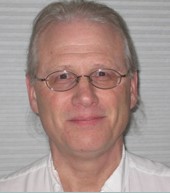
Edward Franz Pace-Schott, PhD - Assistant Professor of Psychiatry at the Harvard Medical School and Associate Researcher at Massachusetts General Hospital. Dr Pace-Schott is interested in how sleep helps humans regulate their emotions. Regulation of negative emotions can take place via uniquely human cognitive strategies such as reappraising the meaning of upsetting events or generating anticipatory protective beliefs. However evolutionarily ancient learning processes also contribute to human emotion regulation. These include extinction--learning that a once feared object or event is no longer dangerous--habituation whereby we become less reactive to frequently encountered stimuli as well as fear learning and sensitization. His research strives to identify the effects of sleep on these elemental forms of emotional memory. Extinction and habituation are key components of a first-line treatment for anxiety disorders, exposure therapy, a process whereby therapeutically introduced extinction and habituation memories aid in overcoming debilitating fears. Many recent studies have also shown that sleep plays an important role in the consolidation of emotional memory Dr Pace-Schott's work has shown that sleep enhances generalization of extinction memory, promotes psychophysiological habituation to repeatedly encountered negative stimuli, enhances extinction memory and generalization following simulated exposure therapy and that extinction learning and recall vary with time of day and chronotype. His current projects include functional neuroimaging of fear conditioning and extinction in insomnia and the use of sleep as a therapeutic adjunct in exposure therapy for social anxiety disorder

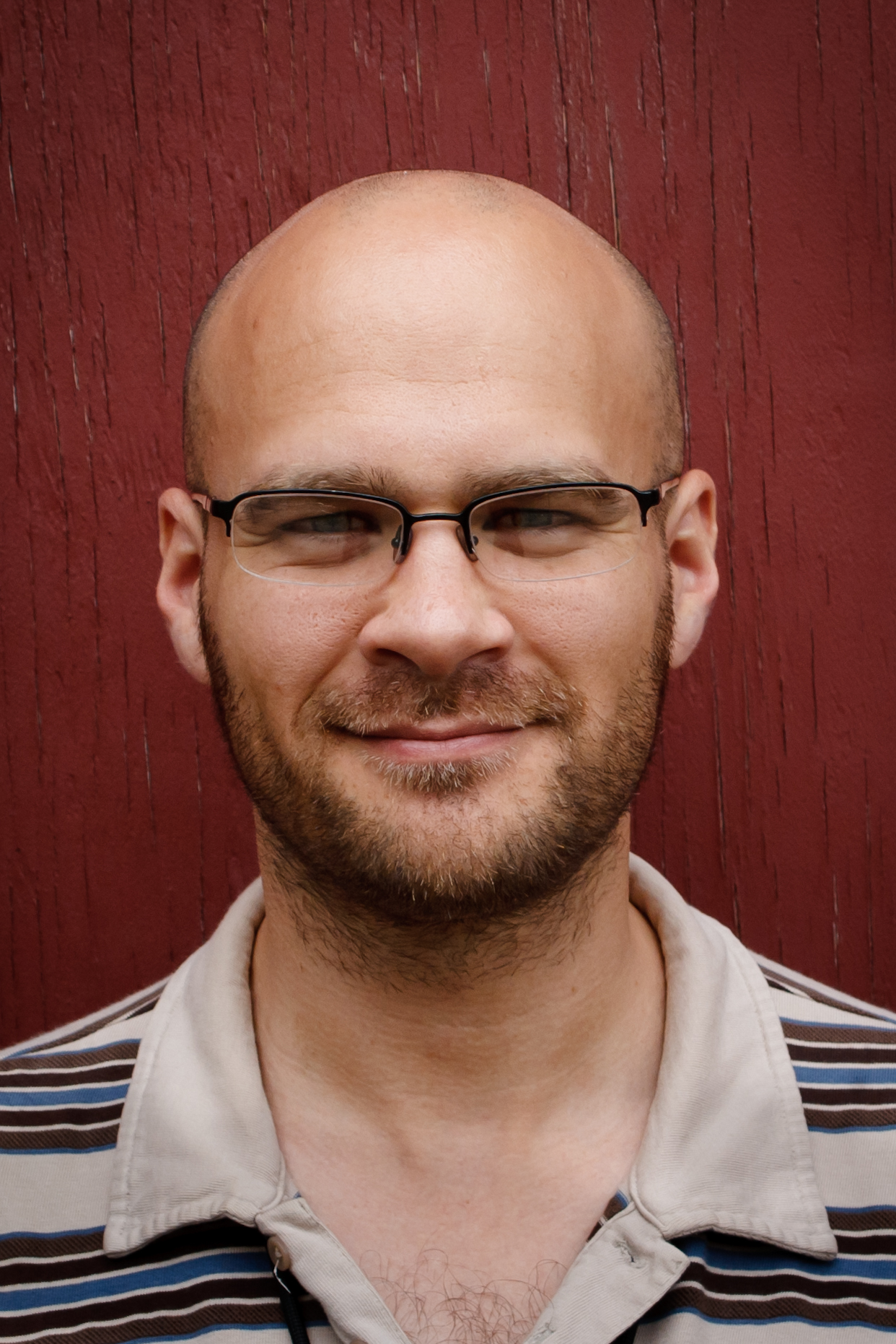
Michael B.Vanelzakker, PhD - Research Fellow, Psychiatric Neuroscience Division, Harvard Medical School & Massachusetts General Hospital and Psychology Instructor, Tufts University. Dr. VanElzakker has conducted cross-disciplinary research, with rodent models and human patient populations, on the interaction between the nervous system and both the immune and endocrine systems. He is interested in the intersection between emotion and learning which has special relevance to trauma responses, and also understanding what renders some individuals vulnerable to decompensation into posttraumatic stress disorder (PTSD) after trauma. To this end, he has been studying a unique population of identical twin pairs from which one brother fought in the Vietnam War and the other did not. Dr. VanElzakker is interested in how emotional learning processes like fear extinction learning can contribute to recovery from PTSD. He is interested in whether neurotherapeutic interventions such as vagus nerve stimulating devices can modulate fear extinction learning as well as pathological neuroimmune responses
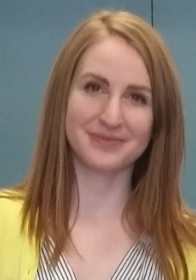
Amanda Merner - Doctoral student in the Affective Neuroscience Laboratory at Case Western Reserve University. Amanda's research is focused on how emotions - particularly negative emotions - influence implicit and explicit cognitive processes involved in approach and avoidance behaviors toward highly appetitive stimuli. Additionally, Amanda is interested in the physiological underpinnings of emotion regulation, and how individual differences in emotion regulation strategies and physiological arousal levels can impact approach and avoidance behaviors.
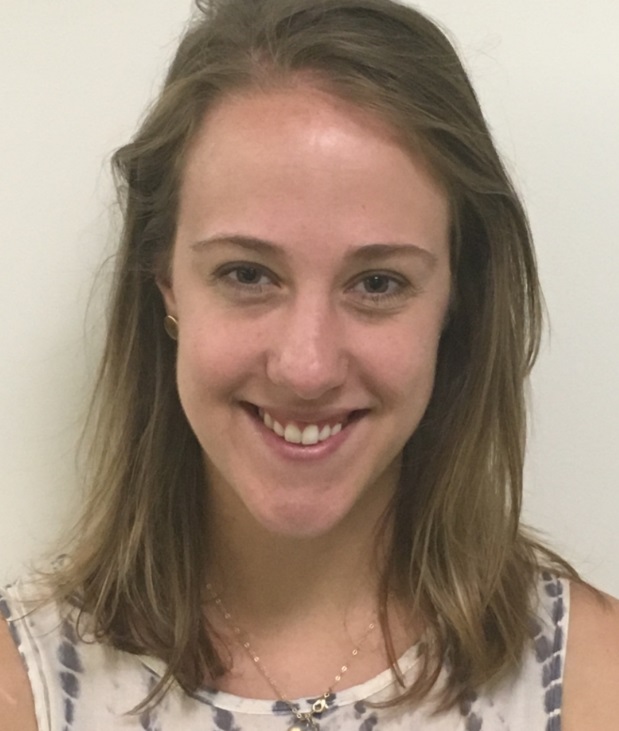
Kelsey Magee - Doctoral Student in the Clinical Psychology Graduate Program at Case Western Reserve University. Broadly, her research focus is on understanding the etiology of depression and anxiety disorders across childhood and adolescence, using multi-method approaches that include attempts to integrate psychosocial and neurobiological risk and protective factors. Kelsey's work examines both autonomic nervous system functioning (e.g. heart-rate/heart-rate variability, respiration, skin conductance, and startle-reflexes), as well as central nervous system processes via EEG and Event Related Potential recordings.

Bruce H. Friedman, PhD - Associate Professor of Psychology and Director of The Mind-Body Lab at Virginia Tech. Current research uses psychophysiological methods to explore the mind-body relationship. Dr. Friedman's work is primarily focused on the relationships among affective phenomena, personality, and autonomic nervous system activity. Some specific topics of interest include anxiety, worry, stress, and hostility in relation to cardiovascular activity, autonomic specificity of emotion, and self-regulation and autonomic response patterns. The Mind-Body Lab's research is both basic and applied in nature and spans the domains of psychophysiology and behavioral/psychosomatic medicine. Non-invasive psychophysiological measures are used, such as heart rate variability, impedance cardiography, and blood pressure.

Derek P. Spangler, PhD - Post-doctoral fellow at The Ohio State University. Derek's research is focused on the role of the autonomic nervous system in emotion and attention, and their interaction. His work is particularly directed at the study of cardiac vagal control and its functional relations to anxiety and working memory. This research has implications for: (a) identifying how the autonomic nervous system drives adaptations to emotional and cognitive challenge, and (b) understanding self-regulation as an embodied process.

Heath A Demaree, PhD - Dr. Demaree is Director of the Affective Neuroscience Laboratory at Case Western Reserve University. The members of this laboratory are currently investigating how different cognitive variables, both trait (e.g., working memory capacity) and state (abstract/global versus concrete/local processing), influence people's automatic reactions to emotional stimuli (mostly "approach" emotions to appetitive stimuli), as well as their ability to control emotional responses. Reciprocally, he is also interested in how emotion regulation (e.g., reappraisal) alters people's automatic motivational responses to emotional (mostly appetitive) stimuli and global/local focus.
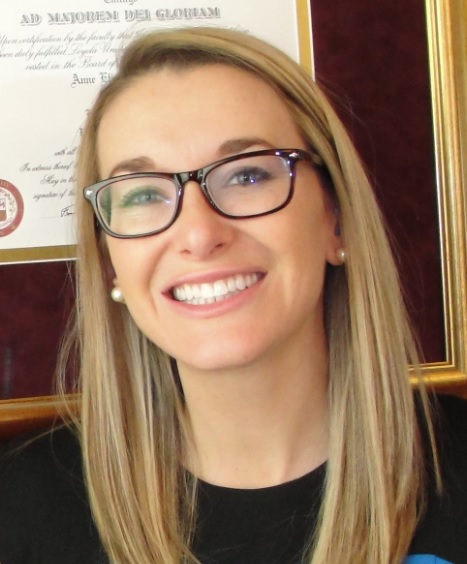
Anne Kotynski - Doctoral student in the Affective Neuroscience Laboratory at Case Western Reserve University. Her recent research is on how global/ local focus alters automatic motivational responses. Anne's dissertation project uses self-report, behavioral (implicit and explicit), and physiological measures (SCR) to explore how global/ local focus influences emotional responses (particularly highly motivating positive emotions like desire). In the future, Anne plans to incorporate additional psychophysiological measures including pupil dilation and cardiovascular measures in her research.
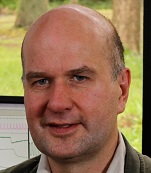
Hugo Critchley, DPhil, FRCPsych - Chair in Psychiatry & Co-Director of the Sackler Centre for Consciousness Science at Brighton and Sussex Medical School (BSMS) and University of Sussex. Dr Critchley trained in Physiology and Medicine in the University of Liverpool and received his doctorate in Psychological Studies at the University of Oxford. He undertook specialist training in psychiatry at Institute of Psychiatry and Institute of Neurology, in parallel with research fellowships including a Wellcome Trust Senior Research Fellow in Clinical Science, awarded 2004. He was a principal investigator at the Wellcome Department of Imaging Neuroscience, UCL Institute of Neurology and group leader at the UCL Institute of Cognitive Neuroscience. Now his research at BSMS focusses on psychological medicine, biological psychiatry and neuropsychiatry. His research programme examines brain-body interactions, combining human neuroimaging with physiological monitoring and patient studies. The research addresses central autonomic control and interoception relevant to emotion
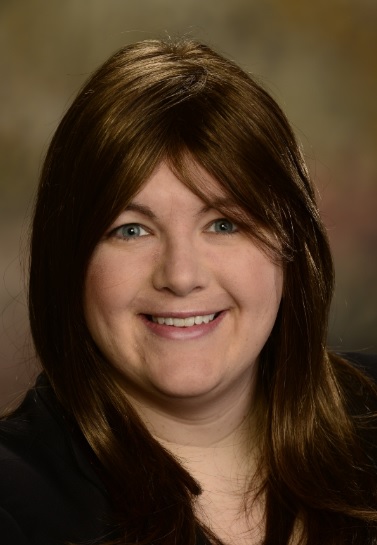
Jennifer Robinson, PhD - Associate Professor in the Department of Psychology at Auburn University and Director of the Cognitive and Affective Neuroscience Laboratory, Dr. Robinson's research interests broadly center on elucidating the interaction between affective and cognitive processes at the peripheral and central nervous system levels (via psychophysiology and high field functional magnetic resonance imaging). Additionally, Dr. Robinson's most recent work focuses on identifying the underlying functional connectivity of limbic structures, and how autonomic control may be influenced by shifts in neural networks. The CAN Lab is outfitted with an MR-compatible BIOPAC recording system and associated modules to enable the collection of electromyograph (EMG), electrocardiograph (ECG), impedance cardiography, skin conductance, and respiration measures for simultaneous collection of neuroimaging and psychophysiological data.
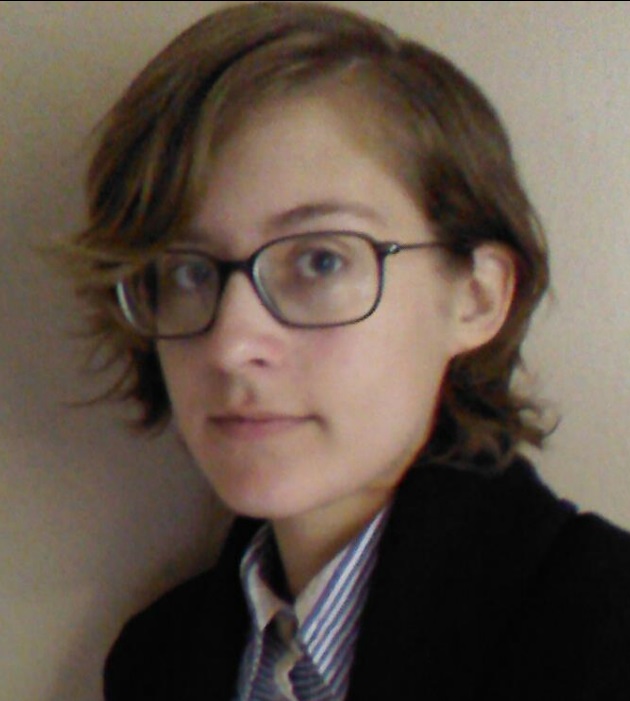
Lauren A.J. Kirby, MS - Doctoral student and instructor of record (IOR) at Auburn University, researching in Dr. Jennifer L. Robinson's Cognitive and Affective Neuroscience Laboratory (CAN Lab). Lauren earned her BA in Psychology at the University of North Alabama in 2013 and earned her MS in Psychology (Cognitive and Behavioral Sciences) at Auburn University in spring 2016. Her research interests include affective brain mapping, emotion elicitation, and emotion regulation. Her current research focuses on creating a film-based emotion elicitation stimulus set validated with psychophysiological and neurofunctional measures. Other research projects include a quantitative meta-analysis of discrete emotion-related fMRI activations, an exploration of the factor structure of a novel emotion regulation measure, and investigations of a variety of cognitive, affective, physiological, and neurofunctional differences between sleep-deprived and well-rested adolescents.
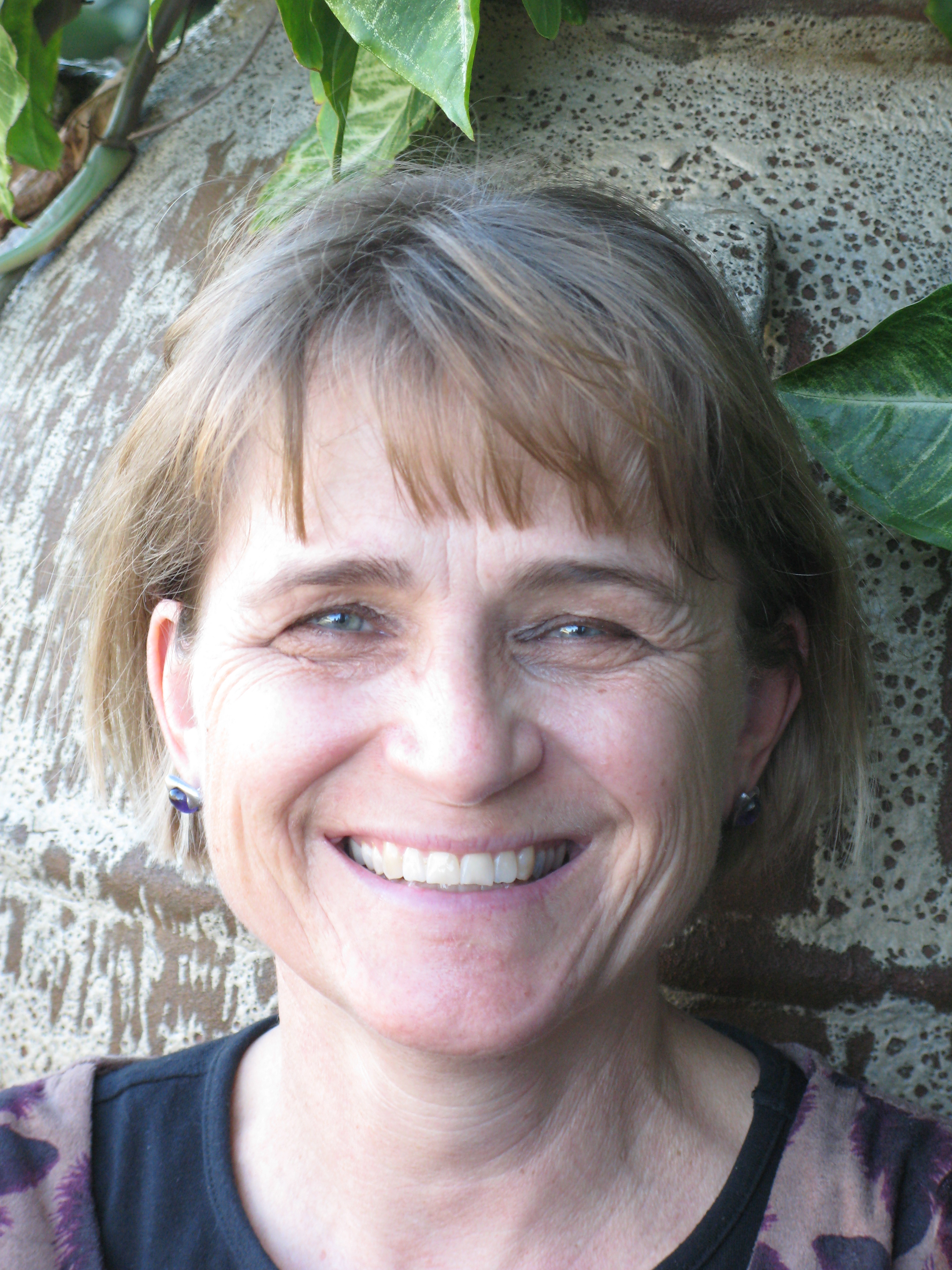
Kasia Kozlowska, MBBS, FRANZCP, PhD - Clinical Associate Professor Discipline of Psychiatry and Discipline of Child and Adolescent Health, University of Sydney Medical School, Sydney, Australia. Child and adolescent psychiatrist at The Children's Hospital at Westmead. Clinician researcher at The Brain Dynamics Centre at Westmead Millennium Institute of Medical Research, Westmead, Australia. Dr Kozlowska's research has focused on the neurophysiological underpinnings of functional neurological symptoms in children and adolescents. The key aim of her research is to provide a neurobiological framework for symptoms that are currently termed "psychogenic", to utilize this neurobiological framework to develop clinical interventions and to integrate interventions into the Mind-Body Rehabilitation program for this patient group. She is also interested in innate fear responses and how they manifest in humans.

Lauren M. Bylsma, PhD - Assistant Professor in the Department of Psychiatry at the University of Pittsburgh. Dr. Bylsma is a Clinical Psychologist who has focused her program of research on understanding emotional functioning across the course of depressive disorders, including adults with current or remitted depression and youth with a history of depression or at high familial risk for depression. Much of Dr. Bylsma's work has been focused on psychophysiological indices of emotional responding, including cardiovascular reactivity (particularly respiratory sinus arrhythmia) and electrophysiology (event related potentials). She is currently supported by an NIMH Career Development Award (K01), where she is examining neurophysiological and daily life behavioral indices of emotional processing and regulation in 9-13 youth at high and low familial risk for depression over one year.
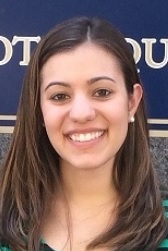
Marlissa Amole, MA - Fourth year clinical psychology doctoral student at the University of Pittsburgh. Her research focuses on the affective, behavioral, and physiological display of emotions in individuals in close relationships. Her master's project examined heart rate variability in depressed mother-daughter dyads during positive and negative discussions. She is currently conducting research on how parents and children dealing with depression and/or anxiety influence each other's emotions.

Marie-France Marin, PhD - Researcher at the Research Center of the Montreal Mental Health University Institute, Assistant Research-Professor in the Department of Psychiatry at University of Montreal. Dr. Marin's work has shown that at the time of memory reactivation, exposure to a psychosocial stressor increases the strength of the emotional memory and this modified memory trace persists over time. Conversely, pharmacologically decreasing stress hormone levels (in this particular case, cortisol) at the time of memory reactivation results in decreasing the strength of the emotional memory trace. She has also examined how emotional and fearful memories are formed and modulated in clinical populations (mostly anxiety disorders and posttraumatic stress disorder). In addition, Dr. Marin is currently developing a new protocol to investigate how fear is acquired in children simply through their observation of adults experiencing a fear conditioning procedure. She has also developed a profound interest in knowledge transfer activities and she has been involved in different projects to disseminate scientific knowledge to the public in order to raise awareness about stress and mental health.

Alexe Bilodeau Houle - Alexe is a graduate student in the psychology department at Universite de Montreal. She has a particular interest in the neurobiology and the social aspect of fear and its regulation and how this differs in some psychopathologies, notably post-traumatic stress disorder. As a graduate student in the laboratory of Dr. Marin at the Research Center of the Montreal Mental Health University Institute, she aims to investigate the social transmission of fear between parents and their children in the context of an observational conditioning paradigm while using psychophysiological measures. Ultimately, her project aims to better understand the learning mechanisms that take place within the family environment and how this could contribute to modulate a child's risk to develop various psychopathologies.
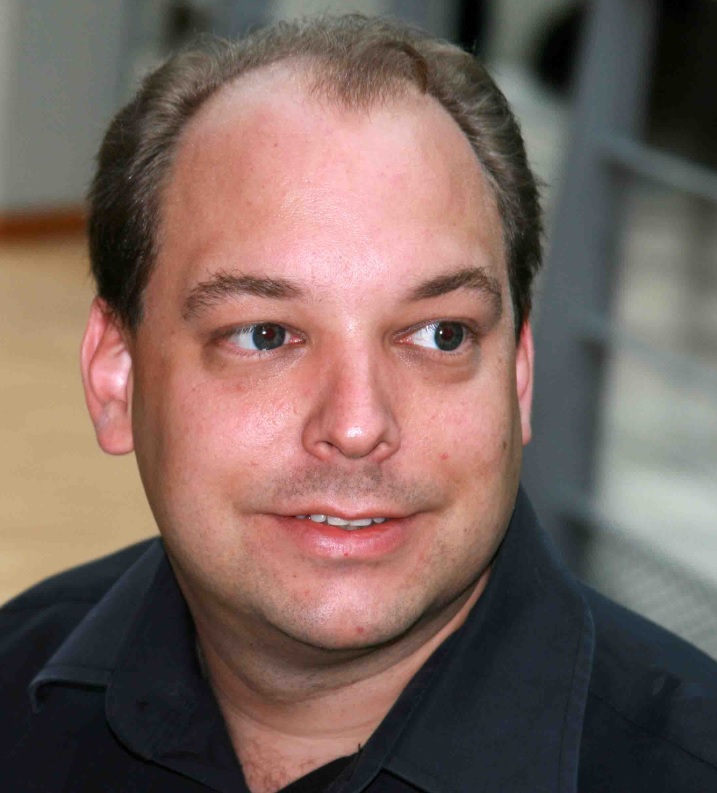
Mark van Overveld, PhD - Graduate of Maastricht University (Mental Health Sciences at the Faculty of Health Sciences and Biological Psychology at the Faculty of Psychology), his dissertation focused on disgust in relation to specific phobias. He obtained his PhD degree at the Clinical Psychological Science department at Maastricht University in 2008. The project emphasized on disgust, physiological correlates, psychometric research and experimental work and showed that for disgust to be involved in psychopathology, two factors may be relevant, disgust propensity (how quickly one experiences disgust) and disgust sensitivity (how negatively does one evaluate the occurrence of disgust). Subsequently a post-doc researcher at the Rotterdam School of Management (Erasmus University Rotterdam) on the EU-funded Pan-European xDelia-project (www.xdelia.org ), he examined the role of emotions, and particularly emotion regulation, in financial decision-making, as well as how improvements in emotion regulation strategies can be achieved using innovative methods. Hence, in lab and field settings, he conducted experiments on the effects of online mindfulness training in financial traders to determine whether or not serious games can be used to train mindfulness or emotion regulation (e.g., biofeedback training games) and he researched the relation between emotion regulation and financial capability levels in the general population. Dr Overveld was selected as one of six finalists for the "I Will" Award 2014 for inspiring and innovative thinkers and currently works as a freelance thesis coach to guide students with their bachelor/master theses (mostly at Erasmus University).
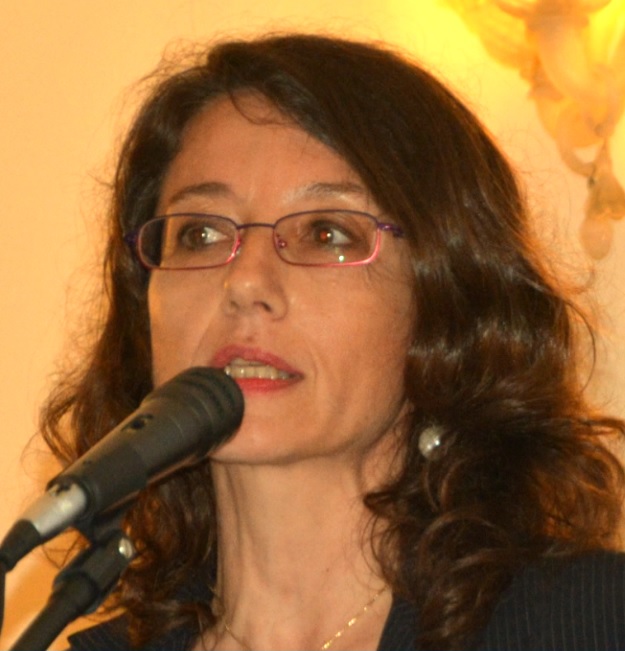
Michela Balconi, PhD - Professor of "Neuropsychology and Cognitive Neuroscience", "Neuropsychology of Communication", and "Neuropsychology of Well-being in the Lifespan" at the Faculty of Psychology of the Catholic University of the Sacred Heart, Milan and Brescia. Dr Balconi manages the Research Unit in Affective and Social Neuroscience. Her research interests mainly concern Cognitive Neuroscience and Psychophysiology. In agreement with the relevance of a proper integration between the body and the mind, she has studied and introduced new methods to analyse and explore the relationship between affective, communication and cognitive processes and physiological markers e.g. the application of fNIRS (functional Near-Infrared Spectroscopy) technique and EEG frequency bands analysis to the investigation of social-affective processes and consciousness correlates, and the use of non-invasive brain stimulation (TMS, Transcranial Magnetic Stimulation, and tES, transcranial Electric Stimulation) in clinical and experimental contexts.

Robert C. Smith, MD - University Distinguished Professor and a Professor of Medicine and Psychiatry. He is involved in teaching and research in patient-centered communication and in primary care mental health. At Michigan State University in East Lansing, MI, he and his colleagues were the first to systematize and behaviorally define the patient centered interview, following which they showed it was evidence-based in randomized controlled trials. Dr. Smith and his colleagues have written one of the most popular interviewing textbooks, Smith's Patient-Centered Interviewing: An Evidence-Based Method (3rd edition, McGraw Hill, 2012). Endorsed by the American Academy on Communication in Healthcare (AACH), the text is used in medical schools in the USA and abroad for teaching interviewing and the doctor-patient relationship. Dr. Smith's group also formulated the first behaviorally defined method for managing the primary care mental health problems. They subsequently demonstrated that the method was effective in two clinical trials and now are studying how best to teach it and to disseminate the teaching via an outreach program.

Steven Laureys, MD, PhD - Director of the Coma Science Group and Research Director at the Belgian National Fund for Scientific Research (FNRS). He is founder and chair of the World Federation of Neurology Applied Research Group on Coma and of the European Academy of Neurology Subcommittee on disorders of consciousness. His laboratory is an internationally renowned training center for clinical research and neuroimaging methodology after coma with a very strong track record of scientific publications. He has over 300 scientific papers indexed on Pubmed (H-index 75).

Olivia Gosseries PhD - Neuropsychologist, is post-doctoral researcher at the Belgian National Fund for Scientific Research in Belgium (FNRS). She has worked at the University of Wisconsin (USA) studying sleep and working memory, and collaborates with the group of Prof. Massimini on TMS-EEG measures of consciousness in patients with disorders of consciousness. She currently works at the Coma Science Group, University of Liege and investigates treatments options in patients recovering from coma. Her main research is focused on clinical examination and understanding neuroplastic changes associated with hypoxic or traumatic brain damage, using non-invasive brain stimulation as an investigative tool.

Tanja Jovanovic, PhD - Assistant Professor in the Department of Psychiatry and Behavioral Science at Emory University. Her research program focuses on the interaction of traumatic experiences, neurophysiology, neuroendocrinology, and genetics in mental disorders in adults and children in high-risk populations. Specifically, her laboratory uses fear conditioning paradigms in patients with trauma-related disorders, employing startle response as well as other psychophysiological and neuroimaging techniques. A recent focus of her research has been on developmental studies in school-age children that suggest that impaired fear inhibition is an early risk factor for anxiety disorders and may provide opportunities for early detection and intervention with children at high risk for posttraumatic stress disorder (PTSD). She is the director of the Grady Trauma Project in Atlanta, GA, which combines psychophysiological methods with analyses of genetics and epigenetics, neuroendocrinology, and neuroimaging in order to translate laboratory paradigms to clinical populations. Dr. Jovanovic is the lead investigator on grants from the National Institutes of Health and the Brain and Behavior Foundation and has published over 80 peer-reviewed papers and 7 book chapters on the neurobiology of PTSD.

Tatjana Aue, PhD - Assistant Professor of Biological and Social Emotion Psychology at the University of Bern, Switzerland. Dr. Aue's work addresses cognitive, social, motivational, and physiological components of emotional experiences. She is particularly interested in the neurophysiological signatures of cognitive biases in expectancies and attention and in mutual influences between these biases - both in the positive (e.g., optimism) and in the negative (e.g., fear) domains. Additional topics investigated comprise social interactions, social identification, and empathy. Dr. Aue and her team combine a multitude of methods in their research, including functional magnetic resonance imaging (fMRI), electroencephalography (EEG), peripheral physiology (e.g., electrocardiography, impedance cardiography, electromyography, plethysmography), and eye tracking.
Planning

Elka Stefanova, PhD - Head of the Memory clinic in the Department of Neurology within the Medical Faculty at the University of Belgrade, as well as consultant neuropsychiatrist and professor of Neurology. Dr Stefanova did postdoctoral research in the Department of Experimental psychology at Downing College, Cambridge and in the NEUROTEC department at the Karolinska Institute. Now her research is mainly focused on cognitive and behavioural changes in neurodegenerative disorders like Parkinson disease, Alzheimer disease and Fronto-temporal dementia, with focus on executive functioning, and planning.


Anat Drach-Zahavy, PhD - Associate professor of psychology at the Department of Nursing, the University of Haifa, Israel. Dr. Drach-Zahavy's current research focuses, among others, on emotions at work, as created, maintained, and regulated in medical encounters and affect their consequences. Her studies investigate the context-specific psychological processes that give rise to emotional regulation (self and others), and the effects of emotional regulation on patient satisfaction and provider's well-being.
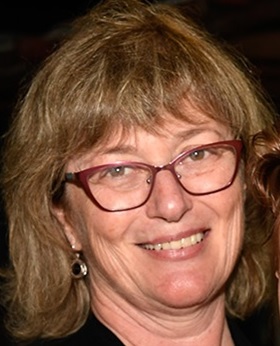
Hadass Goldblatt, PhD - Senior lecturer at the Department of Nursing, Faculty of Social Welfare & Health Sciences, University of Haifa, Israel, and an associate adjunct professor at the Faculty of Nursing, University of Alberta, Edmonton, Canada. Her present research is focused on the emotional and overall existential impact of violence, trauma and other sensitive issues on healthcare and welfare staff's professional and private life domains, as well as healthcare staff's emotion regulation. In addition, she is interested in patients' emotional reactions and ways of coping with diverse health and illness situations, such as cancer and PTSD.

Beth Fairfield, PhD - Professor of General Psychology and Psychology and Aging in the Department of Psychological, Health and Territorial Sciences within the Medical School at the University of Chieti, Italy. Dr. Fairfield's research is mainly focused on cognitive and behavioral changes in memory processes in healthy and pathological aging. Recent studies include investigations of source monitoring and the role of encoding, reality monitoring, binding deficits in memory as well as the interaction between emotion and memory.
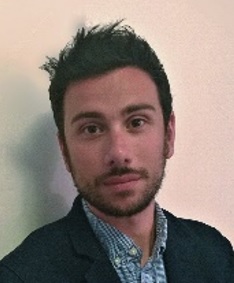
Rocco Palumbo, PhD - Postdoctoral Fellow at Harvard Medical School. Dr. Palumbo has a background focused on monitoring changes of cognitive functions in pathologic and healthy populations. He has worked on a wide range of projects, starting with the study of the normal functioning in different domains as perception, attention, emotion and memory, he investigated how these functions change during the life span and how pathological conditions such as dementia or mental disorders affect cognitive functions. During his Ph.D. program he focused his research in investigating how social cognition, specifically face perception, changes during the life span and how emotions can affect daily tasks in younger and older adults. Before he started his postdoctoral fellowship in vision science at Schepens Eye Research Institute, Harvard Medical School he spent 12 months carrying on a project on face perception at Brandeis University where he gained expertise in designing behavioral and imaging studies.

Emily R. Stern, PhD - Assistant Professor in Psychiatry and Neuroscience and Principal Investigator of the Psychiatric NeuroCognition Laboratory at the Icahn School of Medicine at Mount Sinai in New York. Dr Stern's team is focused on the neural and behavioral markers of cognitive functioning in psychiatric disorders. Their research uses experimental paradigms of attention, decision-making, and emotion regulation in patients with obsessive-compulsive disorder (OCD) as well as healthy individuals. By combining measures of neural activity during task, intrinsic functional connectivity, and structural connectivity using DTI, they seek to relate neural circuit mechanisms to behavioral dysfunction. They also have active collaborations with research labs focusing on tics, major depression, and substance abuse, allowing them to investigate differences and similarities across multiple disorders.

Carina Brown - Research coordinator for the Psychiatric Neurocognition Lab at Nathan Kline Institute and NYU Langone Medical Center. Carina graduated from Columbia University in 2016 with a degree in Psychology. She was a research coordinator in the Couples Lab at Columbia University and prior to that, she worked as a research assistant in the Taub Institute at Columbia University Medical Center. In her current role at the Nathan Kline Institute and NYU Langone Medical Center she helps to manage and conduct research investigating neural mechanisms involved in obsessive-compulsive disorder.
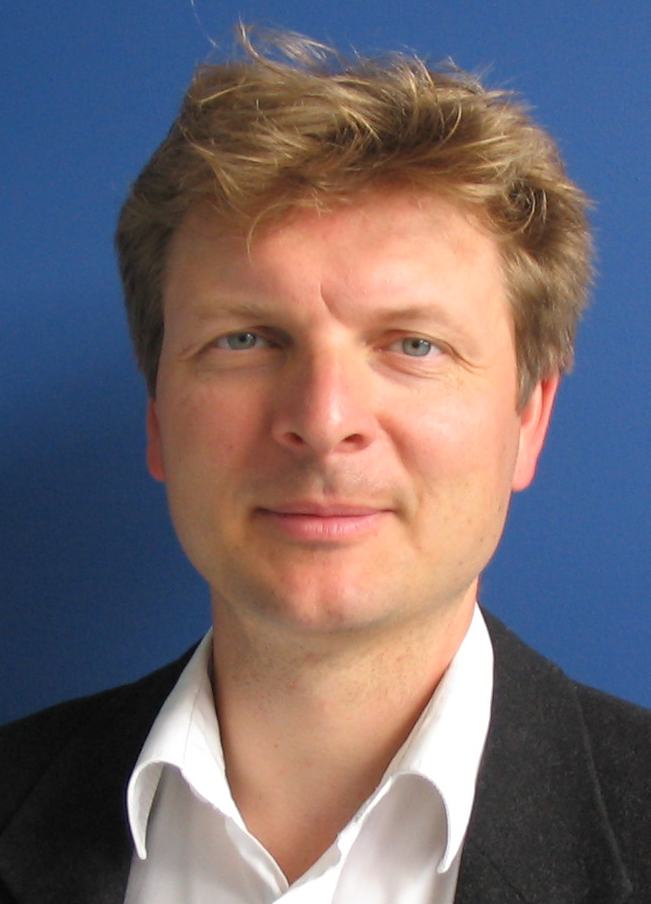
Matthias L. Schroeter - Professor of Cognitive Neuropsychiatry working as a consultant for psychiatry and psychotherapy at the Clinic for Cognitive Neurology, University Hospital Leipzig and at the Max Planck Institute for Human Cognitive and Brain Sciences Leipzig, Germany. He studied Medicine and Philosophy in Berlin/Germany, Vellore/India and Jerusalem/Israel. He has completed his MD from Humboldt University Berlin/Charite and his PhD from Technical University Berlin, Germany. Dr. Schroeter's research focuses on understanding neurological diseases and psychiatric disorders in the framework of cognitive neuropsychiatry. He has been particularly interested in executive functions and their interplay with emotions in these disorders, in particular neurodegenerative diseases. Moreover, his research group applies meta-analyses to conceptualize disorders and machine-learning algorithms for disease and symptom prediction.

Franziska Albrecht - Doctoral candidate at the Max Planck Institute for Human Cognitive and Brain Sciences Leipzig, Germany under the supervision of Prof. Matthias Schroeter. She studied biology and neurobiology in Halle and Leipzig, Germany. In her work she is focusing on neural correlates of atypical parkinsonian syndromes and frontotemporal lobar degeneration by applying techniques like meta-analyses or machine learning.

Olga Dubljevic - Intern in the Memory clinic in the Department of Neurology within the Medical Faculty at the University of Belgrade. Olga received her BA in Clinical Psychology and is currently a Master's student of Research Psychology at the University of Belgrade. She is a member of the neuroscience student section (part of Serbian Neuroscience Society). Her studies focus on the field of clinical neuroscience, affective neuroscience and computer modeling of cognitive functions.

Milica Topalovic - Psychology intern in the Memory clinic in the Department of Neurology within the Medical Faculty at the University of Belgrade and a trainee of The RECBT Affiliated Training Center of Albert Ellis Institute in Belgrade. Special interest in cognitive processes and neurological factors involved in development of various psychiatric disorders and their treatment
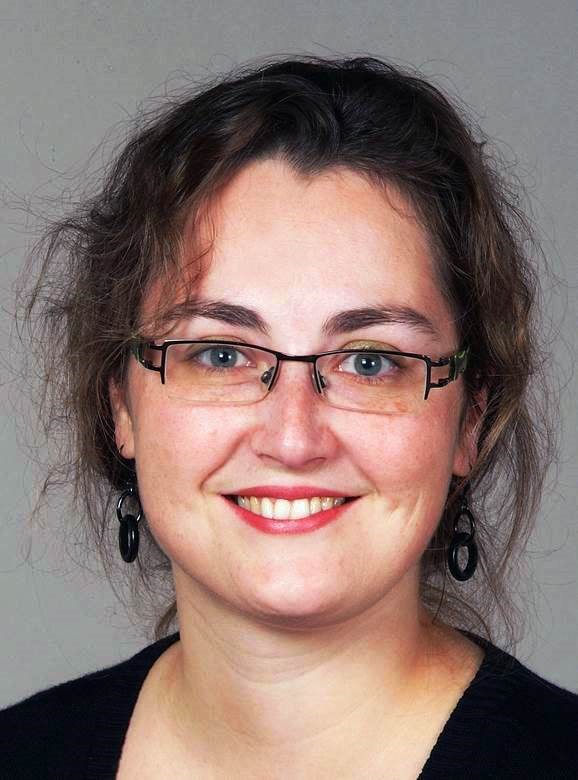
Prof. Dr. Birgit Derntl, Dipl.-Psych - Professor at the Department of Psychiatry and Psychotherapy at University Hospital Tubingen (Germany). Dr. Derntl is a trained clinical and health psychologist. Her research focusses on emotional competencies (emotion recognition, empathy, emotion regulation) in healthy women and men and patients suffering from mental disorders (schizophrenia, affective disorders) with a strong emphasis on highlighting gender differences and the impact of sex hormone concentration/menstrual cycle. Of specific interest in the last years has been the investigation of stress reactions and emotion- and stress-regulation applying visual and olfactory stimulation.

Leonie Loffler - Doctoral candidate at the Department of Psychiatry, Psychotherapy and Psychosomatics, University Hospital RWTH Aachen (Germany). She focuses on cognitive emotion regulation and attributional style in affective and personality disorders under the supervision of Prof. Birgit Derntl. Her current work on the neural correlates (fMRI) of sadness and happiness regulation in depression is supported by a PhD research stipend of the RWTH Aachen University.

Prof. Dr. Cornelia Herbert - Professor at the University of Ulm, Germany, and head of the research unit of Applied Emotion and Motivation Research at the Institute of Psychology and Education at the University of Ulm, Germany. Dr. Herbert investigates the temporal and neural dynamics of emotion-cognition and mind-body interactions from the perspective of social, cognitive, behavioral and affective neuroscience. Special emphasis is given to how emotional meaning conveyed by language content is decoded in the brain and which emotional reactions and feelings are elicited in return in self and others. Theoretically, her research tests embodied and appraisal-related conceptions of emotions and explores their role in emotion regulation, motivated behavior, social interaction, self-awareness and the generation of feelings. The knowledge gained from this research is of relevance for understanding emotion processing in affective disorders, eating disorders as well as disorders of consciousness and the self. Methodologically, future research will focus specifically on the mobile physiological assessment of emotions and feelings and the development of novel intervention techniques for the treatment and prevention of health-related disorders.

Christine Wiebking, PhD - Senior researcher and PostDoc at the University of Ulm, Research Unit of Applied Emotion and Motivation Research, Institute of Psychology and Education, University of Ulm, Germany. Dr. Wiebking is a neurobiologist with a particular strong interest in the neurophysiological basis of emotions, feelings and behavior. She has conducted several brain imaging studies in non-psychiatric as well as psychiatric participants using fMRI, MRS and PET. Her research focuses on the link between emotional experience, interoceptive awareness, and the resting state activity of our brain. In order to identify and understand the complex neural processes that underlie such conditions, these mechanisms are investigated in healthy participants, individuals at risk for and patients suffering from emotional disorders such as major depressive disorder or anxiety disorder. The combination of different imaging methods is of particular interest to advance our knowledge of underlying neural mechanisms as well as to help improving possible treatment strategies.
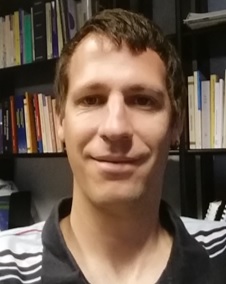
Sebastien Urben, PhD - Director of the Research Unit, Department of Child and Adolescent Psychiatry (SUPEA), University Hospital of Lausanne (CHUV). First, he explored high-order cognitive functions and their interactions with emotional processes in various developmental psychiatric disorders in order to develop a better understanding of these psychopathologies and to develop new therapeutic interventions.
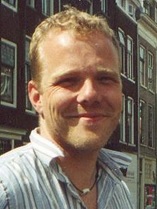
Wijnand IJsselsteijn, PhD - Assistant professor in human factors and advanced media environments in the Human-Technology Interaction Group, Department of Technology Management at Eindhoven University of Technology. Dr IJsselsteijn is specifically interested in how to conceptualise and measure the human experience in relation to media. The emphasis of his recent research has been towards human connectedness through awareness systems and locative media), immersive media technology and embodiment, and the impact of social context on gaming experience. The motivation underlying these diverse topics is his continuing fascination with the complex interplay between brain, body, media, and our social environment. He is focused on questions such as: How can we make media technologies seamlessly connect to human perception, cognition, emotion, and action? How can we use technologies to our benefit, enhancing our abilities to sense, learn, play, and communicate? How can we make tools and toys that enable and challenge the brain to do what it does best? How can we ensure that technologies will support our curious, playful, creative, and social nature, yet at the same time will respect our needs for calmness and privacy?
Sadness

Andrew Kemp, PhD - Associate Professor of Psychology at Swansea University. Dr Kemp's research spans affective neuroscience through to epidemiology, bridging the gap between biological mechanism and long term public health. His program of research aims to better understand the relationship between mental and physical wellbeing, and involves a multi-pronged research strategy including focused hypothesis driven experimentation, meta-analysis and epidemiological study. His work makes use of a variety of techniques including EEG, ERP, ECG, fMRI and genetics, and involves studies on healthy participants and individuals with mood and anxiety disorders. Major programs of research include 1) the neuropsychobiological correlates and impacts of treatments (e.g. antidepressants, oxytocin) on emotion processing and its regulation, 2) mechanisms underpinning the link between emotion, physical health and longevity, and 3) the prediction of treatment response in the mood and anxiety disorders


Rashmi Raghvani - Psychology student at the University of Birmingham working closely alongside academic researchers in the department of Psychology at Swansea University. Rashmi believes that Psychology and Neuroscience are both needed to shape our understanding of the human mind and that has inspired her to pursue a career in psychological research focusing on the contributions of cognitive neuroscience to interventions for mental disorders.
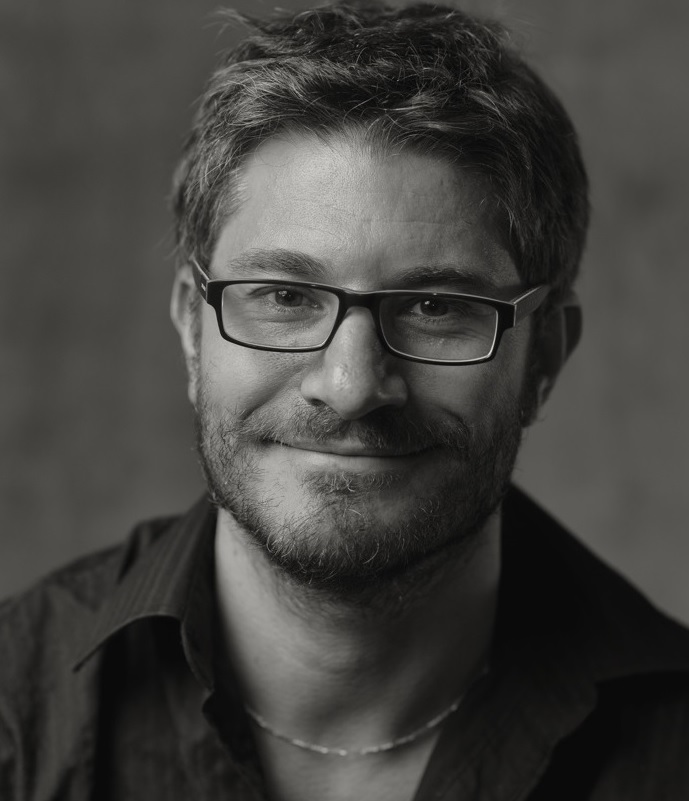
Agustin Ibanez - Director of the Institute of Cognitive and Translational Neuroscience (INCYT, CONICET-INECO-FAVALORO) Argentina; independent researcher of the National Scientific and Technical Research Council (CONICET, Argentina); Researcher at the Center for Social and Cognitive Neuroscience at the University of Chicago; Researcher at the Adolfo Ibanez University (Chile); and Associate Investigator at the ARC Centre of Excellence in Cognition and its Disorders (CCD, Australia). He has an outstanding track record in the fields of cognitive neuroscience, experimental psychology and neuropsychiatry with more than 100 ISI publications in the last 5 years. He has proposed the Social-Context Network Model (SCNM, a network engaged in contextual modulation on different social cognition and emotional domains). In SCNM terms, social and emotional context effects rely on a fronto-temporo-insular network in charge of (a) updating context cues to make predictions, (b) consolidating context-target associative learning, and (c) coordinating internal-interoceptive and external-exteroceptive milieus. Dr Ibanez has previously applied this model to the study of the frontotemporal dementia, as well as other neuropsychiatric conditions (autism developmental disorders, other neurodegenerative conditions, schizophrenia). He combines different methods and technics (high density EEG, imaging, direct intracranial recordings, brain connectivity tools, and behavioral assessment) in neuropsychiatric research.

Sandra Baez, PhD - Postdoctoral researcher at the Laboratory of Experimental Psychology and Neuroscience of the Institute of Cognitive and Translational Neuroscience (Argentina). Dr. Baez has vast experience in neuropsychological assessment and cognitive stimulation techniques for patients with neurological and psychiatric disorders. Dr. Baez also holds the chairs of Neuroscience and Experimental Psychology at Favaloro University (Argentina). Her interests and research experience are focused on neuropsychological aspects as well as neurophysiological and neuroanatomical correlates of social cognition processes in patients with neurological and psychiatric disorders. She has more than 40 publications, including books, chapters, and articles in leading journals, such as JAMA Neurology, Cortex, Neuropsychologia, and Scientific Reports.

Belinda Liddell, PhD - Research Fellow in the School of Psychology at the University of New South Wales, Kensington in Sydney, Australia, and Neuroimaging Director of the Refugee Trauma and Recovery Program (RTRP). Dr Liddell's research focuses elucidating the neurobiological mechanisms of traumatic stress, with a particular focus on refugee trauma, mental health, and post-settlement adjustment. She is also conducting research into neural and psychological processes underlying cultural differences in emotion, attention and memory; social and place attachment; postconflict and immigrant mental health; translational neuroscience; and human rights psychology.

Brenda Penninx, PhD - Professor at the department of Psychiatry at VU University Medical Center in Amsterdam, The Netherlands. Her research focus is the etiology and consequences of depressive and anxiety disorders. She studies these topics through large-scale interdisciplinary longitudinal cohort studies involving biomarkers, genomics and neuroimaging approaches coupled with deep clinical phenotyping. In addition, Penninx runs several intervention studies to test novel behavioral and medication treatment approaches in depressed individuals. Penninx has widely published on these topics (>700 papers) and is member of the Royal Netherlands Academy of Arts and Sciences.

Moji Aghajani, PhD - Post Doctoral Researcher at VU University Medical Center, Department of Psychiatry. My research has thus far focused on the neural underpinnings of emotion regulation deficits in adolescents with internalizing (depression and anxiety) and externalizing (conduct disorder and psychopathy) psychopathology. My current research, though, involves large-scale studies that aim to unravel the underlying pathophysiology of affective disorders in adults, by combining various MRI modalities with genetic, behavioral, and physiological outcomes
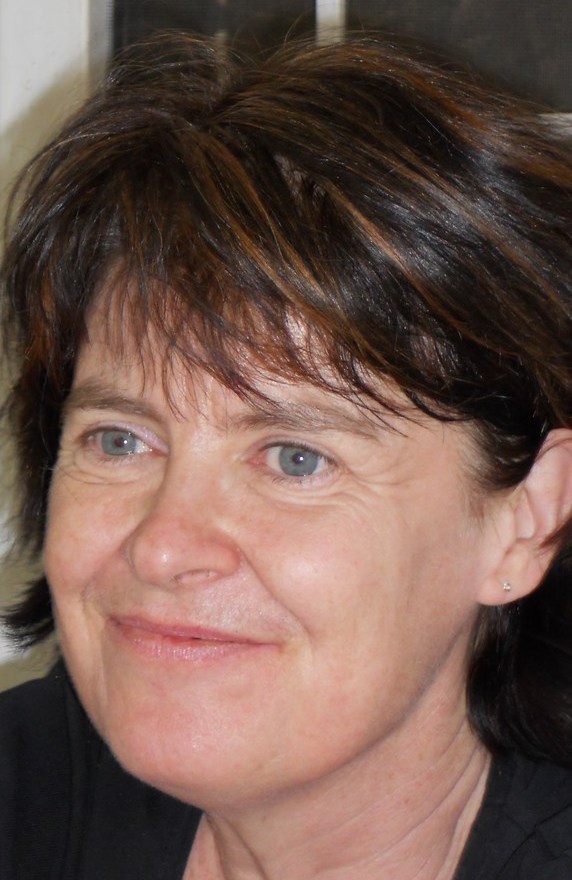
Catherine Belzung, PhD - Professor and Head of Team 4, for the department of "Imagerie et Cerveau" of the University Francois Rabelais of Tours (France). Dr Belzung is responsible for the Master in "Cognition and Neurosciences" and for the Centre d'Initiation aux Metiers de l'Enseignement Superieur (CIMES) of the University Francois Rabelais of Tours. A member of the Scientific Council at the University Francois Rabelais of Tours, she is part of the National Council of the Universities (CNU) Neuroscience section and is consulting member for the Scientific Committee of the European College of Neuropsichopharmacology (ECNP). On December 11, 2012 she was the recipient of the Legion of Honor for scientific merits, the highest distinction meted by the French Republic. Amopng her publications are numerous scientific articles in specialized reviews and academic texts: C. Belzung, Biologie des emotios, De Boeck 2007; C. Belzung - P. Wigmore, Neurogenesis and Neural Plasticity. Current Topics in Behavioral Neurosciences, Springer 2013.

Claire Williams, PhD - Senior Lecturer of Psychology at Swansea University. Dr Williams' research primarily focusses on the impact of acquired brain injury on cognition, emotion, personality and behaviour. She has a particular interest in emotion deficit disorders after traumatic brain injury, focusing predominantly on alexithymia, nonverbal communication, and empathy. She also has parallel interests in exploring how deficits of emotional processing and regulation may underpin dysregulated behaviours, such as emotional eating and compulsive hoarding, as well as the influence of the childbirth experience upon infant behavior and temperament. She has a strong track record of applied and translational research, leadership experience of delivering research projects with societal and clinical impact, and experience of developing specialist neurobehavioral assessment tools for use in brain injury.
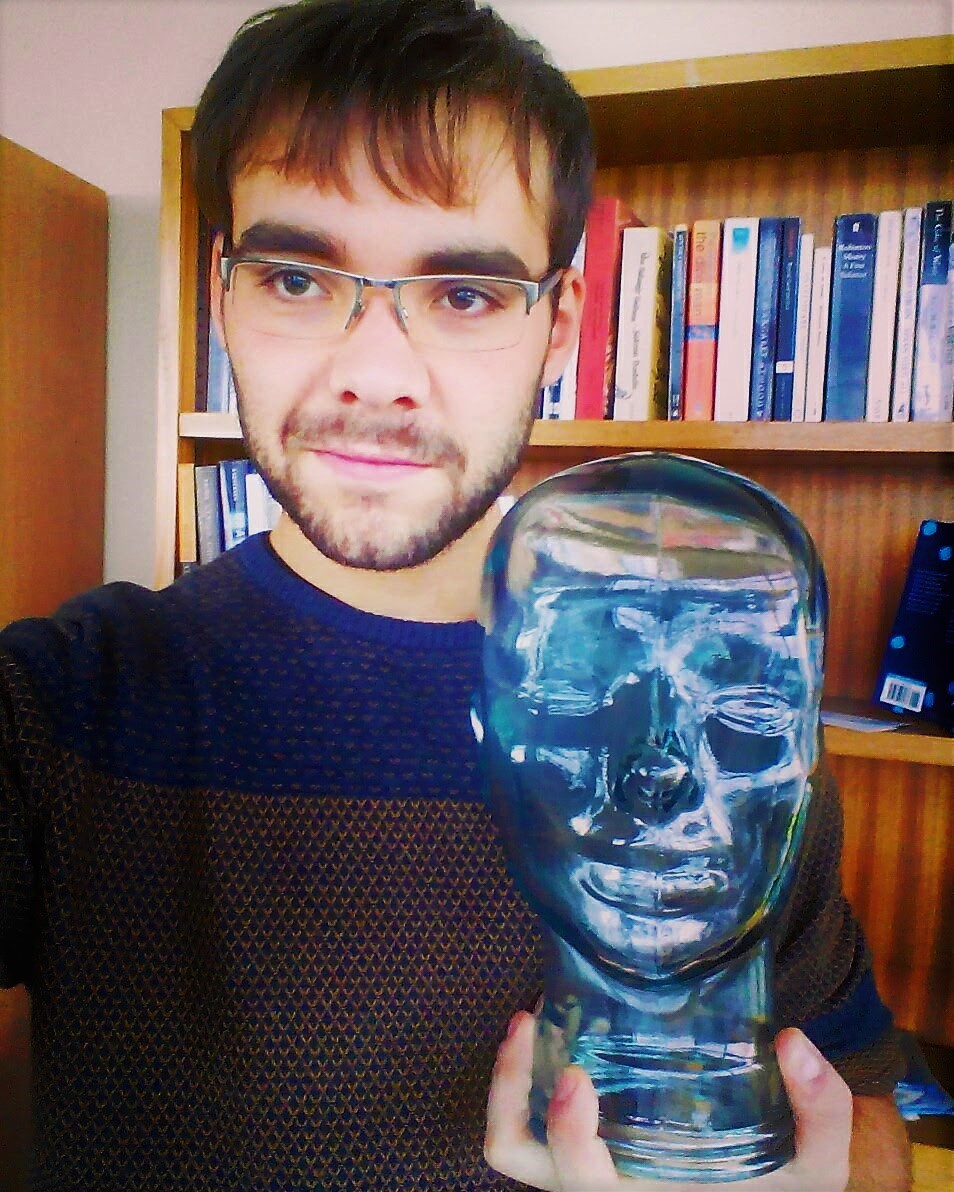
Juan A. Arias, MSc - Neurobiologist, M.Sc. in Cognitive Neuroscience from the University of Santiago de Compostela. Juan is exploring pathways to health and wellbeing focusing on the relationship between a variety of health indicators including objective measures of health, mental, and physical wellbeing. Together with Andrew Kemp he has proposed the GENIAL model, a sophisticated and transdisciplinary model of health and wellbeing linking gene, environment, the vagus nerve, social ties and downstream psychological and physiological functioning. Juan is interested in understanding how we perceive, process and regulate emotions, store memories and generate conscious experience

Cynthia Fu, MD, PhD - Professor in Affective Neuroscience in the School of Psychology at The University of East London, Visiting Professor at the Institute of Psychiatry, King's College London, and Honorary Consultant Psychiatrist in the South London & Maudsley NHS Foundation Trust. Dr Fu's research focuses on the brain regions affected by depression, how they may change with treatment with psychotherapy or pharmacotherapy, and whether we can predict clinical response before the start of treatment. Her research has direct translational potential and had led to primary publications in the development of biomarkers for diagnosis and prognosis based on brain imaging. Dr Fu's research is regularly cited in the top decile for influential publications in psychiatry and has received numerous awards, including the British Association for Psychopharmacology Award and the National Alliance for Research in Schizophrenia and Depression. She has received funding as principal investigator from the Medical Research Council, Wellcome Trust, GlaxoSmithKline and Eli Lilly.
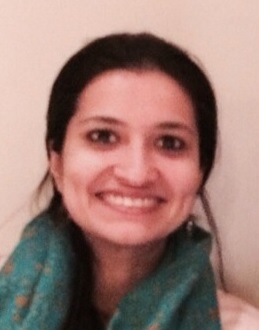
Anjali Sankar, PhD - Postdoctoral Associate at the Department of Psychiatry, Stony Brook University, USA. Her research includes investigating the neural correlates of positive and negative social feedback and its impact on behaviour using PET and fMRI. She completed her PhD in 2015 with Professor Cynthia Fu at the Institute of Psychiatry, Psychology & Neuroscience, King's College London. Her thesis examined the neural effects of treatment, both pharmacotherapy and psychotherapy, on cognitive and affective processing in depression. Anjali is particularly interested in examining neuroimaging biomarkers of clinical response in major depression

Geraldo F Busatto, PhD - Full Professor of Psychiatry, Universidade de Sao Paulo, Brazil. After a PhD degree and post-doctoral studies in the 1990s at the Institute of Psychiatry (University of London, UK), Geraldo Busatto returned to Brazil where he has directed a neuroimaging lab at the Universidade de Sao Paulo dedicated to the investigation of pathophysiological aspects of mood disorders and other psychiatric conditions. He is a funding member and current director of the Translational Neuroscience Network at the Universidade de Sao Paulo (NAPNA-USP).
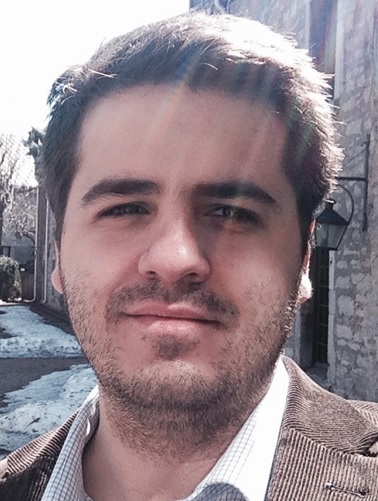
Pedro Rosa, MD - PhD student at the Laboratory of Neuroimaging (LIM-21) at the University of Sao Paulo, Faculty of Medicine. Dr Rosa finished his training in adult psychiatry and spent two years as a chief-resident. During that period and also during his medical school's years, he dedicated himself to neuroimaging studies in subjects with psychotic disorder. His PhD thesis includes a mega-analyses of structural neuroimaging in schizophrenia and related psychosis. Further, Dr Rosa has been involved in the implementation of several neuroimaging protocols for the processing of structural (cortical and subcortical processing) and diffusion-weighted imaging (TBSS and tractography) at LIM-21. Major research areas include 1) Determination of factors associated to structural brain abnormalities in first-episode psychosis (cannabis, antipsychotics, clinical course); 2) Normal brain aging and determinants of neurodegeneration over the lifespan.
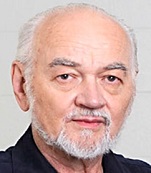
Jaak Panksepp, PhD - In Memoriam - Dr. Jaak Panksepp passed away April 18 2017. Jaak was an enthusiastic advisor and contributor who took great interest in the Human Affectome Project. His intellect, insights, and collaborative spirit will all be greatly missed. At the time of his passing, Jaak was Baily Endowed Chair of Animal Well-Being Science and Professor, Integrative Physiology and Neuroscience (IPN), Washington State University and Head, Affective Neuroscience Research, Falk Center for Molecular Therapeutics, Northwestern University. His research was devoted to the analysis of the neuroanatomical and neurochemical mechanisms of emotional behaviors (in the emerging fields of affective and social neurosciences), with a focus on understanding how various affective processes are evolutionarily organized in the brain, and looking for linkages to psychiatric disorders and drug addiction. He conducted research on brain "instinctual" mechanisms of fear, anger, separation distress (panic), investigatory processes and anticipatory eagerness, as well as rough-and-tumble play. His lab was especially interested in how various brain neuropeptide systems regulate emotional feelings and social bonds. Dr Panksepp's working assumption was that all of consciousness was built on affective value systems during the long course of brain evolution and his research orientation was that a detailed understanding of basic emotional systems at the neural level will highlight the basic sources of human values and the nature and genesis of emotional disorders in humans.
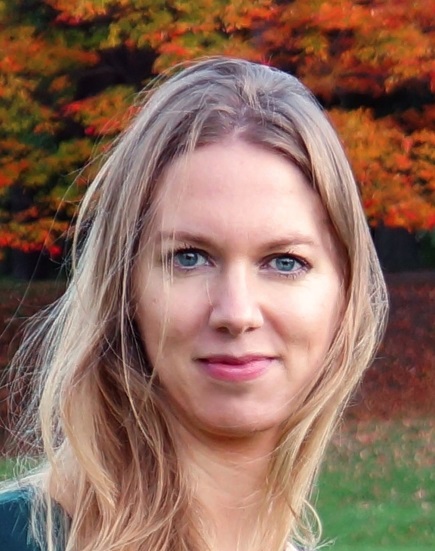
Linda Booij, PhD - Associate Professor at Concordia University (Montreal, Canada) and Researcher at Sainte-Justine Hospital Research Center, University of Montreal. Her main research focuses on the impact of gene by early environment interactions on brain development, DNA methylation processes, serotonin, and risk for maladaptive behaviours and cognitions, especially depression. The studies are conducted in longitudinal community samples as well as clinical populations and involve neuro-imaging (PET/fMRI), epigenetics (DNA methylation) and cognitive-behavioural assessments. Dr. Booij's research has been funded by awards / grants from various sources, including the Canadian Institutes of Health Research and by young investigator and independent investigator NARSAD awards from the Brain & Behavior Research Foundation
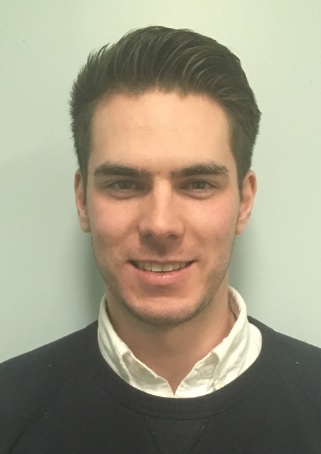
Julian Chiarella - Julian obtained his bachelor degree in psychology and life sciences (2014) as well as his master's degree in clinical psychology (2016) from Queen's University in Kingston, Ontario. During his master's degree he studied the epigenetic and neural correlates of depression in adolescents under the supervision of Dr. Linda Booij. More specifically, he studied the link between DNA methylation of the serotonin transporter and FK506 binding protein genes, brain structure/function, and depressive symptomatology. He began his Ph.D. in clinical psychology in 2016 at Concordia University, where he continues to work under Dr. Booij. He is currently investigating the association between the epigenetic regulating protein histone deacetylase (HDAC) and early life trauma in a longitudinal cohort using PET imaging
Self

Paul Frewen, PhD - Associate Professor in the Departments of Psychiatry, Psychology and Neuroscience at the University of Western Ontario. Dr Frewen's lab aims to advance our understanding of human self-regulation in the context of stress and trauma from the theoretical and methodological vantages of clinical psychology and cognitive-affective neuroscience. Methods include clinical, phenomenological, psychometric, cognitive psychology, computational (neural-network) modeling, psychophysiology, and neuroimaging. The goal of his team's work is to yield understanding of how to help better the quality of life of youth and adults living with stress and trauma-related psychological problems. Dr Frewen is currently the Chair of the Traumatic Stress Section of the Canadian Psychological Association, Chair of the Practice Committee of the Psychological Trauma Section of the American Psychological Association, and a practicing clinical psychologist in London, Ontario, Canada.

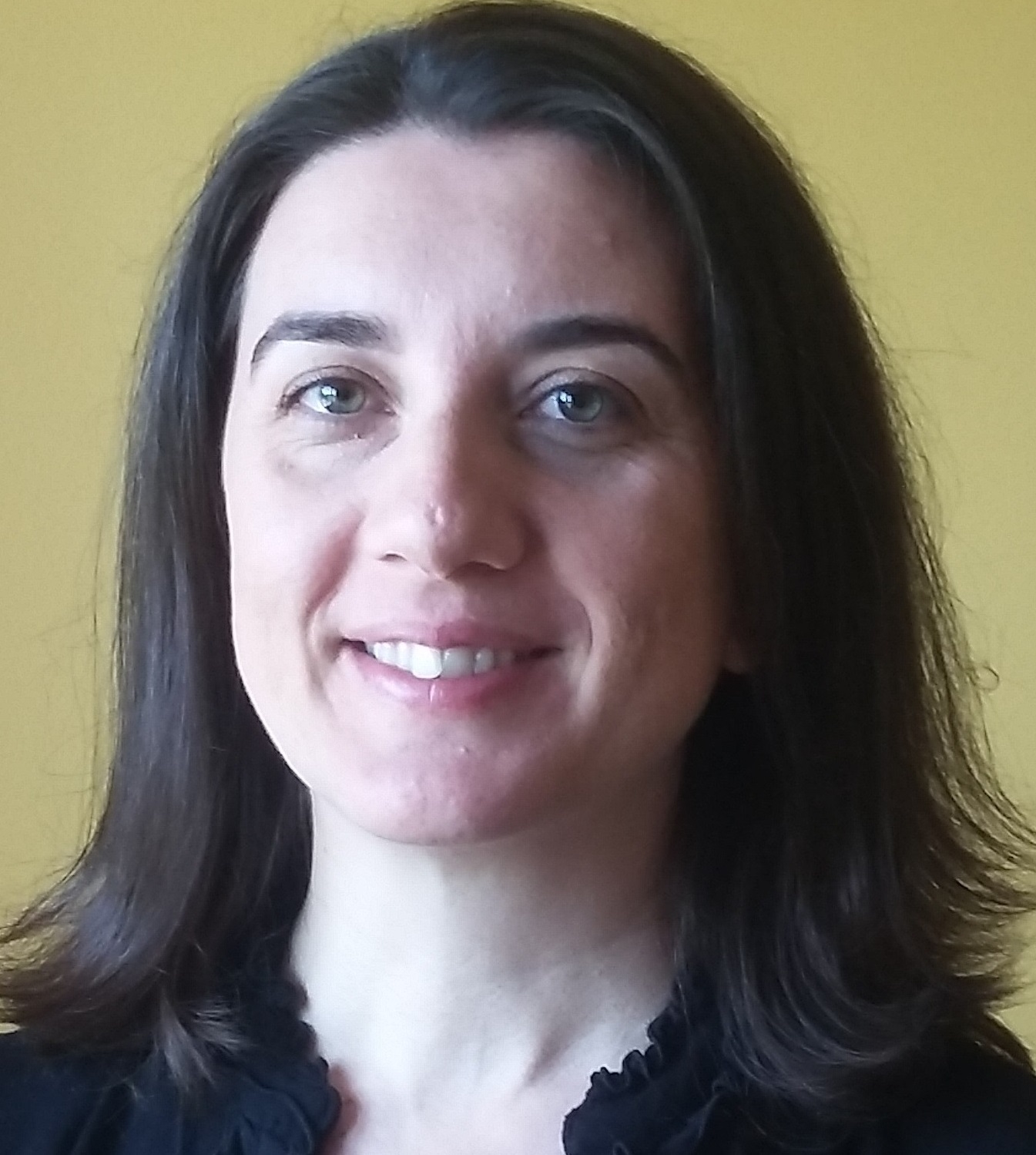
Daniela Rabellino - Postdoctoral Researcher at the University of Western Ontario, London, Canada. She completed her PhD in Neuroscience in December 2012 at the University of Turin, Italy before moving to Canada where she started her collaboration with Dr. Lanius and Dr. Frewen in 2013. Through brain imaging and physiological measurements, she studies neural correlates and physiological responses in post-traumatic stress disorder (PTSD) during conscious and subconscious processing of traumatic cues, and also investigates emotion regulation in PTSD using functional MRI neurofeedback (real-time fMRI). She conducts research on dissociative states in PTSD in light of theories on consciousness and related disorders, focusing on time perception and awareness of thought, body and emotion. She is currently funded by MITACS in collaboration with Homewood Research Institute.

Dr Med. Mayowa Owolabi, MWACP, FMCP - University lecturer and consultant neurologist with extensive international training and recipient of several awards in the field of Medicine and Neurology. His inventions include the Stroke Levity Scale, Stroke Recovery Cycle, Health-Related Quality of Life in Stroke Patients (HRQOLISP) instruments and the Stroke quadrangle. Dr Owolabi leads the largest ever study of stroke in Africa (SIREN) and is Co-PI of the THRIVES Project for secondary prevention of stroke. As the first regional vice president of the WFNR, he pioneered the establishment of the First Neurorehabilitation Center in East, West and Central Africa (Blossom Center for Neurorehabilitation) in collaboration with WFNR. He has over 130 scientific publications, is a reviewer for over15 international journals and editorial board member for several journals. He is the pioneering chair of the Global Alliance for Chronic Diseases (GACD), - Control UNique to CVD In LMIC (GACD COUNCIL) initiative; and the H3Africa cardiovascular diseases (CVD) Working Group. He is a member of the Senate and former subdean Postgraduate at University of Ibadan, Nigeria.
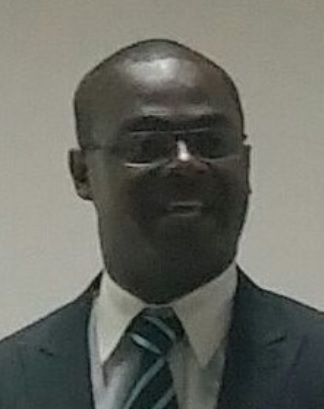
Kwabena Kusi-Mensah, MBChB - Resident Doctor in the Department of Psychiatry/Behavioural Sciences Department, Kwame Nkrumah University of Science and Technology, Kumasi Ghana, and currently pursuing a Master's Degree in Child and Adolescent Mental Health at the University of Ibadan, Nigeria. Kwabena's research interests lie in the areas of investigating the biological aetiological factors of functional psychosis and mood disorders; and in neurodevelopmental disorders in Africa particularly Intellectual Disability. His Master's thesis is on developing normative data on culturally appropriate instruments for assessing intelligence in African children in everyday clinical settings, with a view to analysing various socio-demographic factors most predictive of IQ scores in the Ghanaian child. His personal aim is to become a leader in research, teaching, training, policy-making and advocacy in mental health particularly for children in sub-Saharan Africa. He hopes to sub-specialize in Neuropsychiatry and Child Psychiatry after completing his residency training in General Adult Psychiatry.
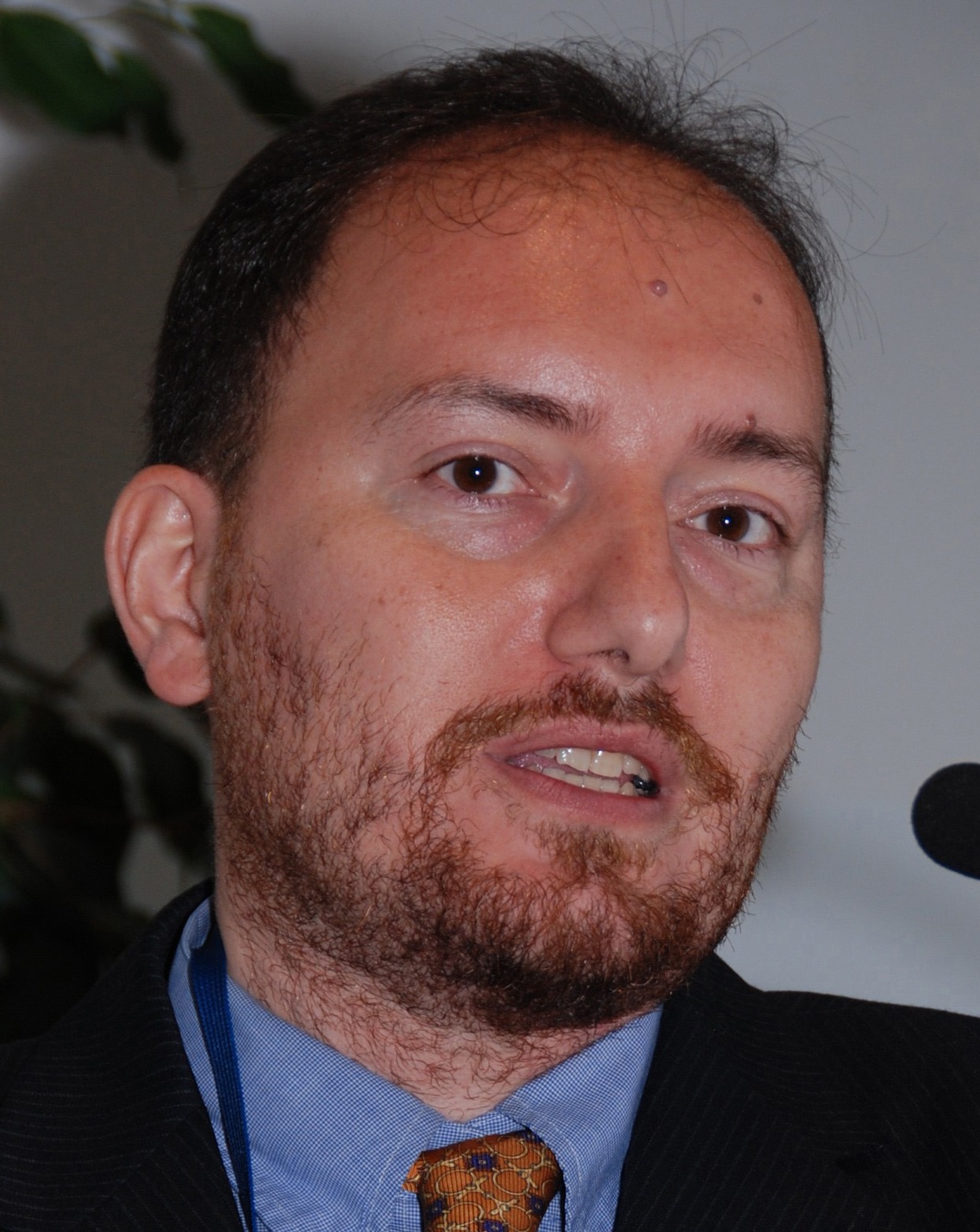
Giuseppe Riva, PhD - Full Professor of General Psychology at the Catholic University of Milan, Italy; Director of the Interactive Communication and Ergonomics of NEw Technologies - ICE-NET - Lab. at the Catholic University of Milan, Italy, and Head Researcher of the the Applied Technology for Neuro-Psychology Laboratory - ATN-P Lab., Istituto Auxologico Italiano, Verbania Italy. Riva is also President of the International Association of CyberPsychology, Training, and Rehabilitation, Editor in Chief for the "Emerging Communication" book series and for the on-line journal "Psychnology", and European Editor for the "Cyberpsychology, Behavior and Social Networking" scientific journal. Riva authored more than 450 scientific publications indexed in Scopus. These papers range from specialist journals such as "Presence: Teleoperators and VR" (MIT Press) and "Journal of Internet Medical Research" to general scientific journals such as "Science" (AAAS), "Nature", "Nature Reviews", "American Psychologist" (APA) and PLOS One. Riva coordinated different International (3 European Union funded projects) and national projects. Currently the head of the Scientific Board in the European funded Marie Skłodowska-Curie Innovative Training Network "Affectiva - Personal Technologies for Affective Health". In November 2012 Riva received the World Summit Award Mobile for the best worldwide m-health application with the Iphone/Ipad App "Positive Technology" (additional detail here http://www.giusepperiva.com)
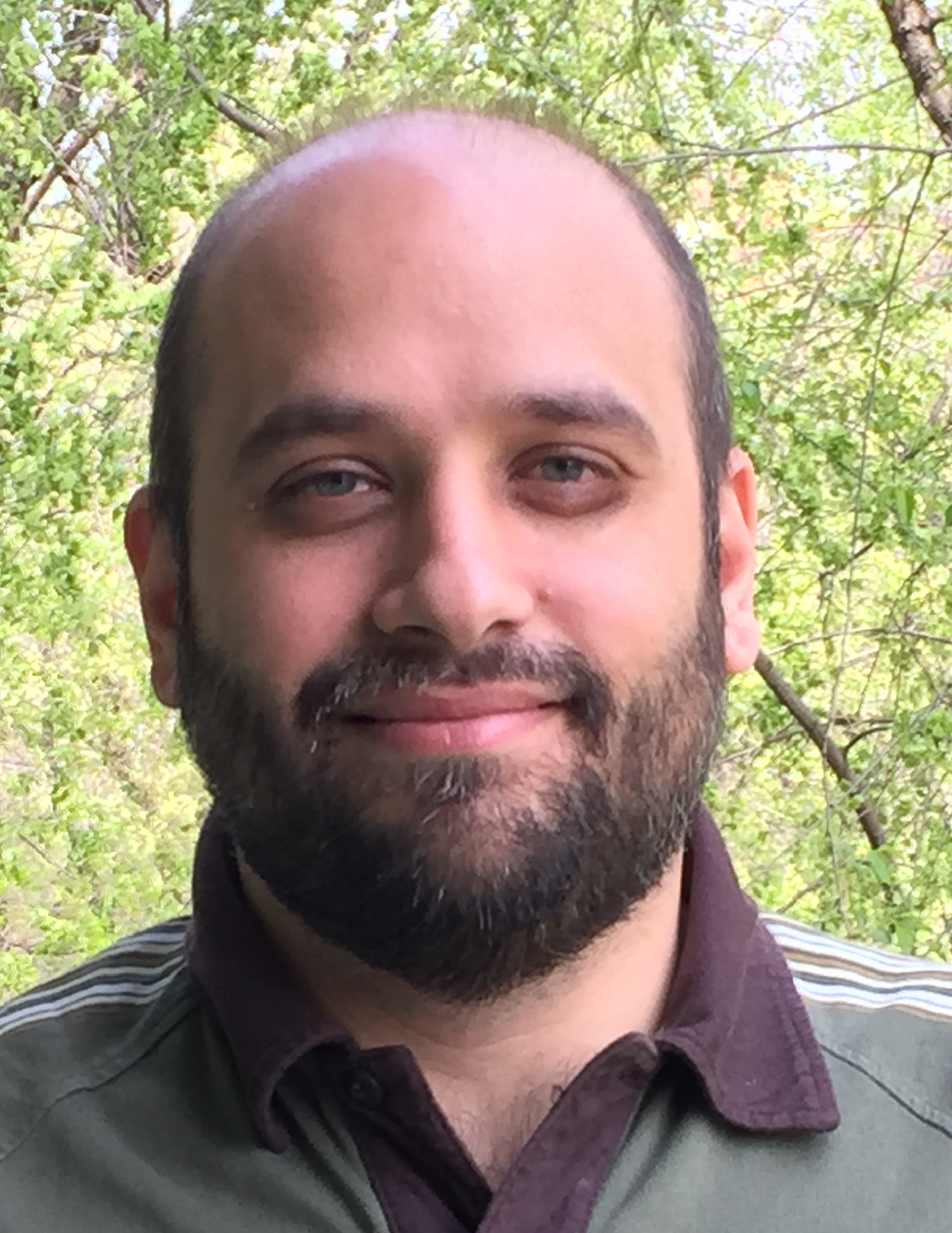
Pietro Cipresso, PhD - Senior Researcher and Chief Technical Officer at the Applied Technology for Neuro-Psychology Laboratory - ATN-P Lab., Istituto Auxologico Italiano, Milano Italy. Cipresso, recently coordinated the Italian "NeuroVirtual 3D - Definition, development and testing of a 3D simulation system for applied psychology and neurorehabilitation" research project funded by Regione Piemonte. Cipresso is author in the last four years of more than 100 scientific publications like "Emerging Trends in Computational Psychometrics", "Modeling Emotions at the "Edge of Chaos", "Computing Paradigms for Mental Health," "The Psychology of Social Networking" and "Virtual Reality: Technologies, Medical Applications and Challenges". In September 2012, Cipresso was awarded with the Canada Research Chair in Clinical Cyberpsychology New Investigator Award, sponsored by the Universite du Quebec, Outaouais, Canada.
Social

Paul J Eslinger, PhD - Professor of Neurology, Neural and Behavioral sciences, Radiology, Pediatrics, and Public Health Sciences at the Penn State University Hershey Neuroscience Institute and College of Medicine. Dr Eslinger's research projects have focused on delineating the neural structures and networks mediating social cognition, social emotions and executive functions. Studies have focused mainly on typically developing children and adults with functional brain imaging methods as well as those who have suffered structural damage to frontal and limbic system regions of the brain from concussion, degenerative disease and other pathology. These networks regulate much of the neurobiological substrate for social cognition and social emotions. His clinical studies have revealed that damage or dysfunction in these brain regions in childhood causes lifelong social and behavioral impairments unrelated to general intelligence. A second wave of maturational challenge occurs in adolescence when neuroplasticity processes critically influence sociomoral skills and sentiments such as theory of mind, empathy, guilt, and gratitude. Dr. Eslinger directs the Memory and Cognition Clinic where medical students, residents, physicians and psychologists train in dementia, brain injury and related diseases affecting social executive functions, and mentors graduate students in the neuroscience program. He is the editor of the journal Social Neuroscience.


Daymond Wagner - Daymond is a graduate student of Penn State University and has worked with Paul Eslinger, PhD, in both clinical and research efforts. He has interests in lexical-semantic search in both normal subjects and those with Parkinson's disease
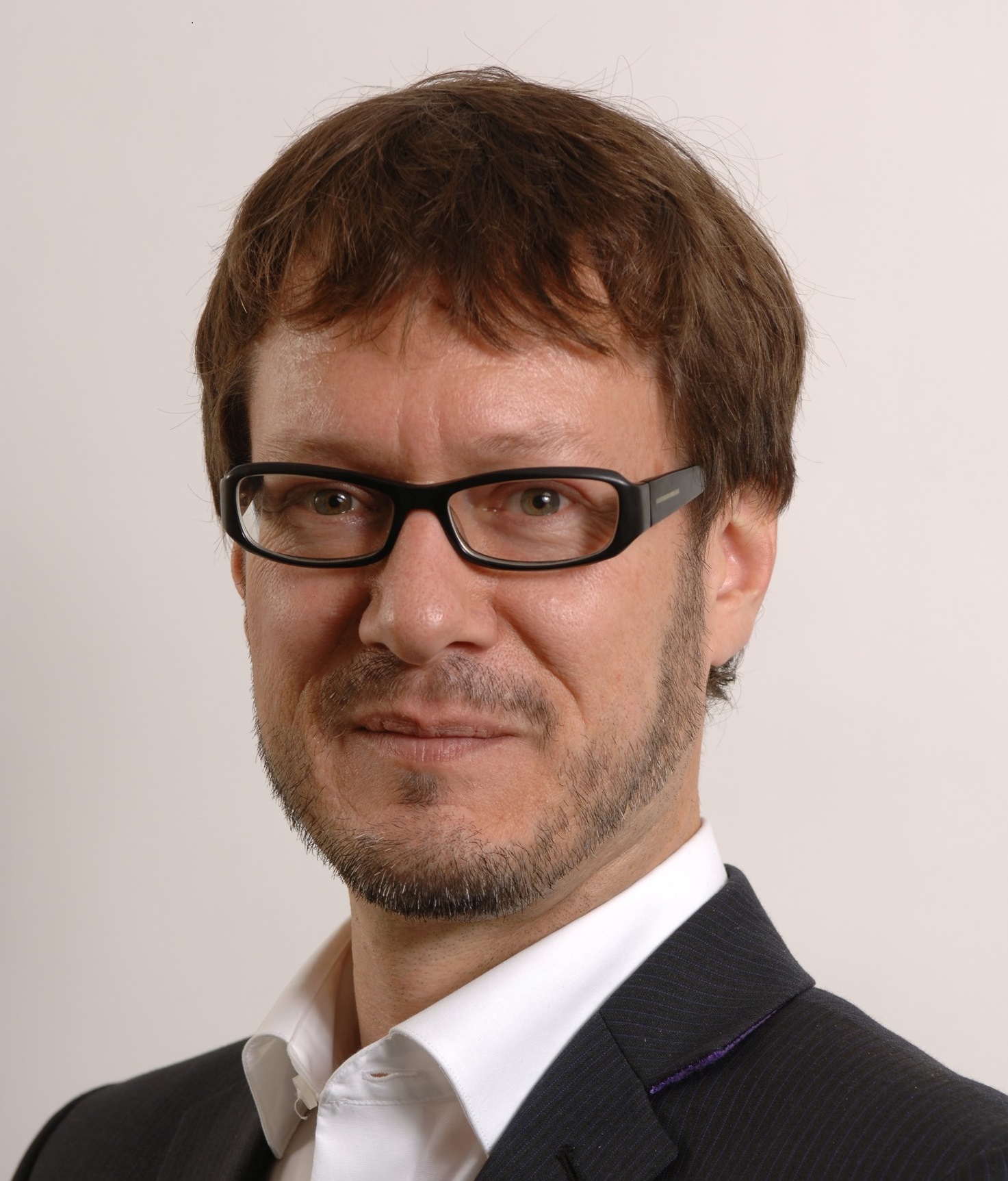
Gavin B. Sullivan, PhD, PGCHE, C. Psychol - Reader (Associate Professor) in the Centre for Research in Psychology, Behaviour and Achievement, Coventry University. He is the theme lead for research on Identities and Resilience in Communities and Organisations (IRCO). He has published more than 50 articles and chapters on a diverse range of theoretical, critical and applied topics including: pride and related emotions, mixed emotions, collective pride, collective emotions, forensic patients and risk, conversational approaches to psychotherapy for borderline personality disorder, Vygotskian representations of internalization, the ethics of anorexia nervosa treatment, theoretical psychology's status in Australia and New Zealand, national pride, nationalism, and interpretations and applications of Wittgenstein's philosophy in psychology. A consistent thread through this work is a focus on emotions--whether this is individual, group-based or collective (i.e., widely shared and coordinated)--as markers and carriers of matters of value to individuals and groups. He has been a Guest Professor for the Languages of Emotion Excellenz cluster in Berlin and a guest lecturer for conflict resolution workshops in Indonesia with the Islamic University of Malang. He is also one of the 270 contributors to the Science article of 2015 on the reproducibility of psychological science (primarly contributing a replication of a study of culture and expressions of pride). He is currently involved in a further reproducibility project and is writing up research on the 2015 election in the UK, the 2016 EU referendum and the emotions, risk perceptions, trauma symptoms and hazard exposure experiences of people living around an active volcano in Indonesia.
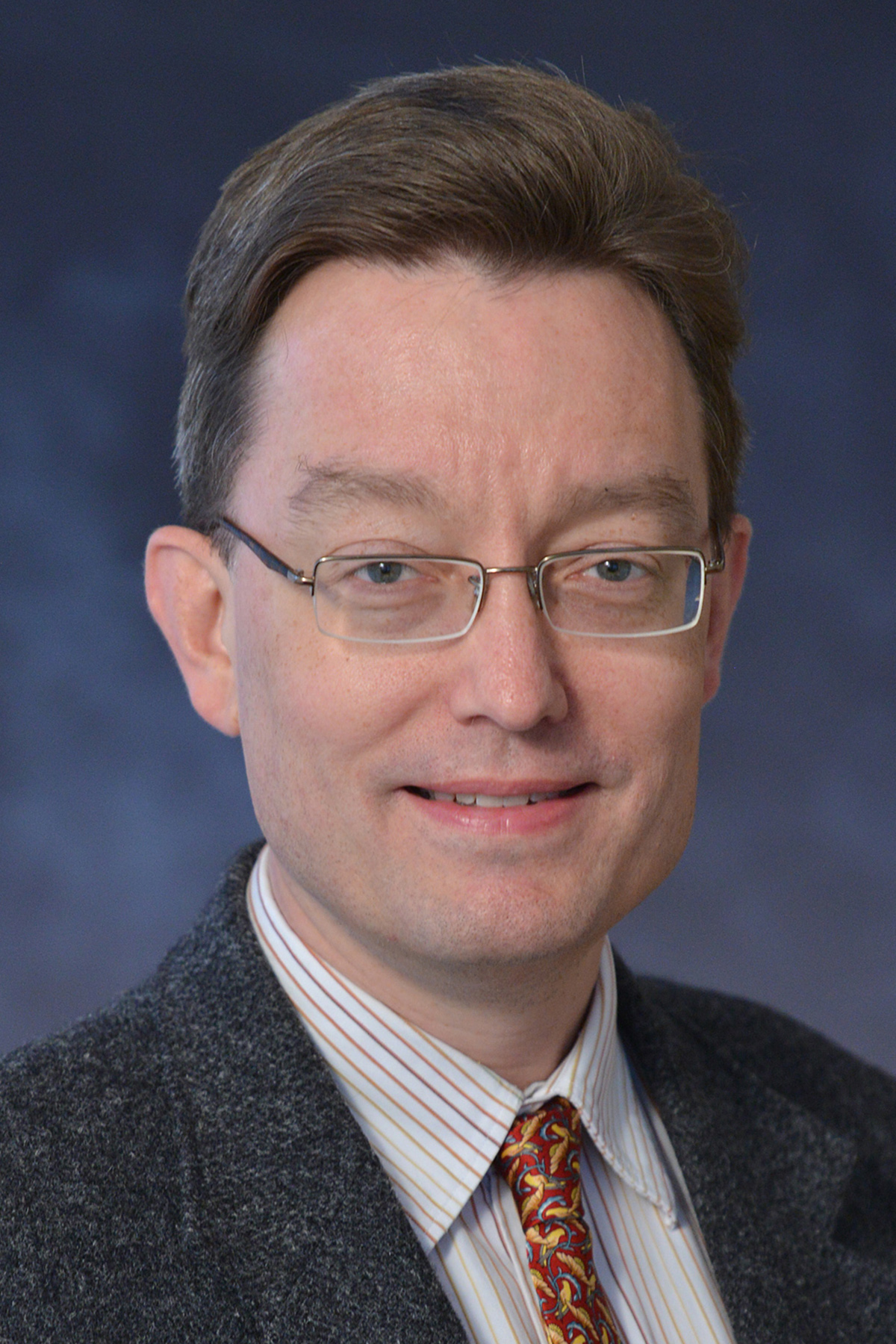
James E Swain, MD, PhD, FRCPC - Assistant Professor of Psychiatry and Child Psychiatry in the Department of Psychiatry - Child & Adolescent Section, Center for Human Growth and Development, Women's Mental Health and Infants Program and Department of Psychology at the University of Michigan. As clinician, he works with families suffering perinatal and child mental health problems. Dr. Swain's research involves the use of multiple, coordinated biological and psychological approaches to understand human attachment in mental health and illness - especially with developmental and socially informed perspectives. His studies have focused on the brain-basis and psychology associated with parenting in mental health, stressful and risky conditions, and outcomes. This work highlights the importance of salience and reward processing in addition to brain function for empathy and theory of mind processing for sensitive parenting as well as critical to aspects of child development and interventions. Translation of brain-based mechanistic understandings promises to inform healthy parenting and child development toward breaking trans-generational cycles of illness.

Jorge Moll, MD, PhD - Co-founder and President-director of the D'Or Institute of Research and Education (IDOR), Rio de Janeiro, Brazil. He obtained a medical degree and completed Neurology residency training at the Federal University of Rio de Janeiro. After obtaining a PhD in Physiology from Sao Paulo University (2003), he conducted behavioral and fMRI research as a Research Fellow at the Cognitive Neuroscience Unit, NINDS, National Institutes of Health (USA) (2004-2007), funded by an NIH Research Fellow Award. Upon returning to Brazil, he headed a research unit focused on brain imaging and neuropsychiatric disorders. In 2010 he co-founded the D'Or Institute of Research and Education (IDOR), which shelters the Cognitive and Behavioral Neuroscience Unit (CBNU), where he serves as the president-director and head respectively. At IDOR, Dr. Moll conducts research on the following main topics: cognitive and social neuroscience, functional MRI, emotional neurofeedback, real-time brain imaging and software development, moral emotions, altruistic decision-making, psychological and neural bases of prosocial and antisocial behaviors.
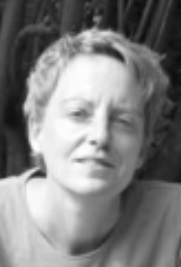
Prof. Silke Anders - Professor for Social and Affective Neuroscience, Department of Neurology, University of Lubeck. Dr Anders' research strives to uncover the neurobiological bases of human social relations. In this research, they take a between-brain perspective. This means they are not primarily interested in the brains of single individuals, but in the interaction between brains. One aim of this research is to model the dynamics of inter-individual relations and social networks at the neural level. Closely interlinked with this research is the second focus of their research, the neurobiological bases of emotional experiences. To measure neural activity, Dr Anders and her team mainly use functional magnetic resonance imaging (fMRI). To analyze these data, they combine standard analysis techniques and novel multivariate approaches which they develop in close collaboration with partners from the neuroinformatics.
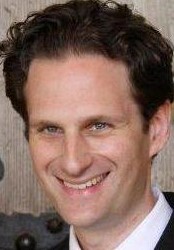
Roland Zahn, MD - Senior Clinical Lecturer and Honorary Consultant Psychiatrist at the Institute of Psychiatry, Psychology & Neuroscience, King's College London since 2013. His research focus is to understand the neurocognitive bases of moral emotions, social knowledge and affective disorders, especially the role of self-blame, and to develop novel neuromodulation-based and neurocognitive treatments for depression. As an honorary consultant psychiatrist he is running an affective disorders service in primary care. After completing his research doctorate in neurology at the University of Aachen in 1999 and completing his psychiatry training at Freiburg University in 2004, he went to the US NIH for a 3 year postdoc, partly funded by the German National Academy of Sciences. He continued his research into social knowledge and guilt in depression and frontotemporal dementia at the University of Manchester funded by a University Stepping Stones award. His work on predictive imaging biomarkers for recurrence in depression was subsequently funded by a UK Medical Research Council Clinician Scientist fellowship. Ongoing research into a novel fMRI neurofeedback treatment for self-blame in depression was recently funded by a NARSAD independent investigator award.

Soeren Krach - Professor Soeren Krach, PhD, is head of the Social Neuroscience Lab at the Translational Psychiatry Unit (TPU) at Luebeck University, Germany. He is interested in the neurobiological mechanisms underlying the processing of social emotions and the formation of self-concepts. His clinical focus is on Autism Spectrum Disorder and Social Anxiety.
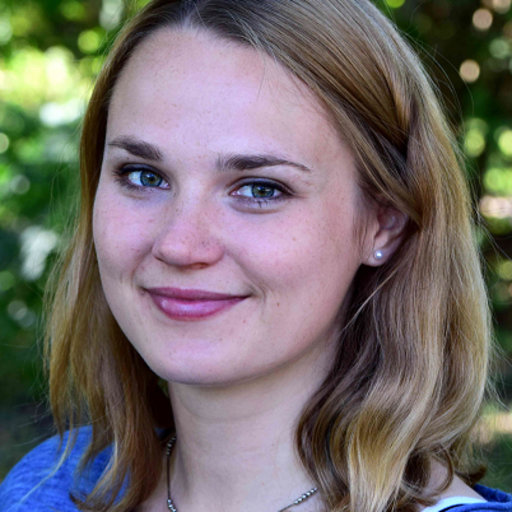
Annalina Mayer, MSc - Annalina Mayer, MSc is a PhD student in Social Neuroscience Lab at the Translational Psychiatry Unit (TPU) at Luebeck University, Germany. She is interested in social cognition and affect and their neural correlates in health and mental disorders.
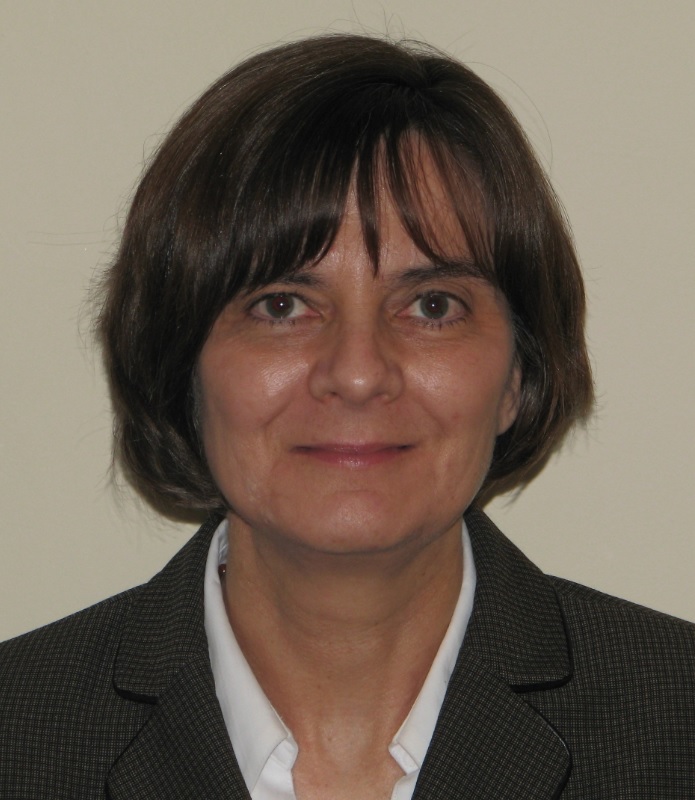
Tamara Newton, PhD - Associate Professor, Department of Psychological and Brain Sciences, University of Louisville. Dr. Newton's interdisciplinary research focuses on the psychobiology of interpersonal stress and emotion. Her work encompasses the psychobiology of basic dimensions of interpersonal functioning (hostility and warmth, dominance and submissiveness), the mental and physical health consequences of exposure to interpersonal stress and trauma, particularly intimate partner abuse, and processes that contribute to recovery from such stress. Her research is motivated by an interest in cross-species socioemotional behaviors, and the development of translational models to understand and improve human health. Sex differences and gender differences are cross-cutting themes in her work.